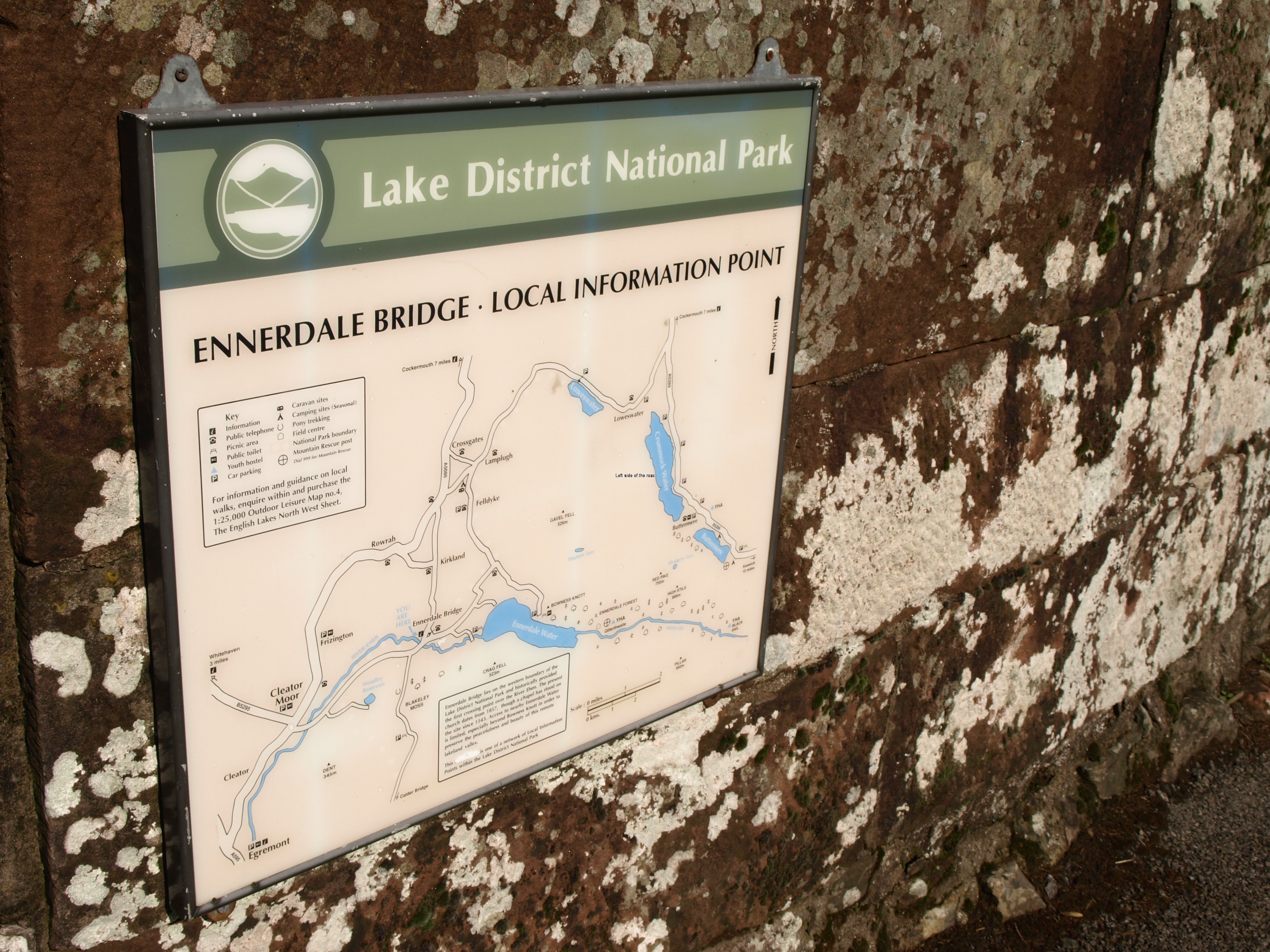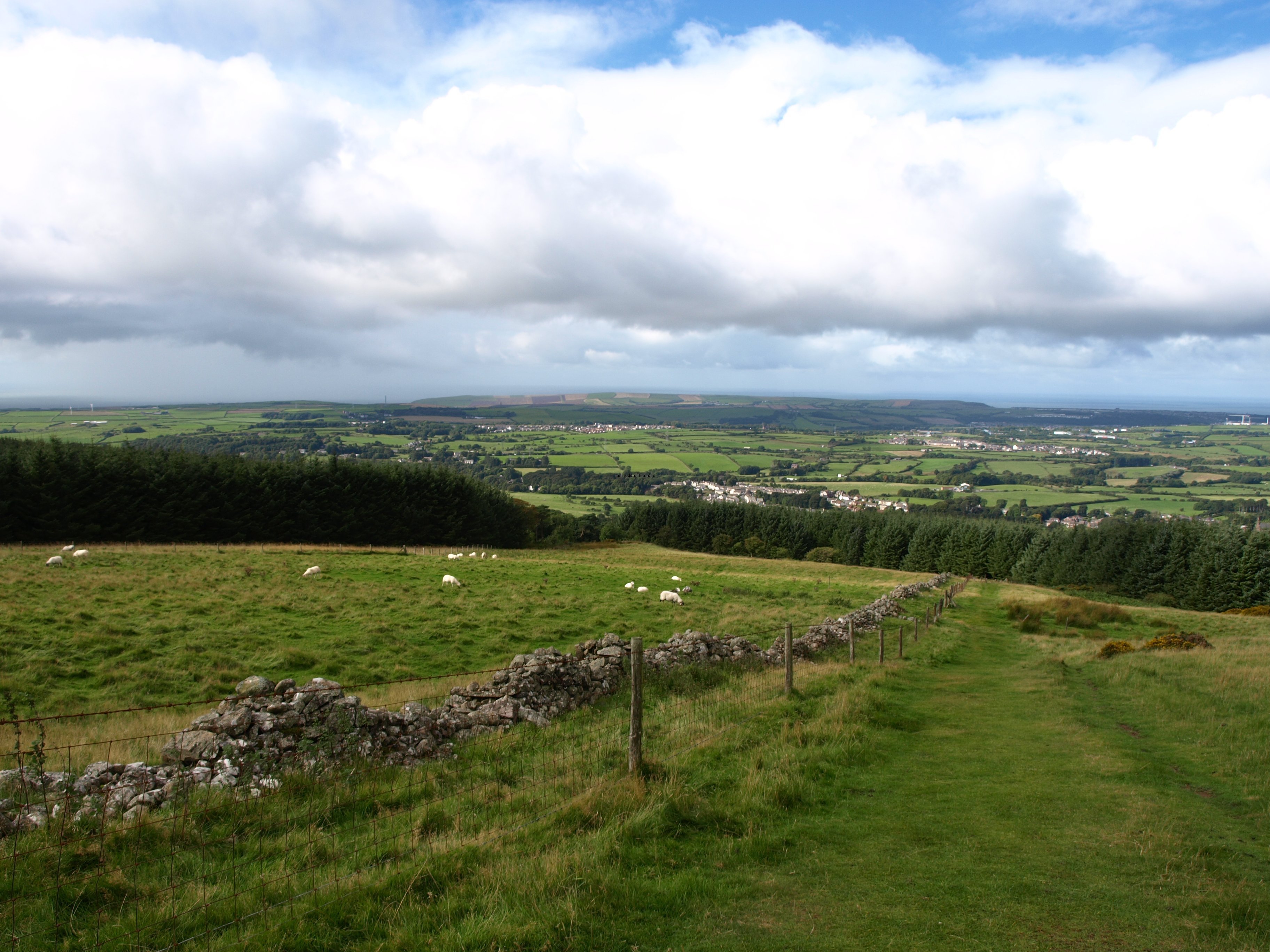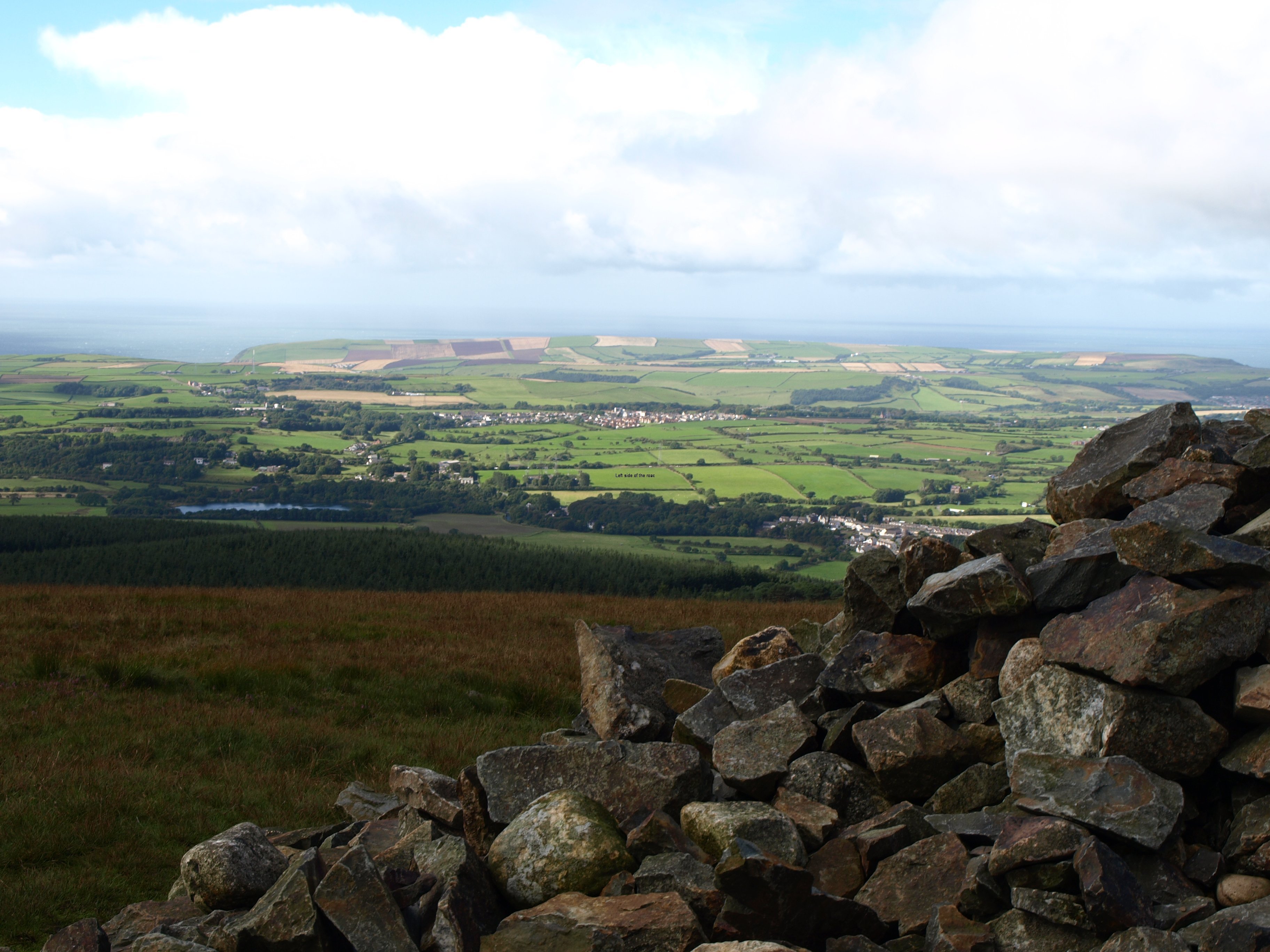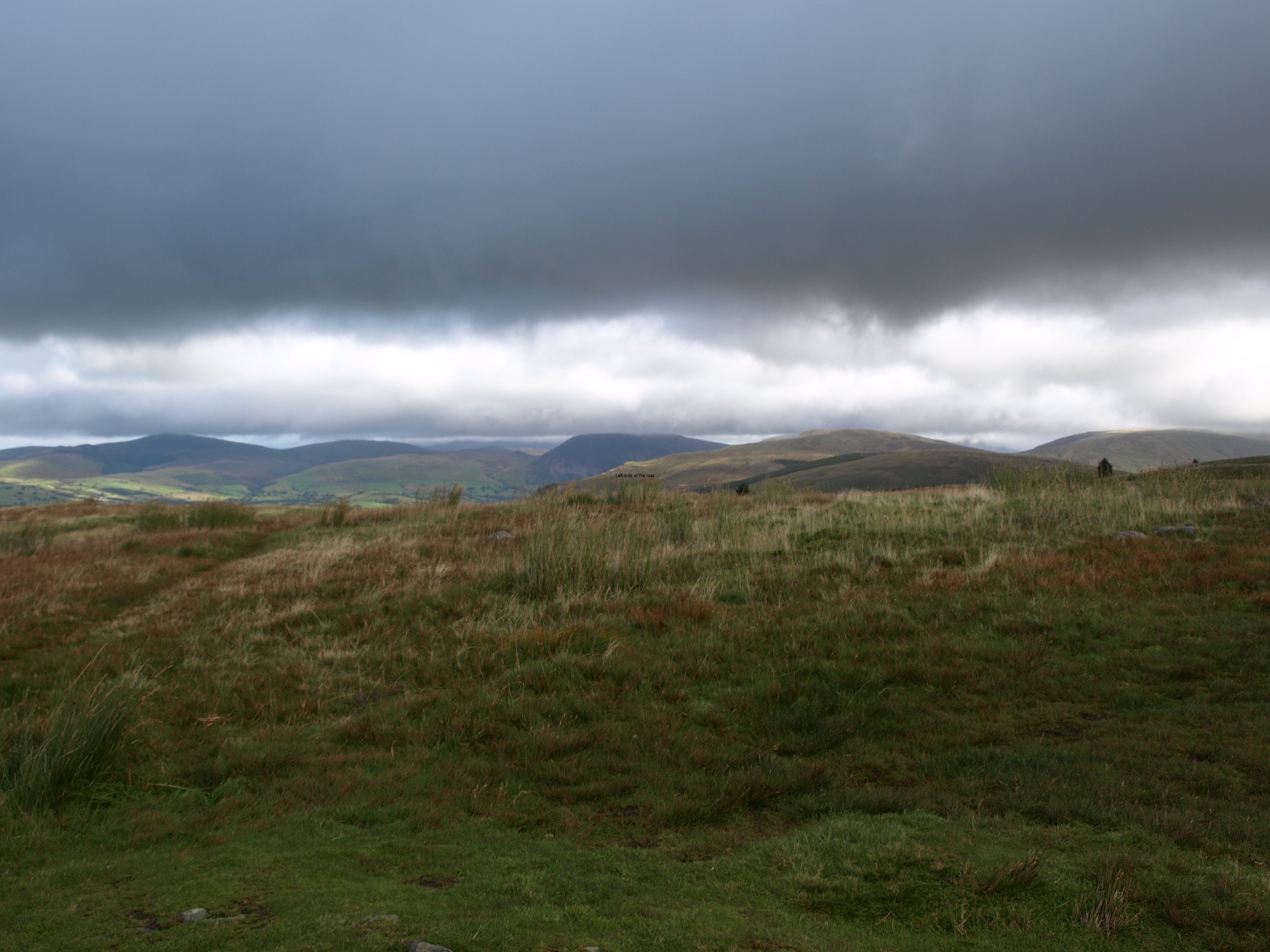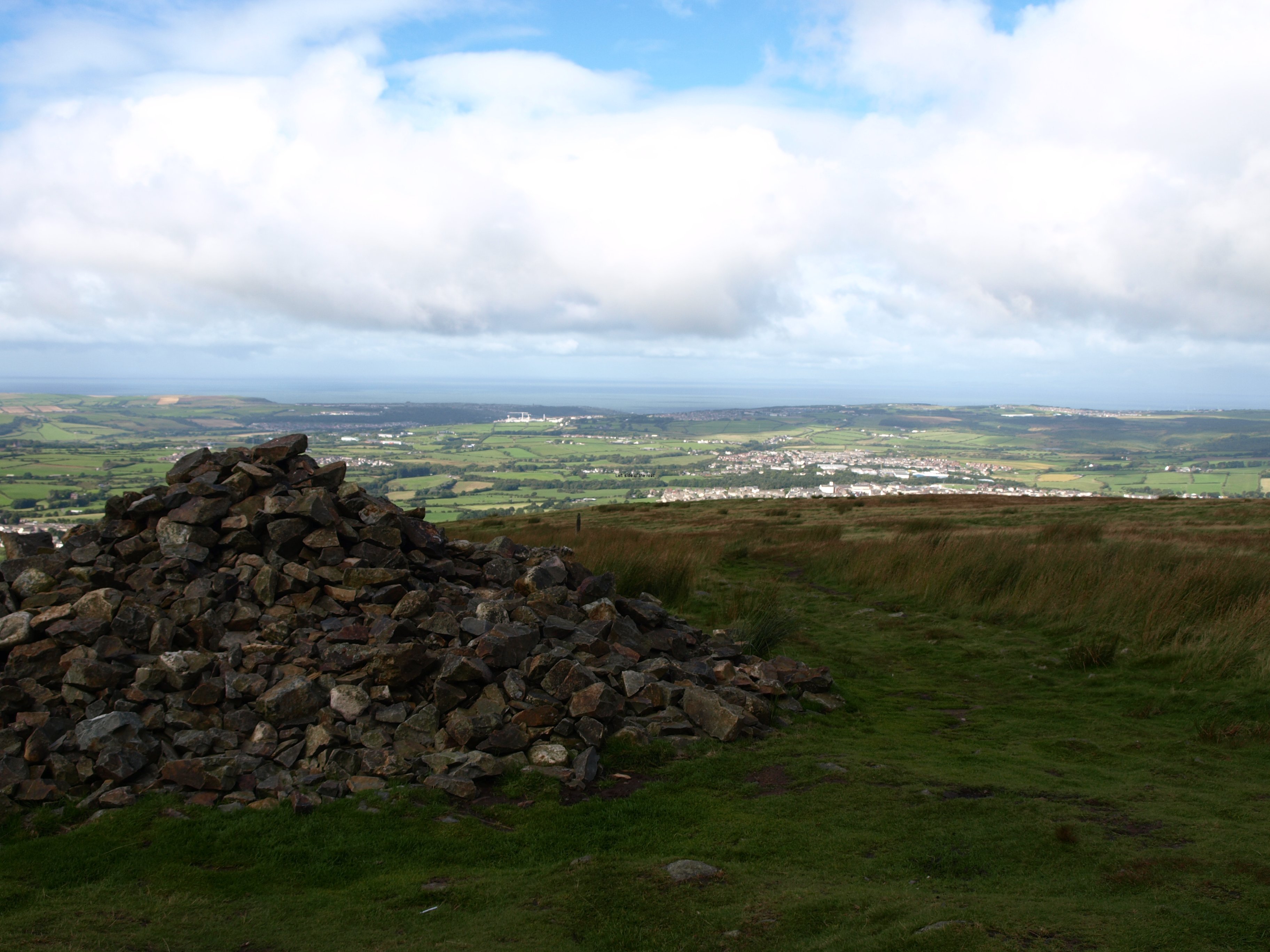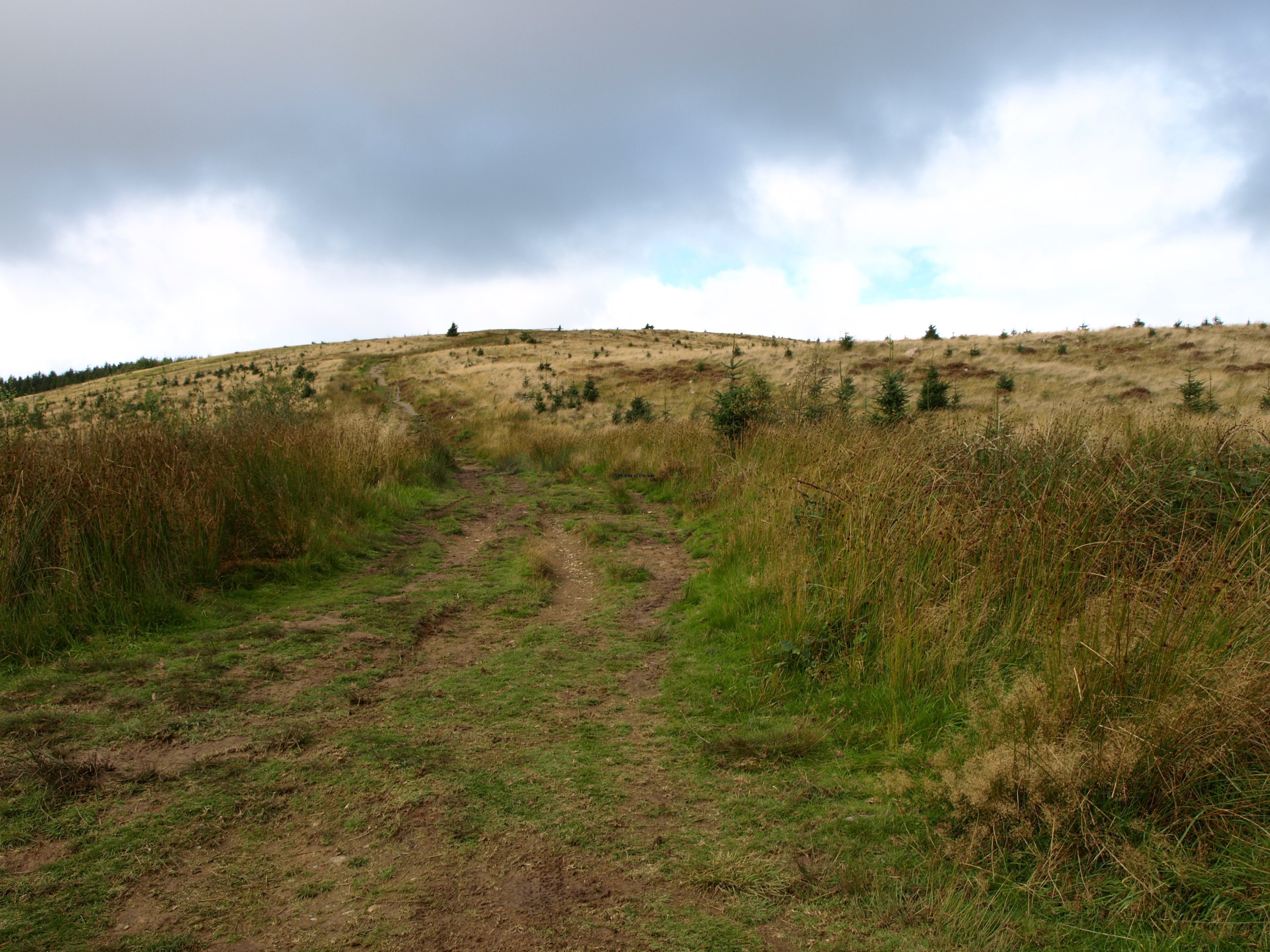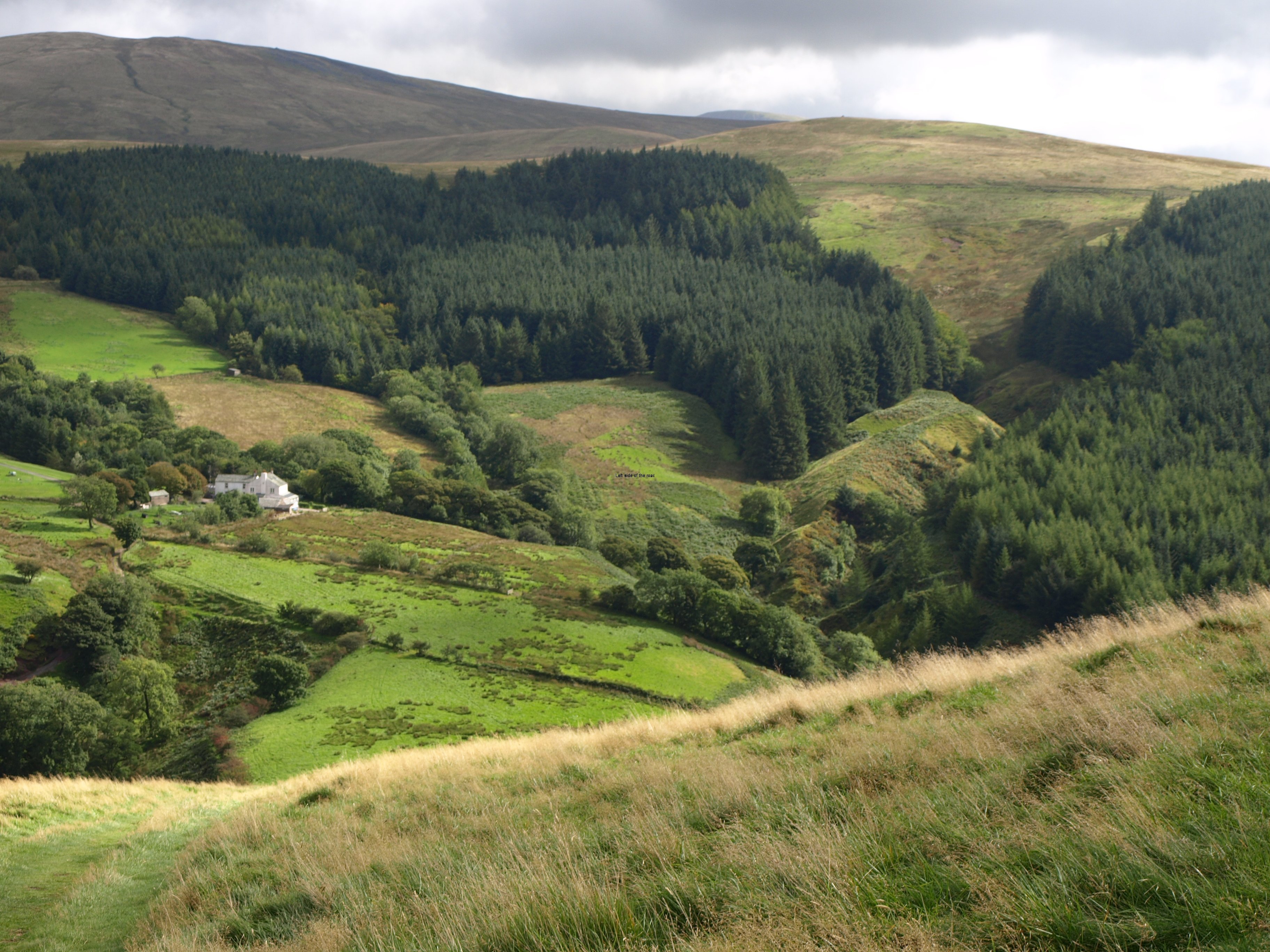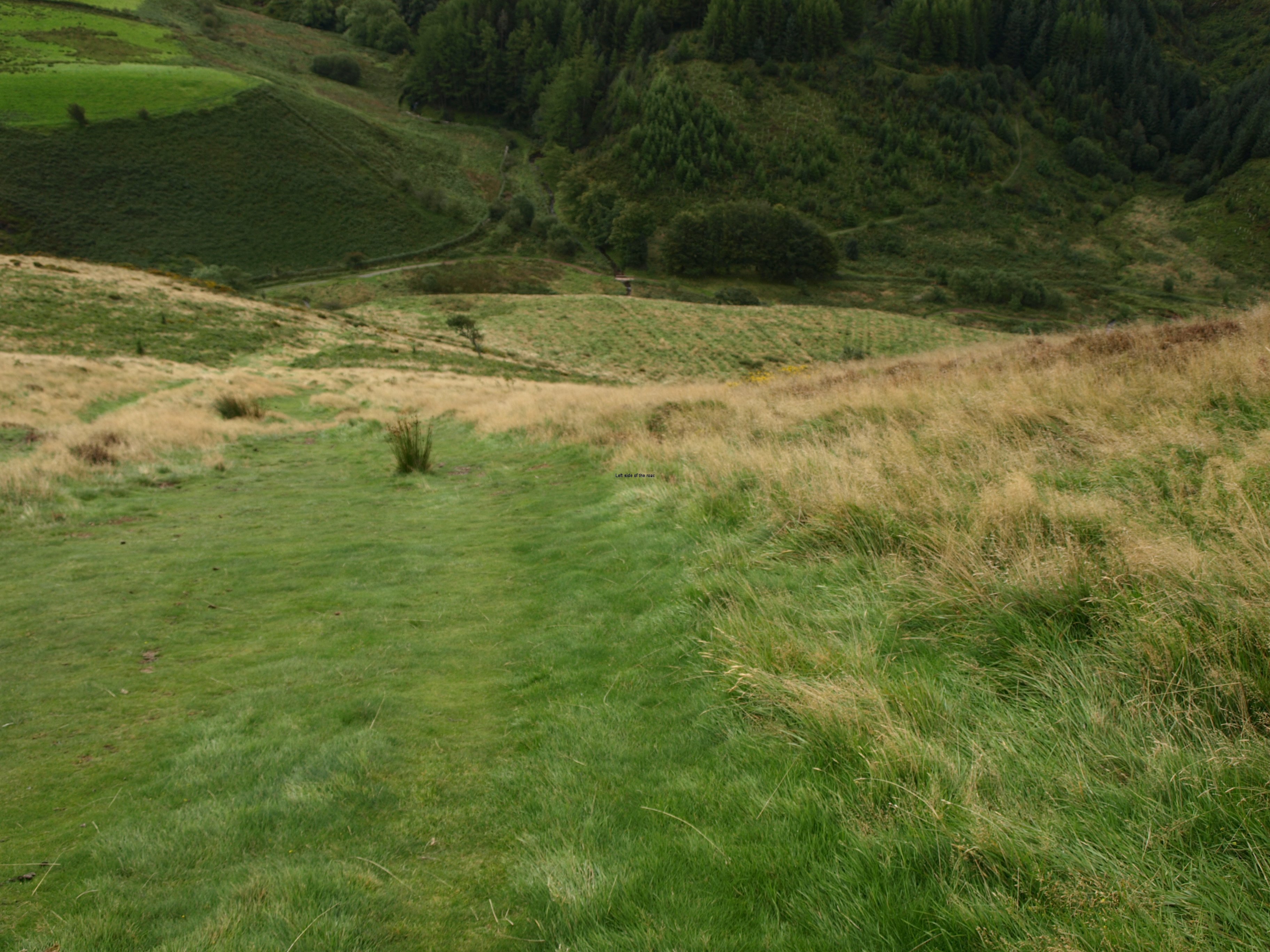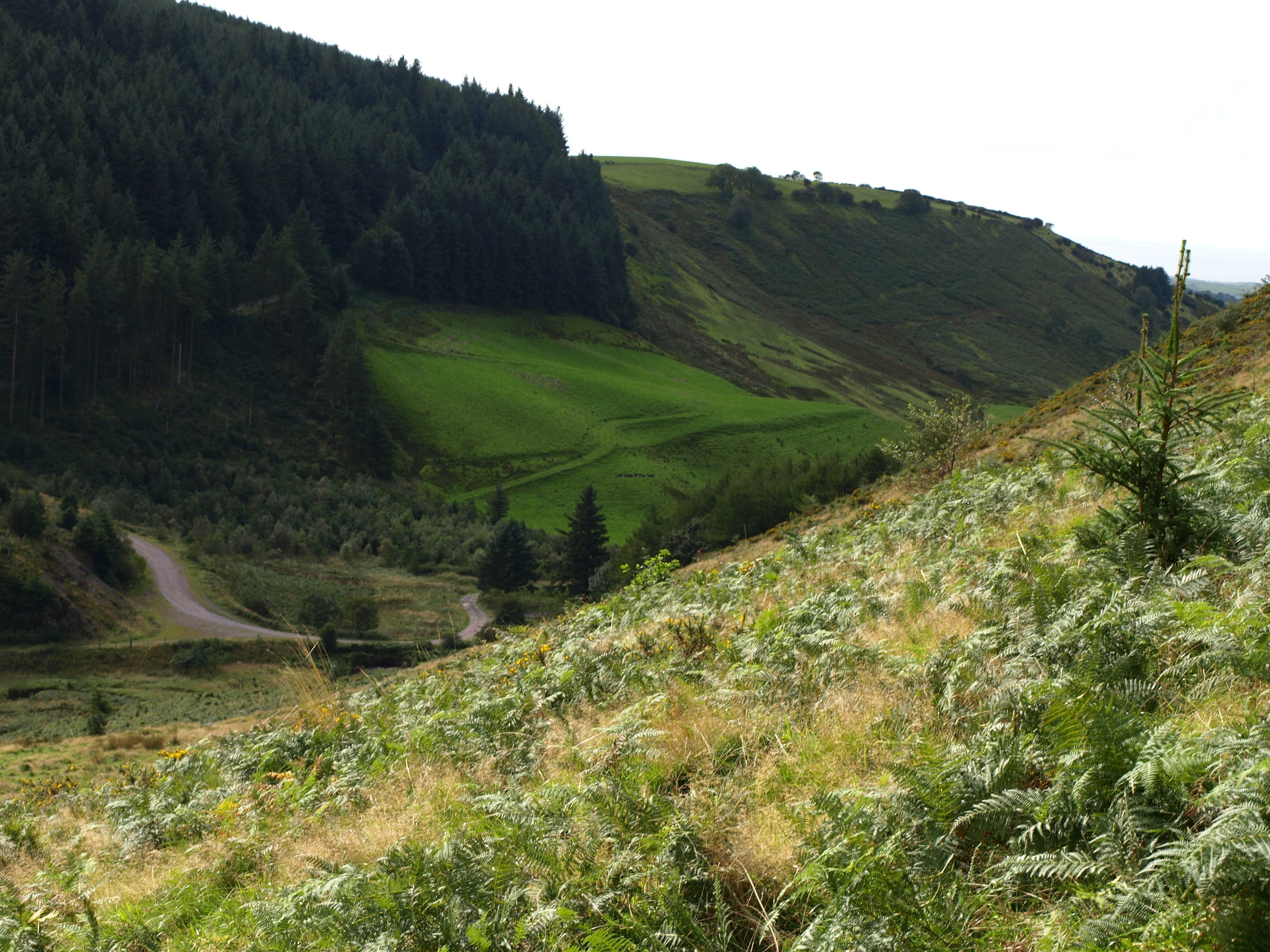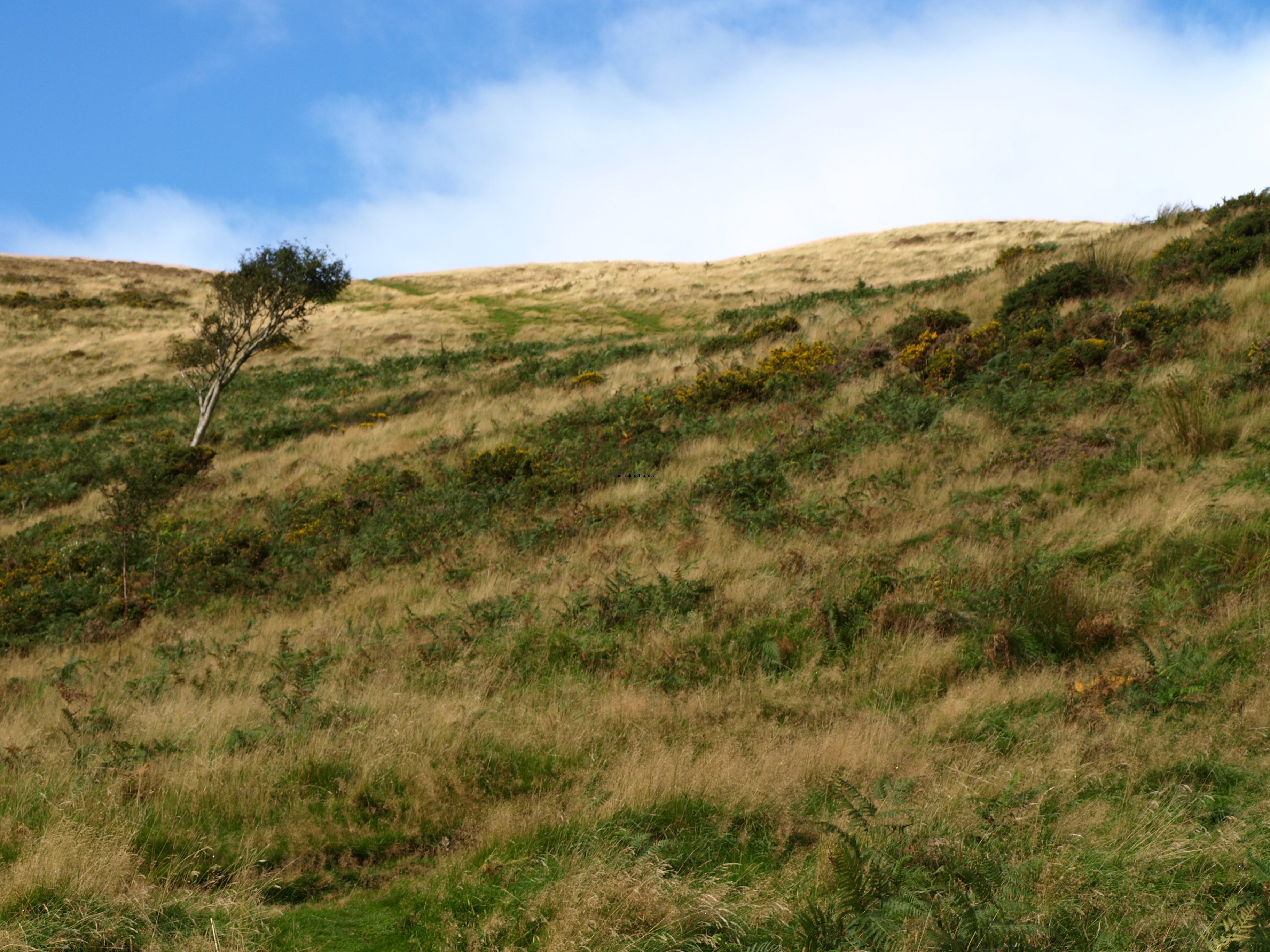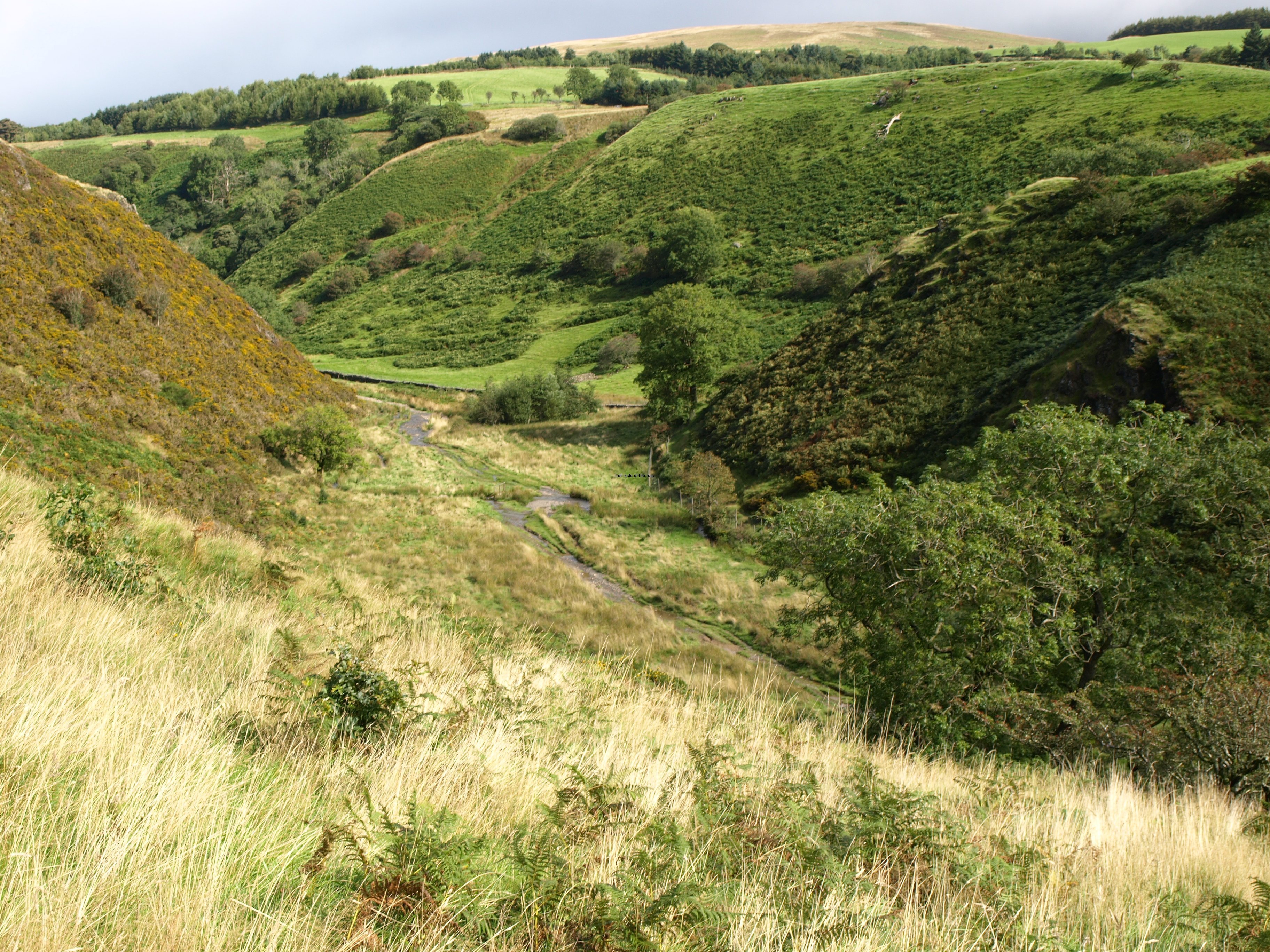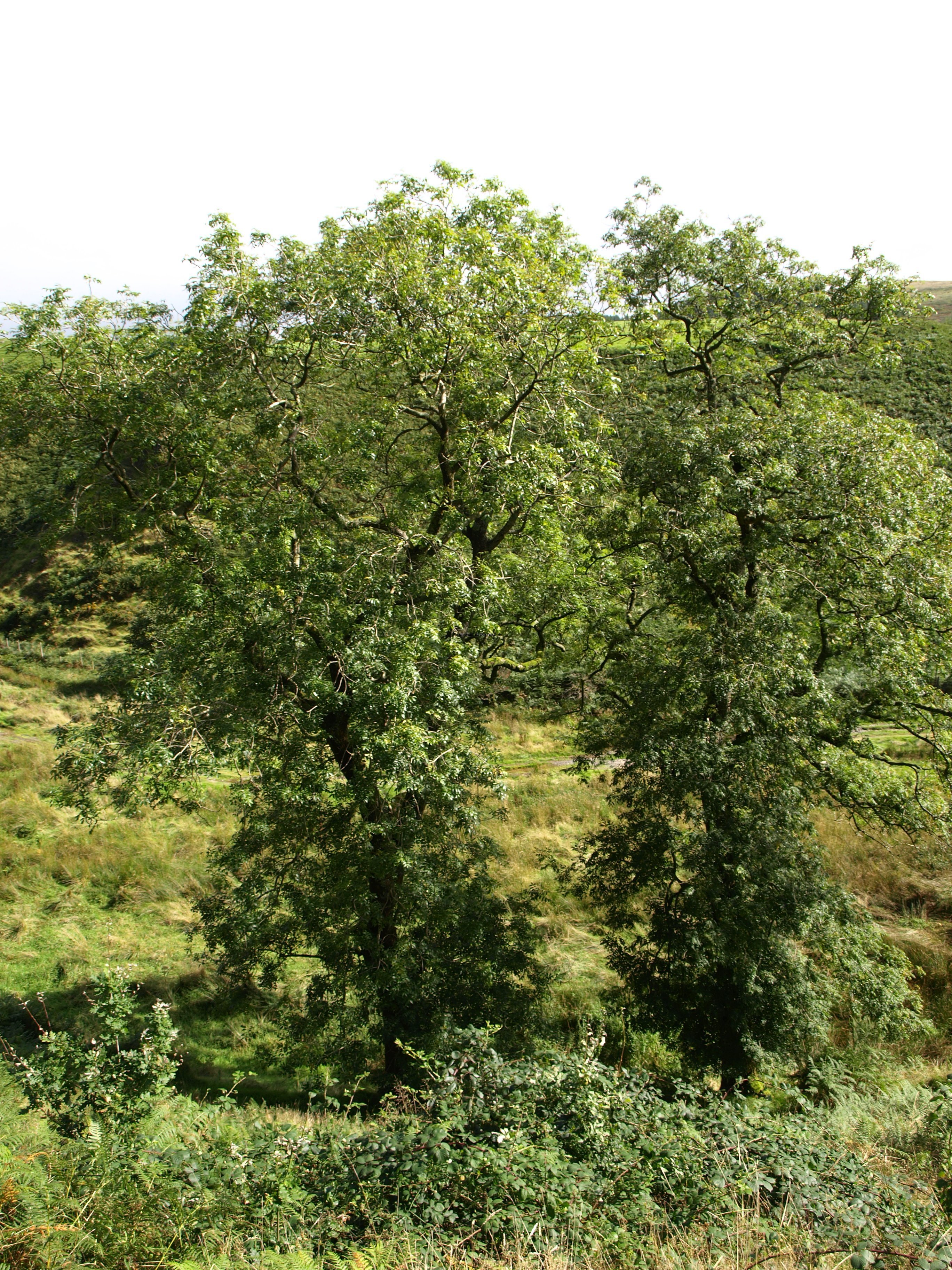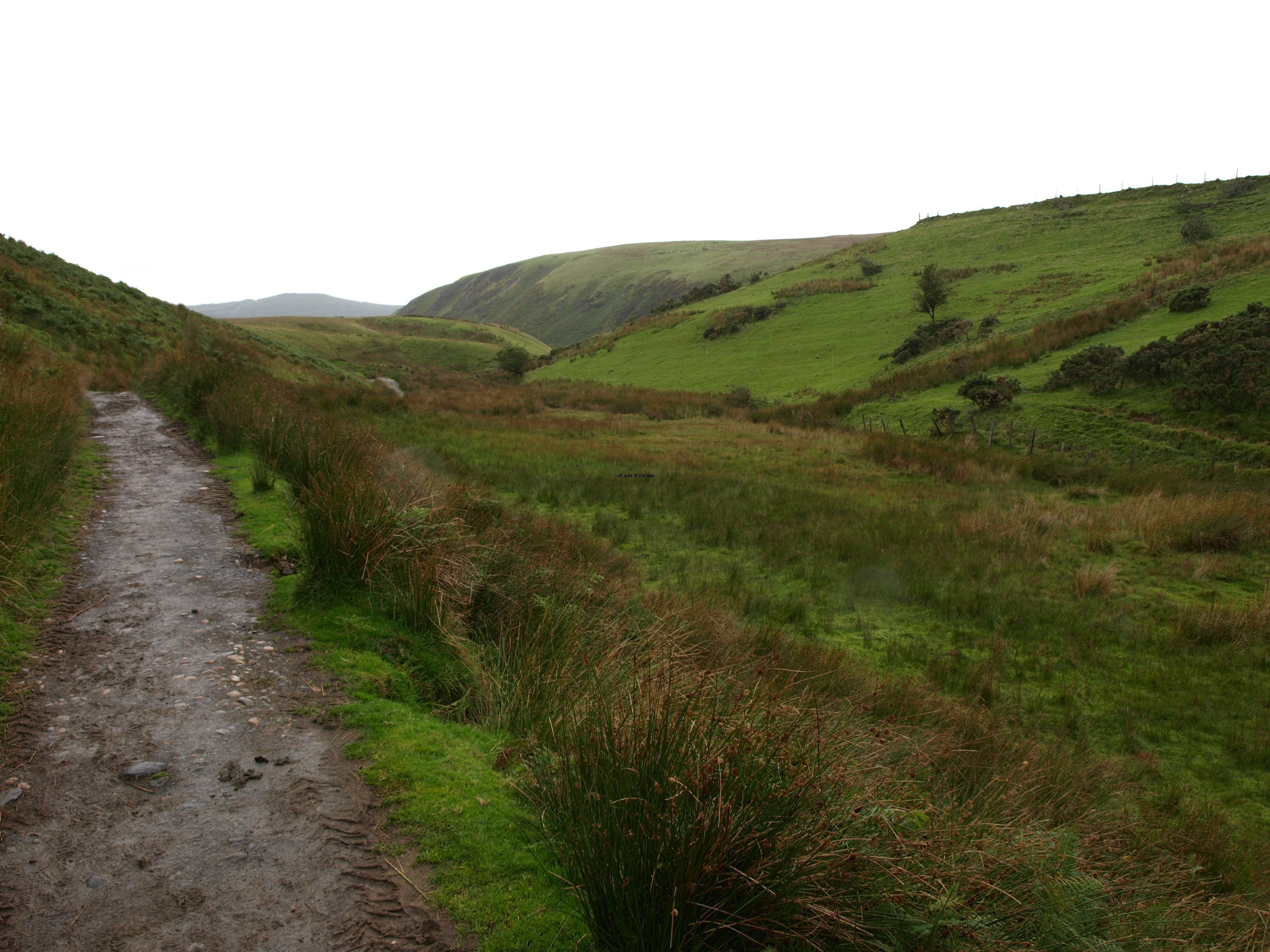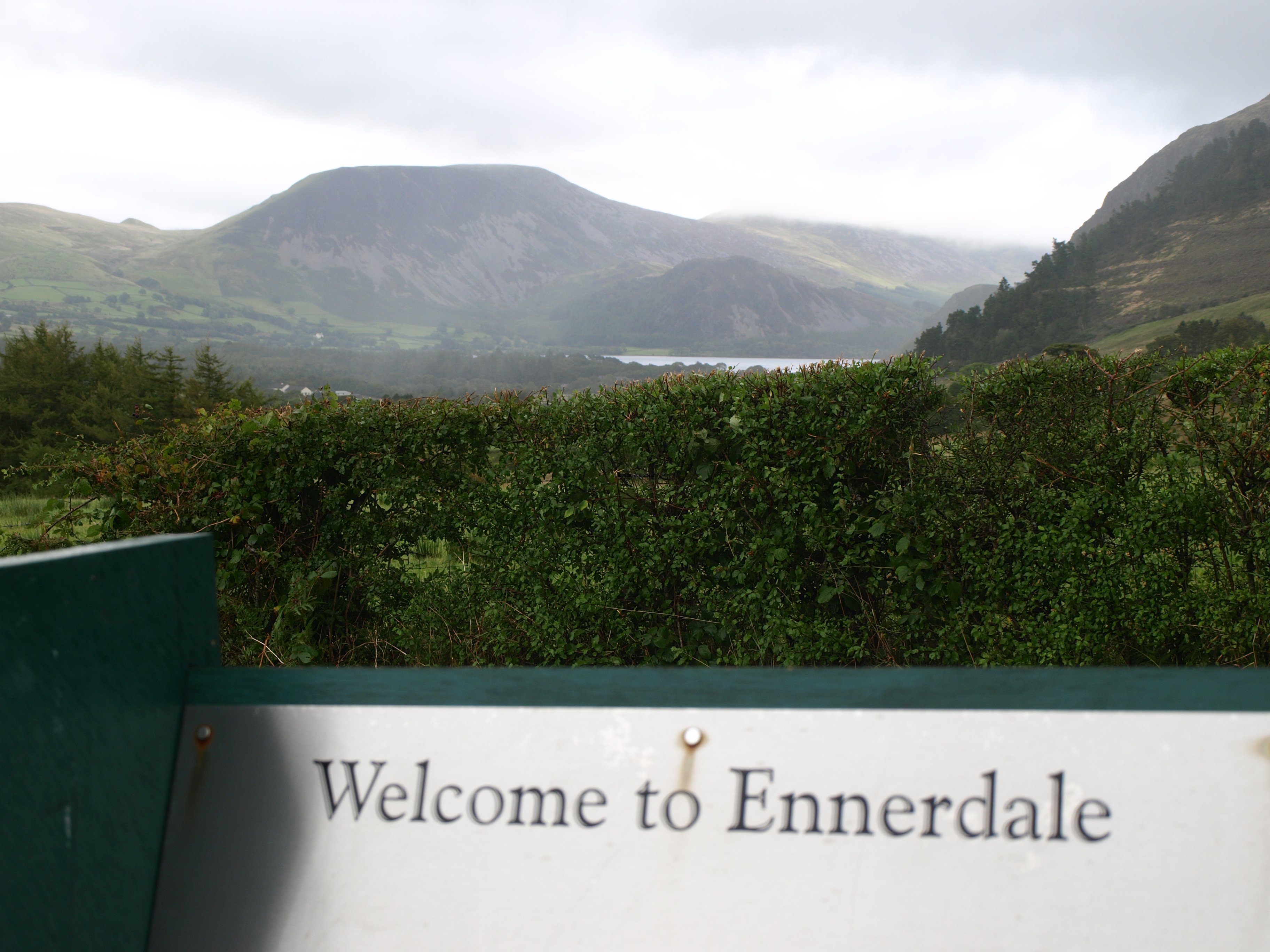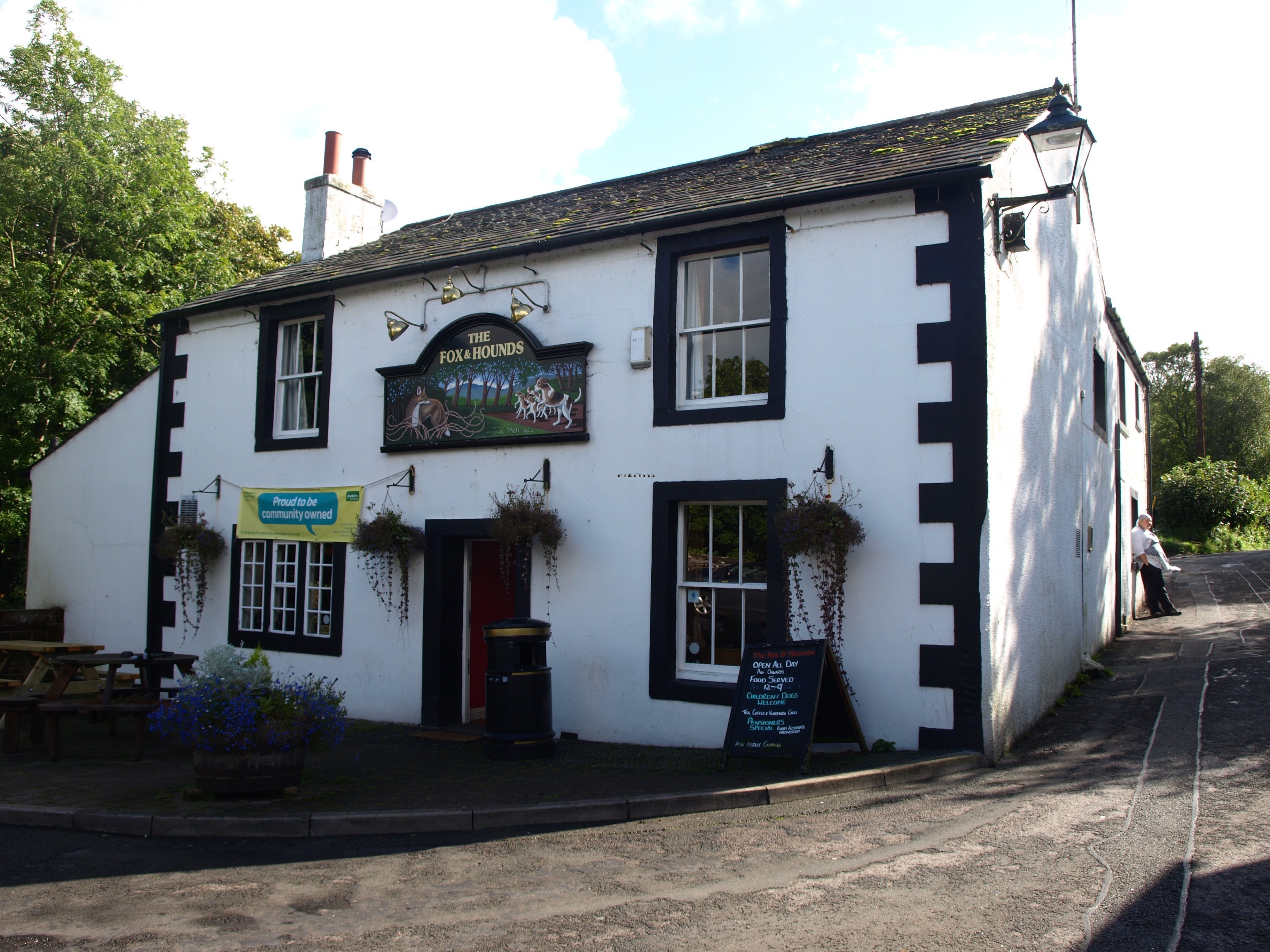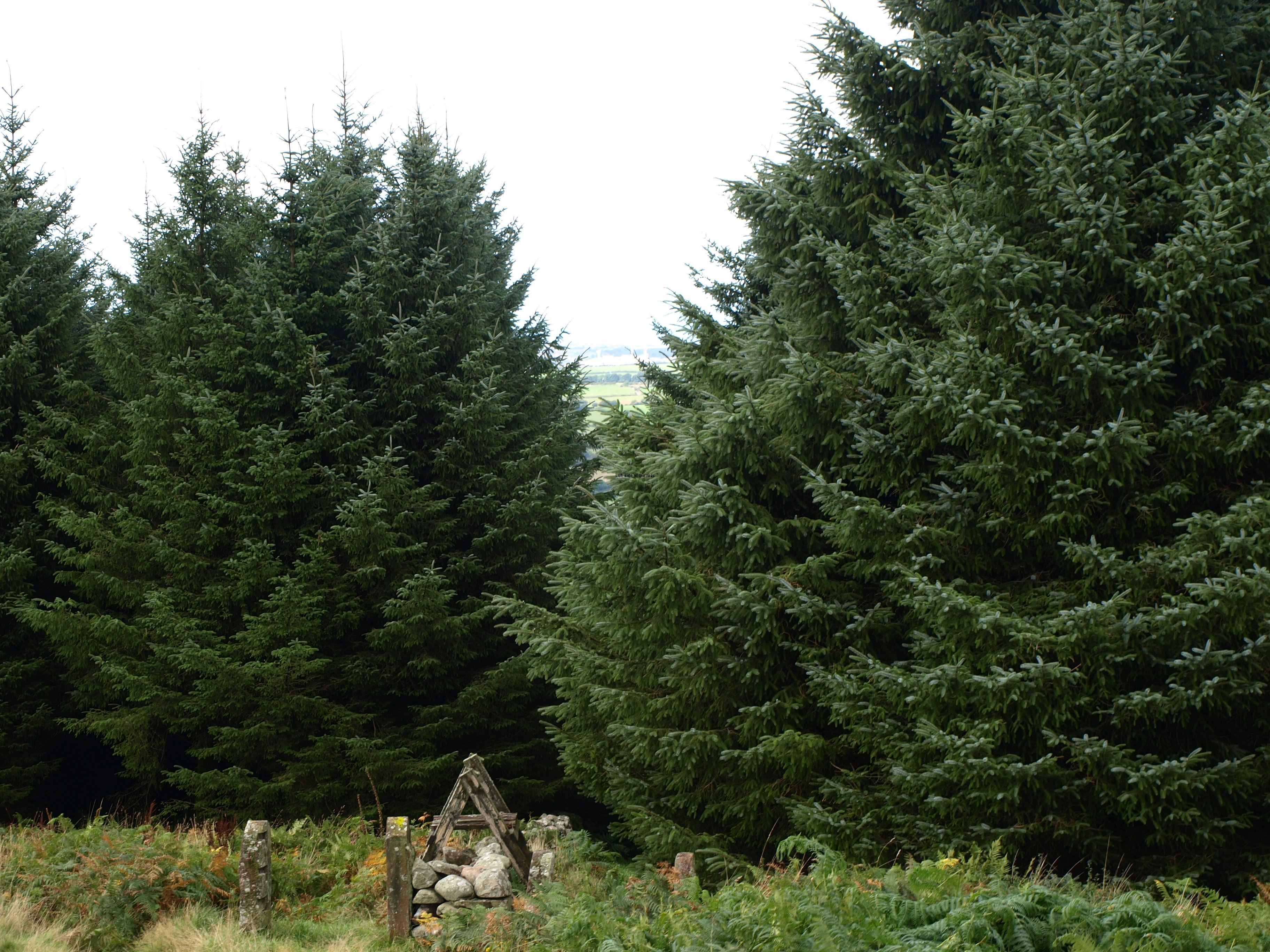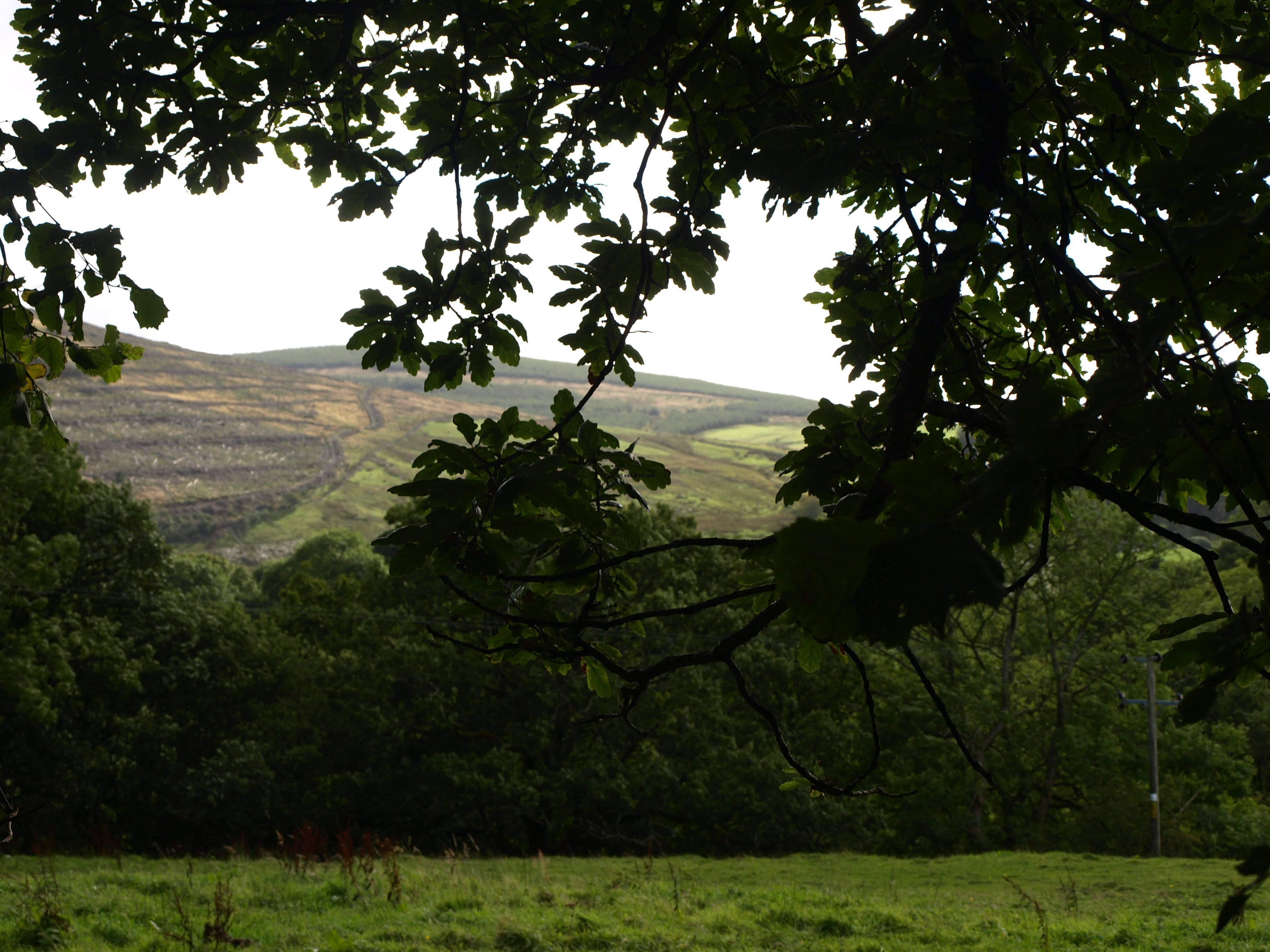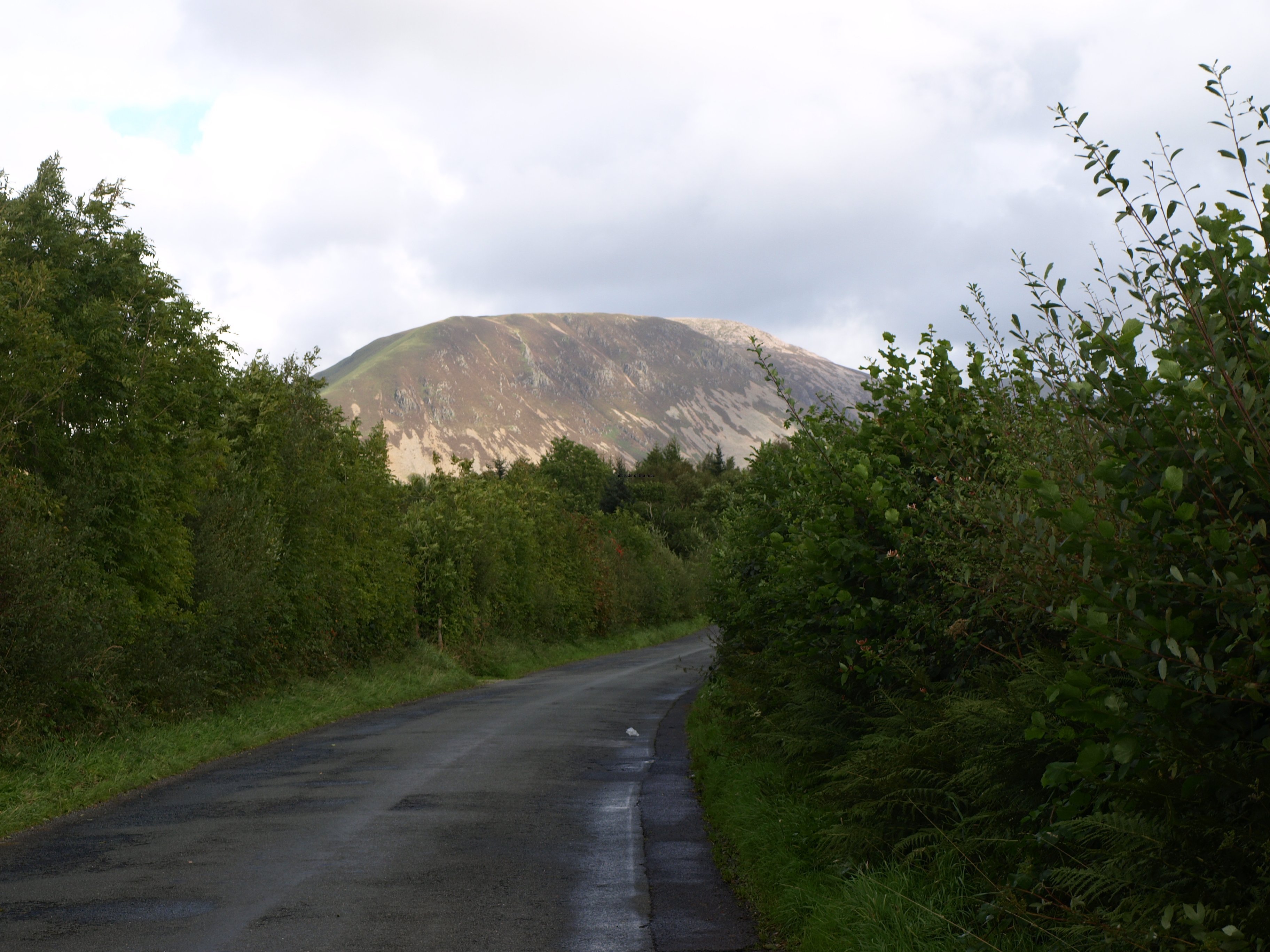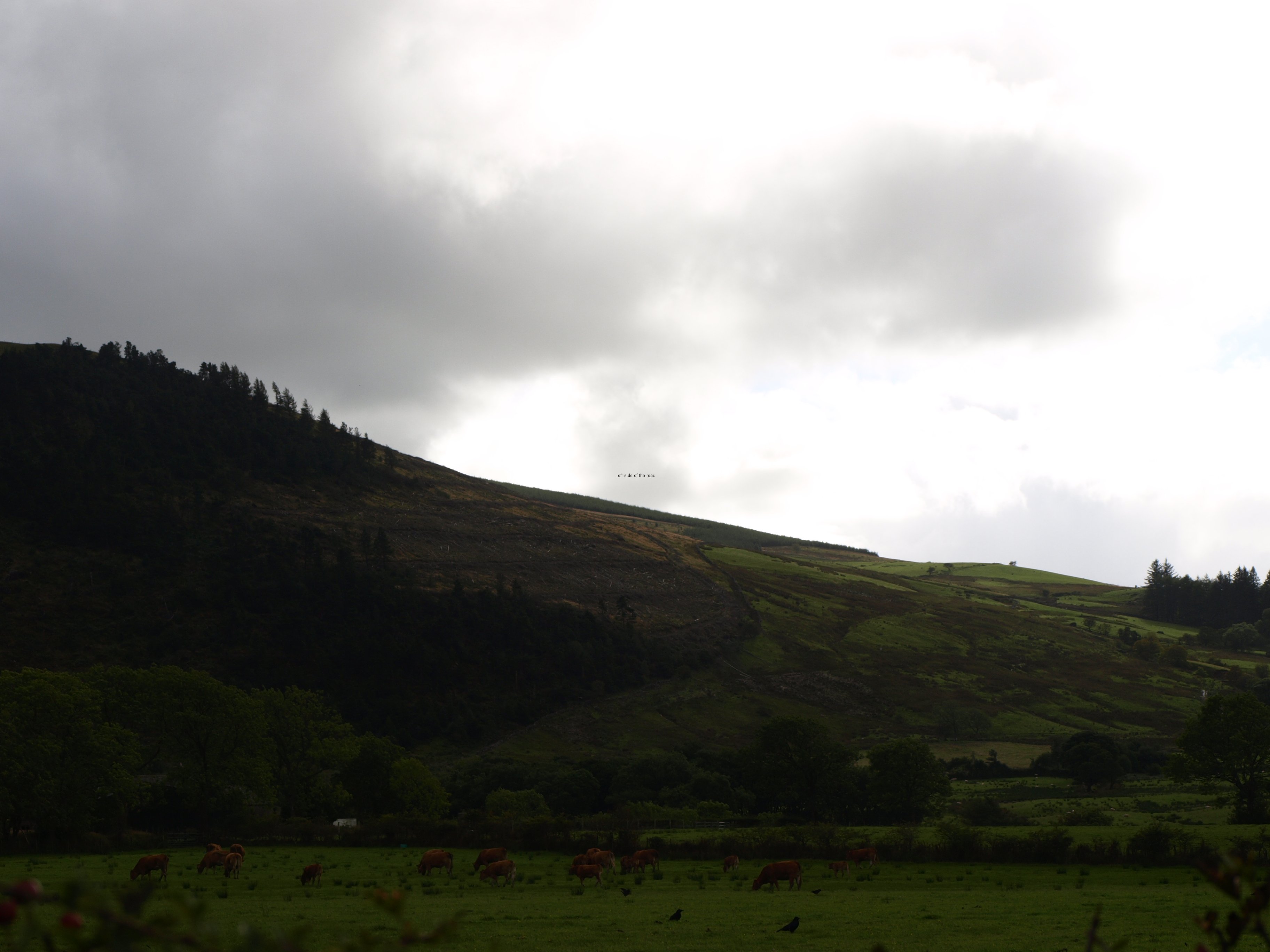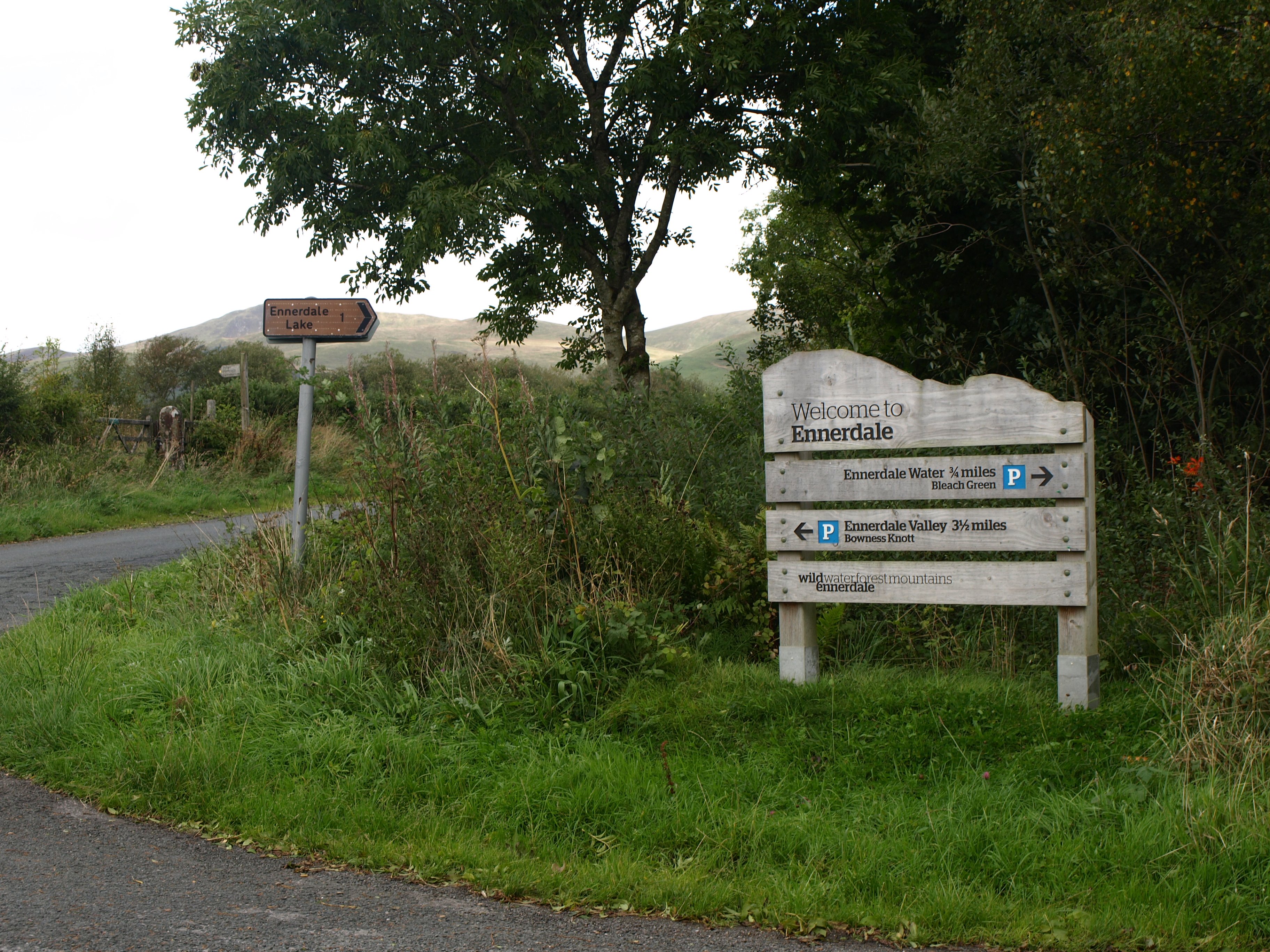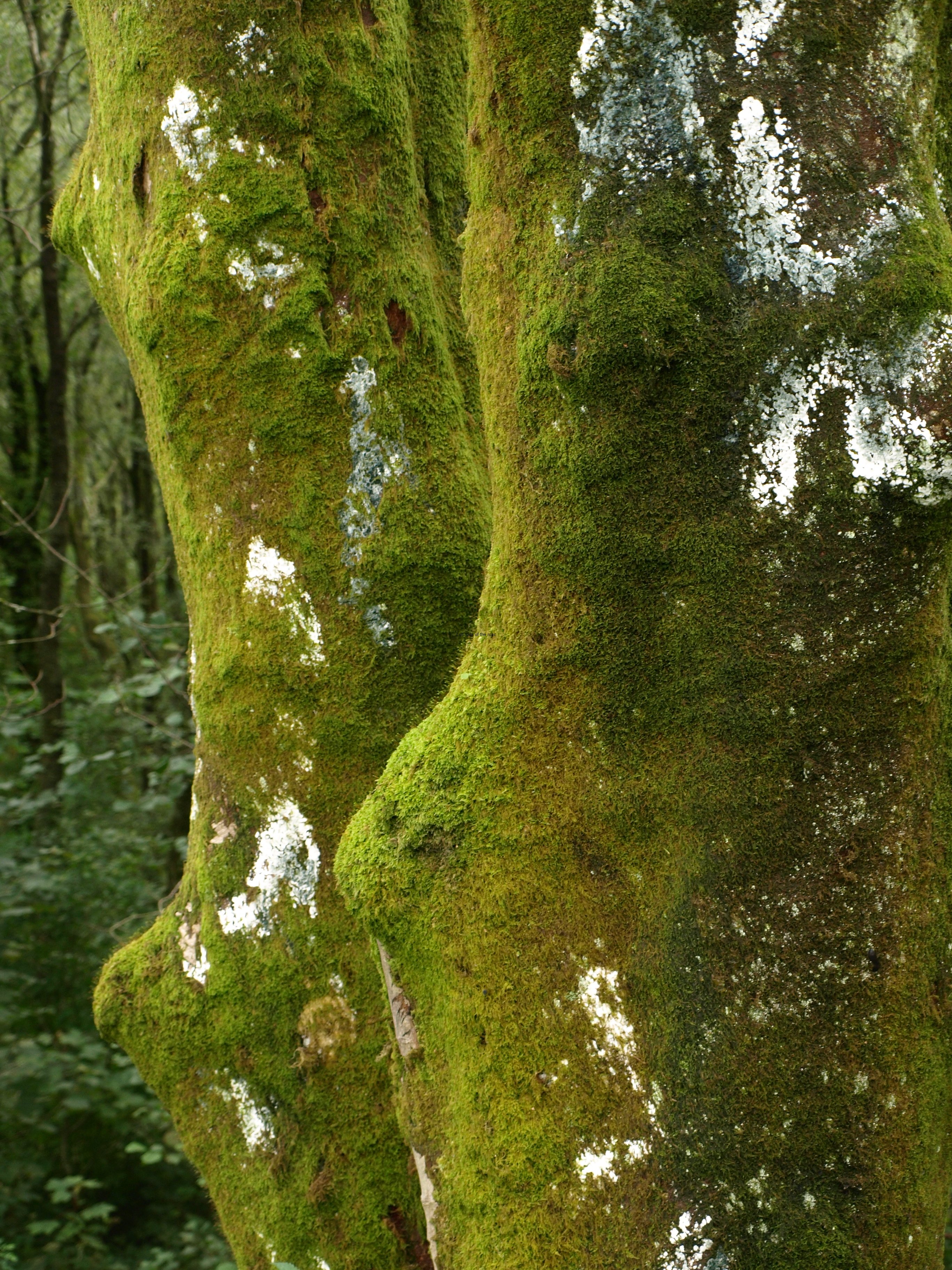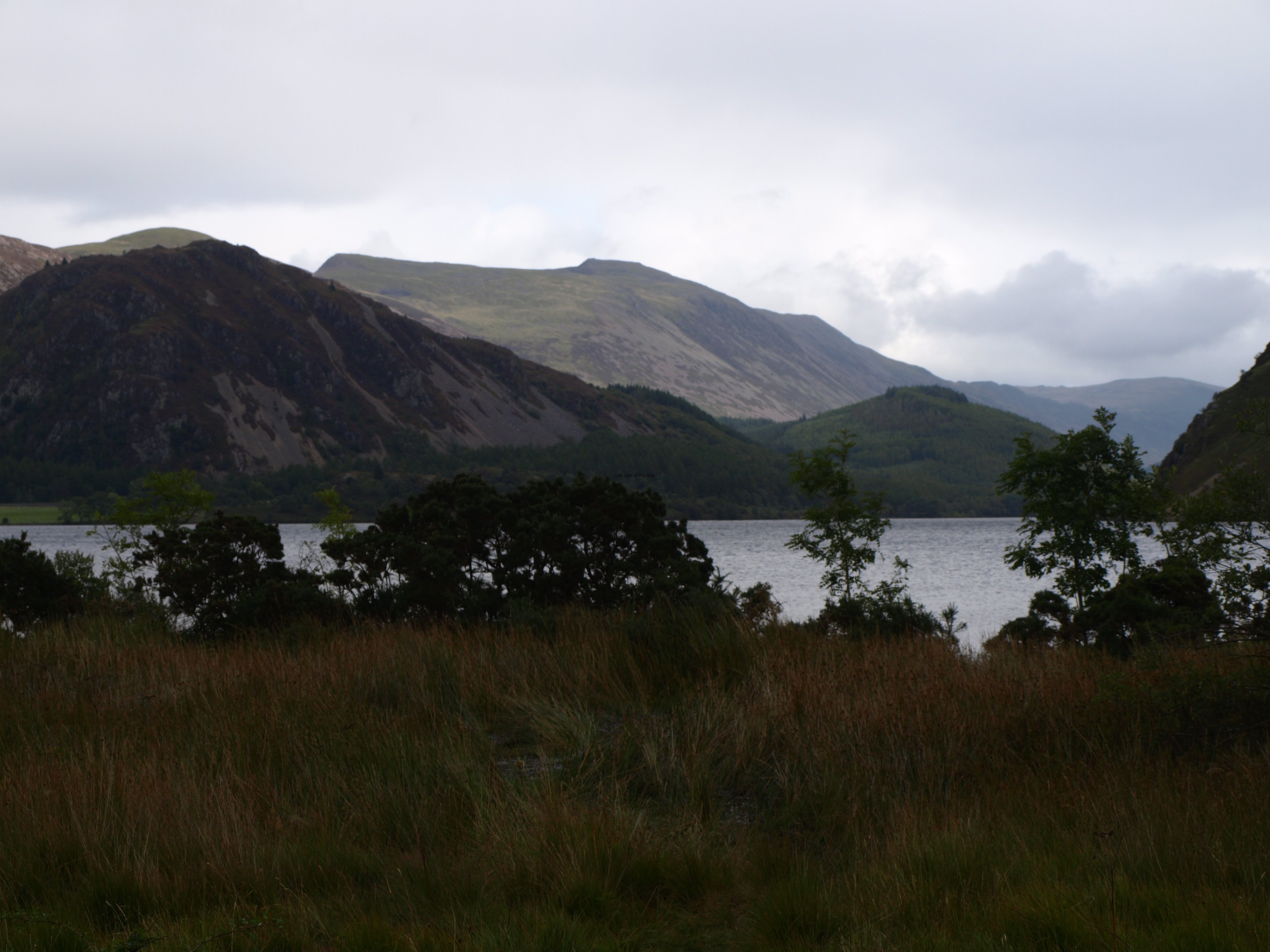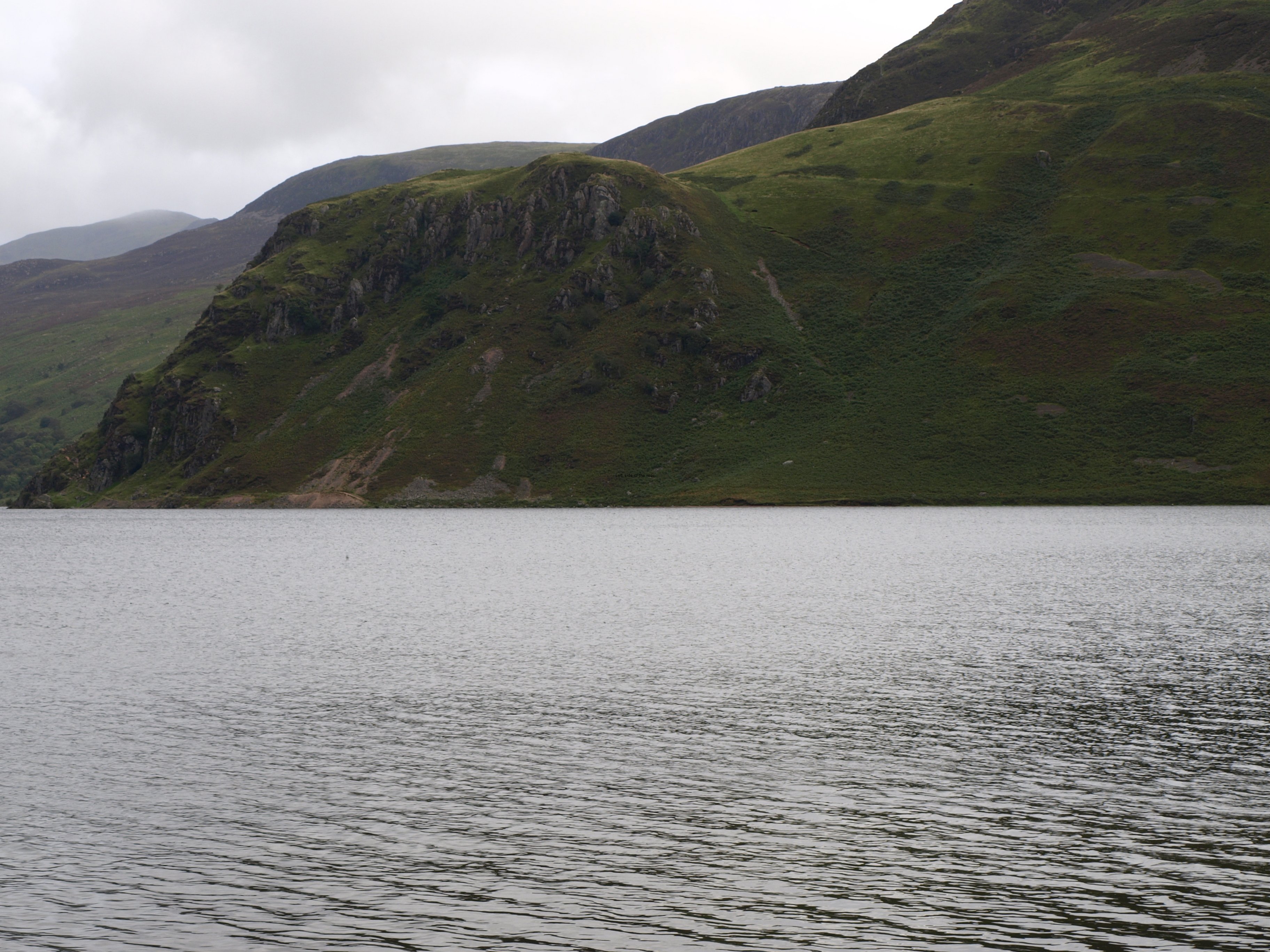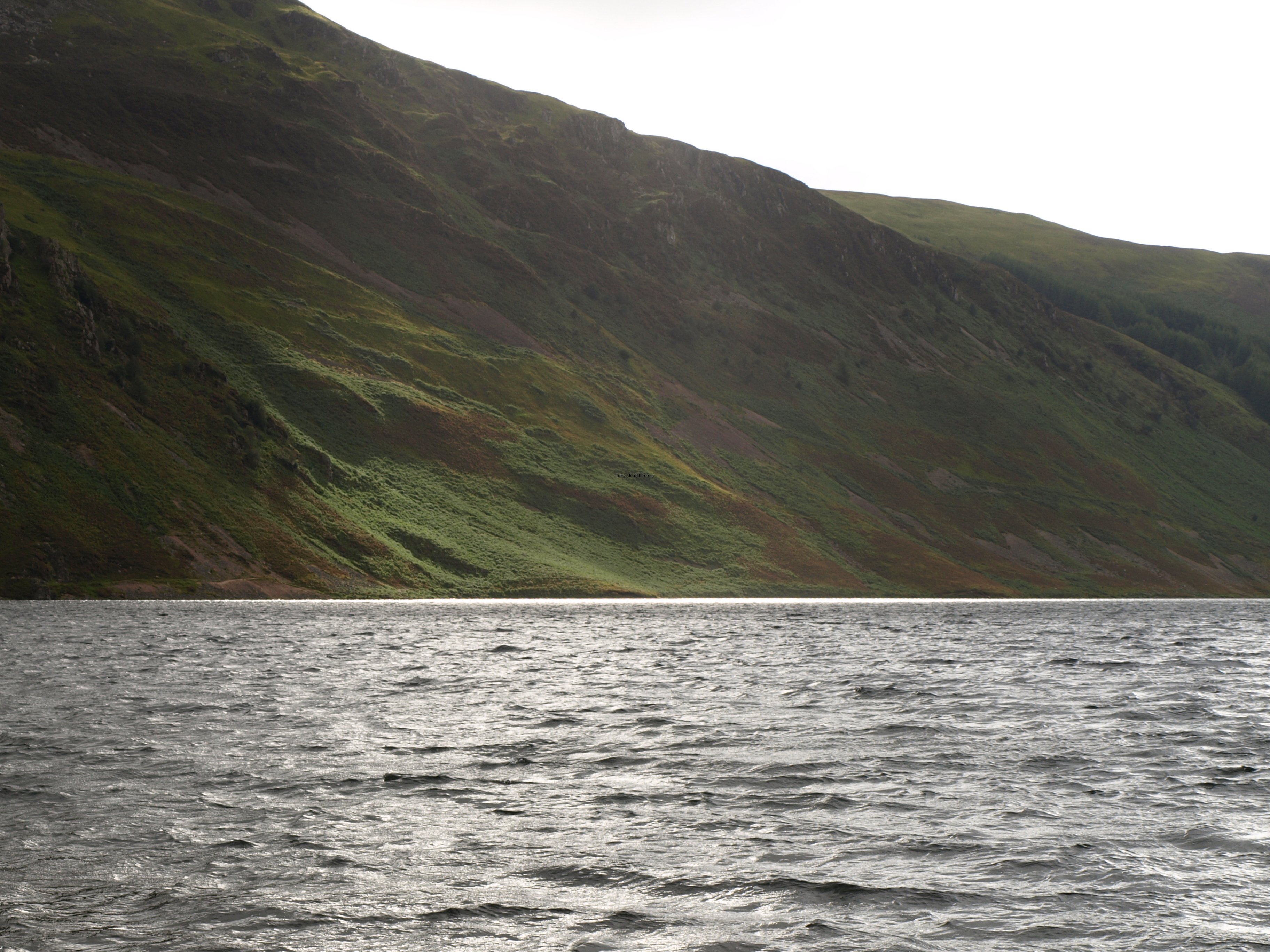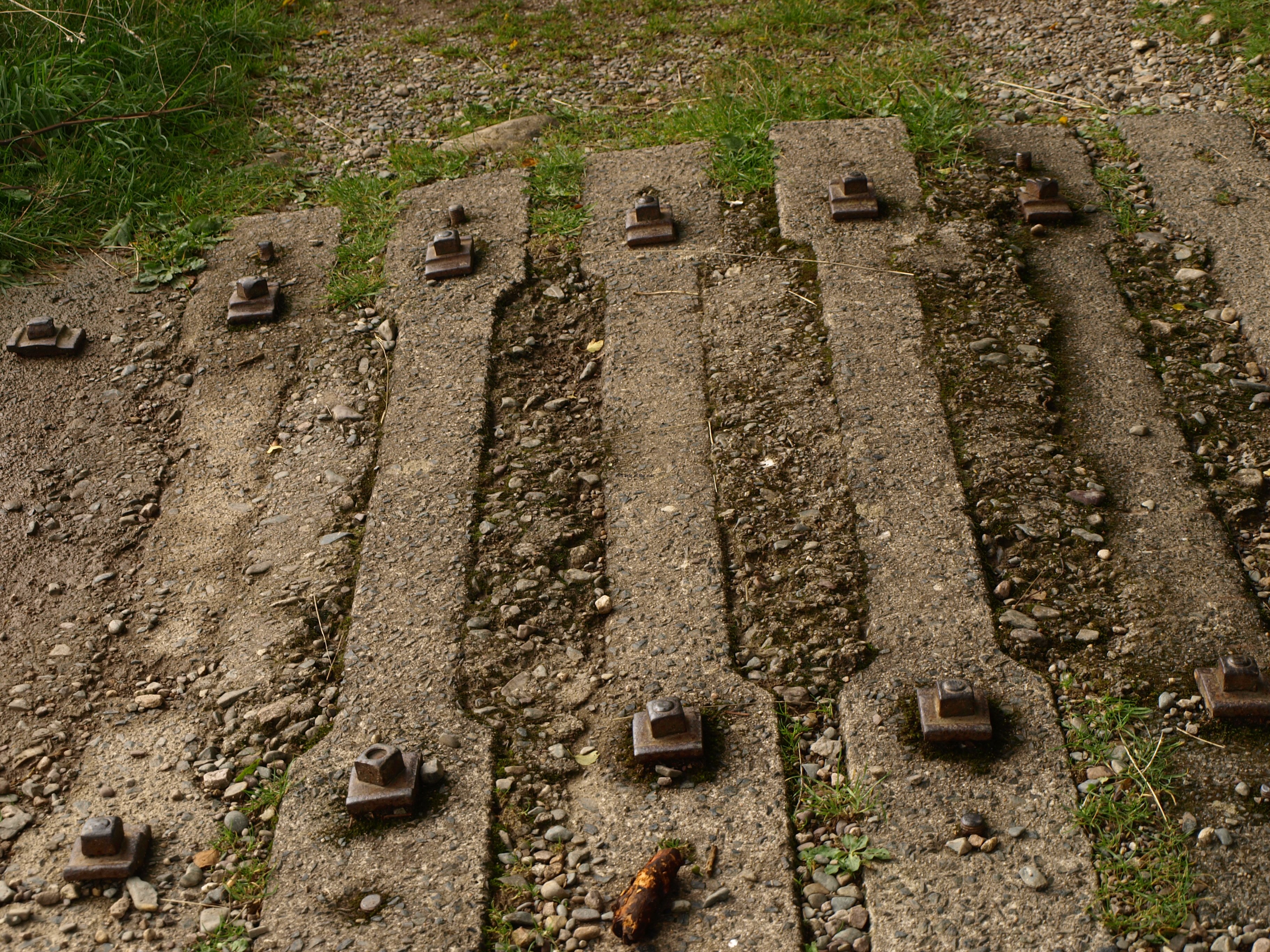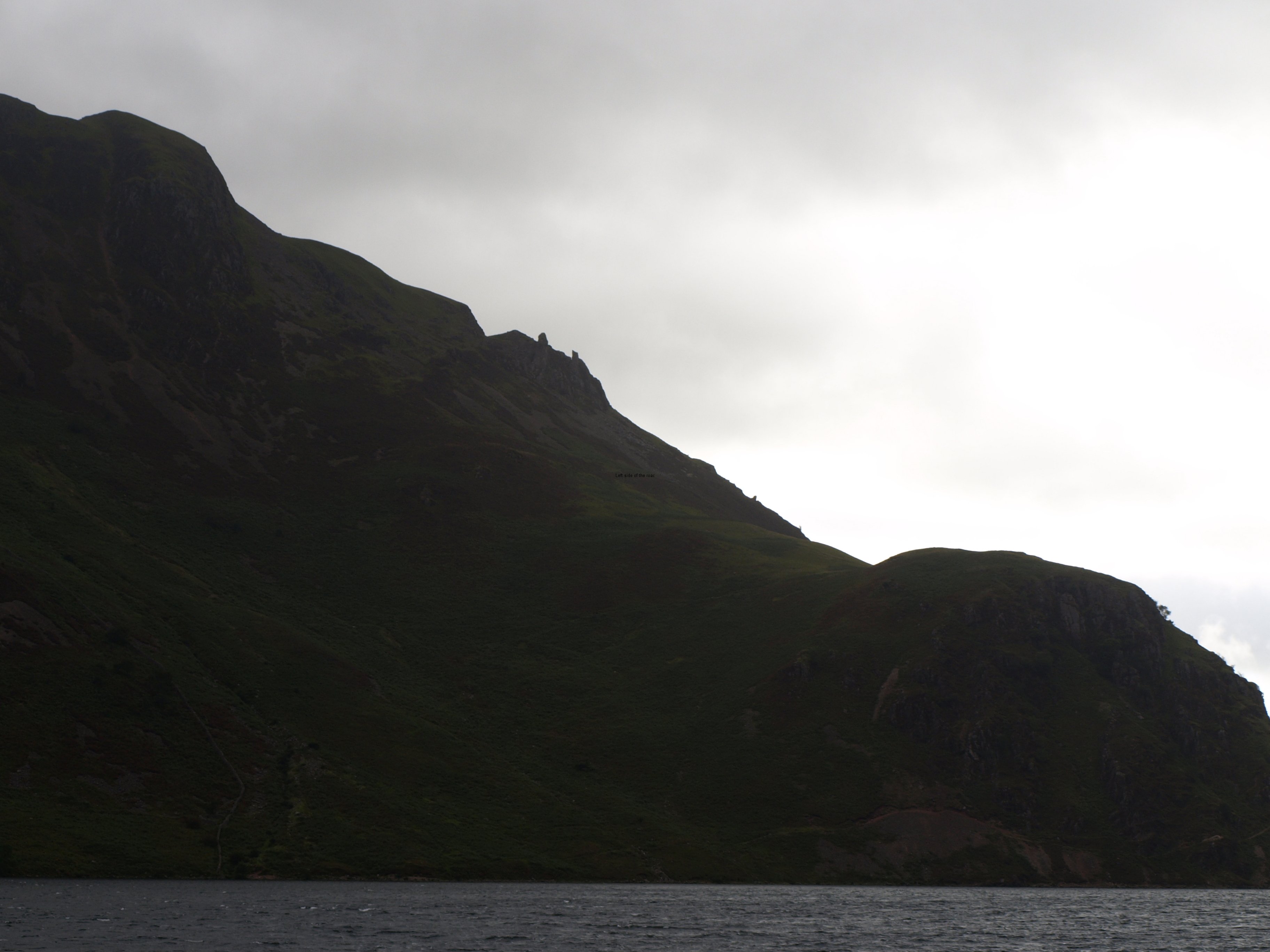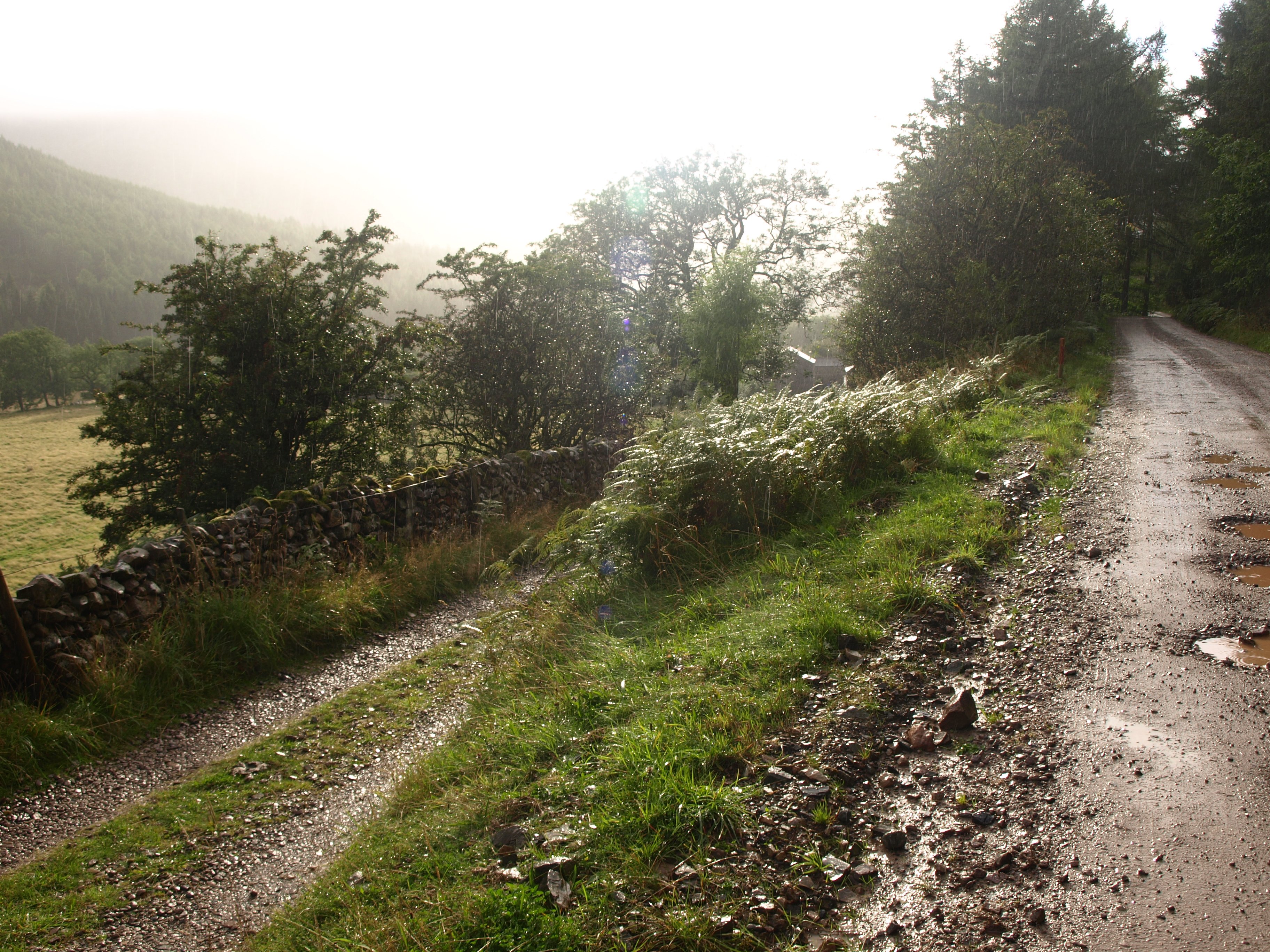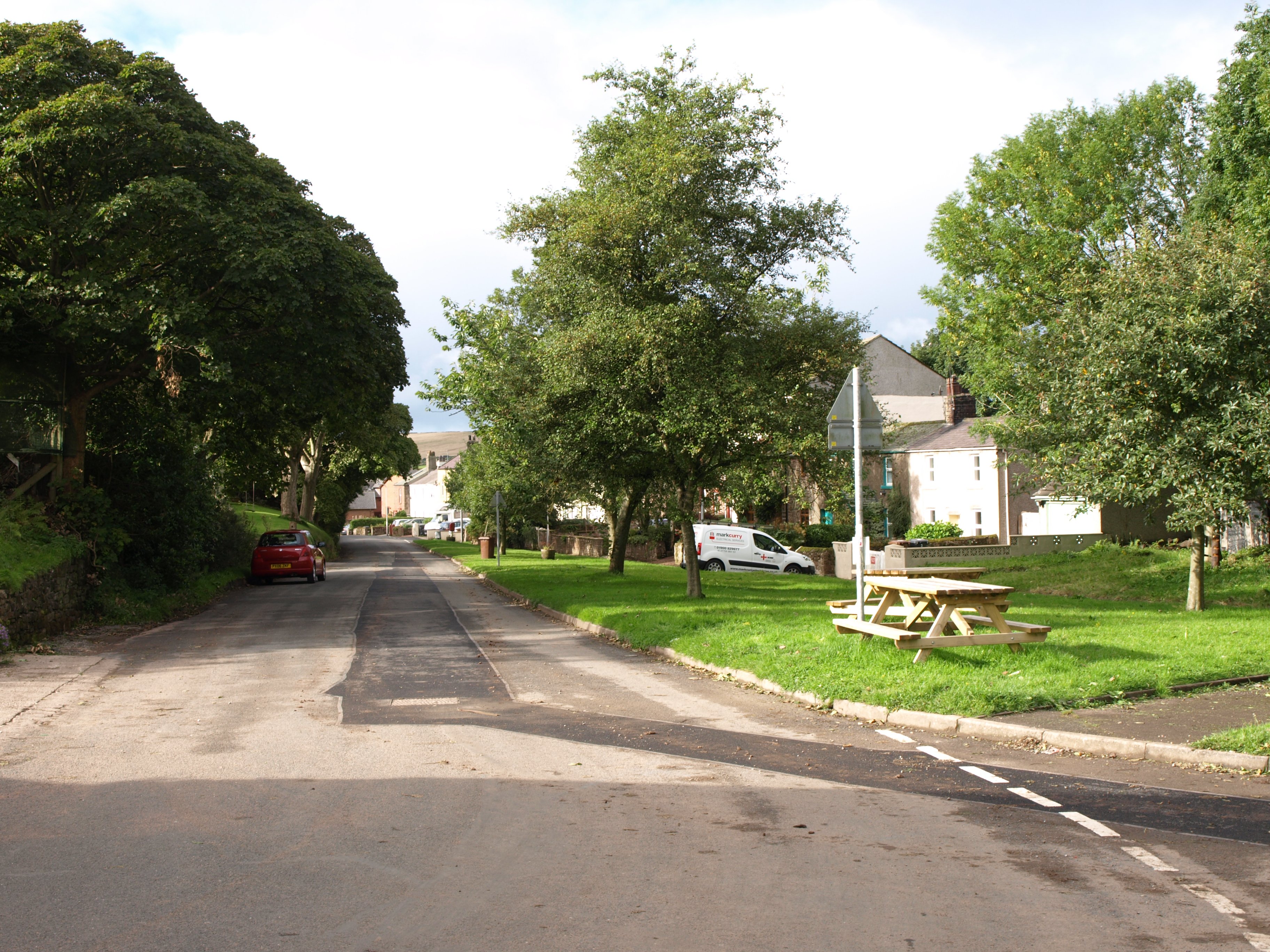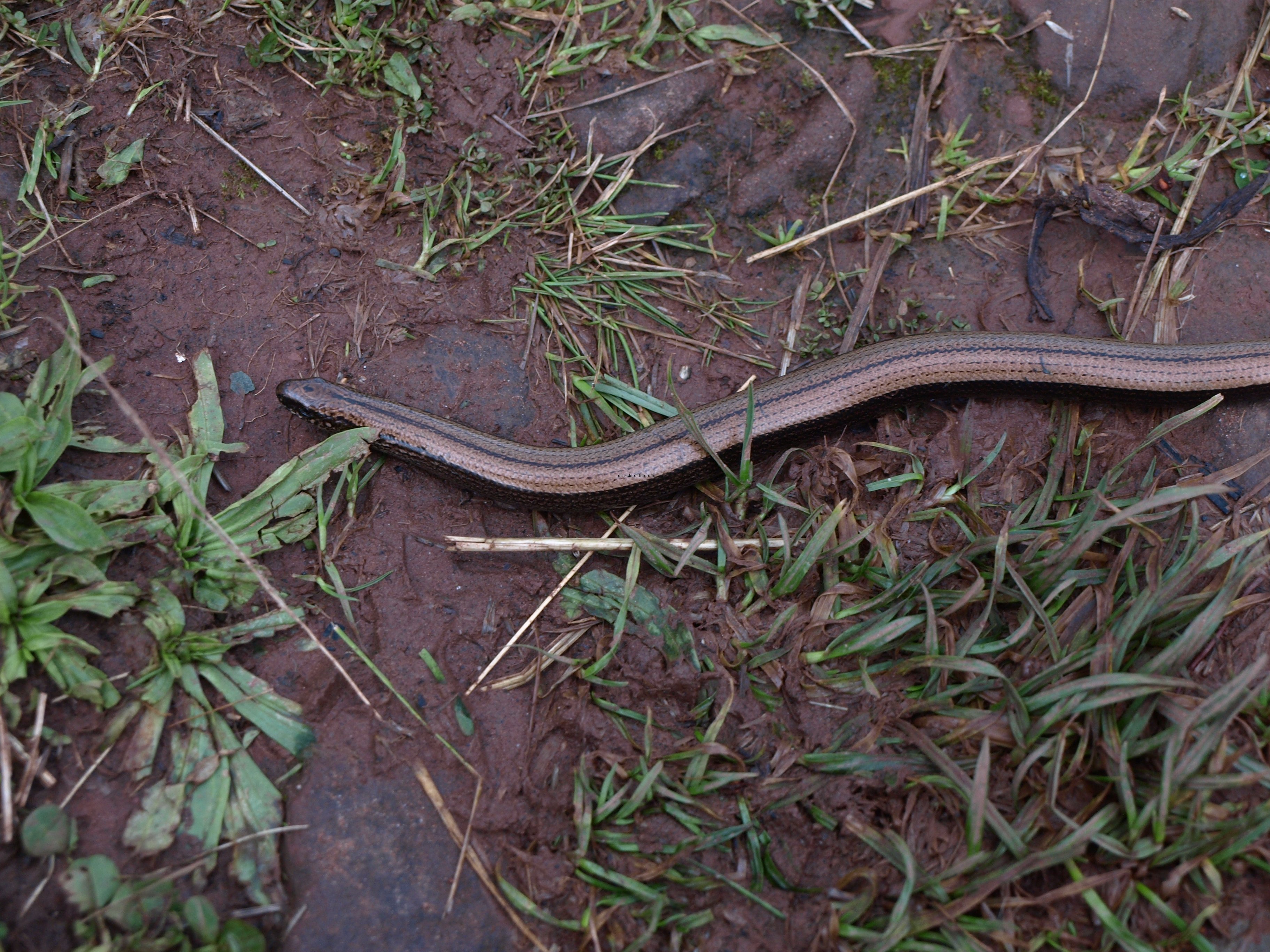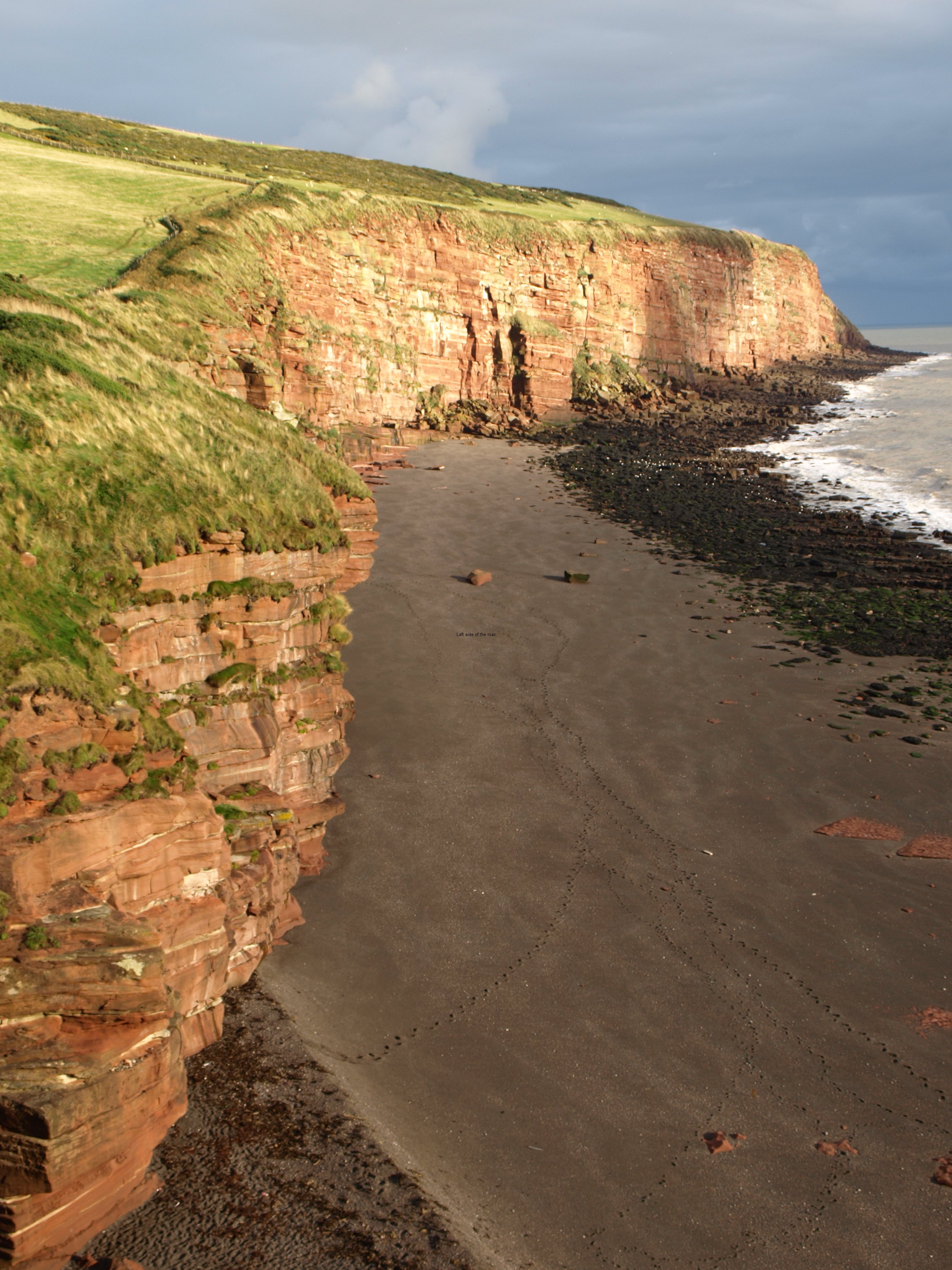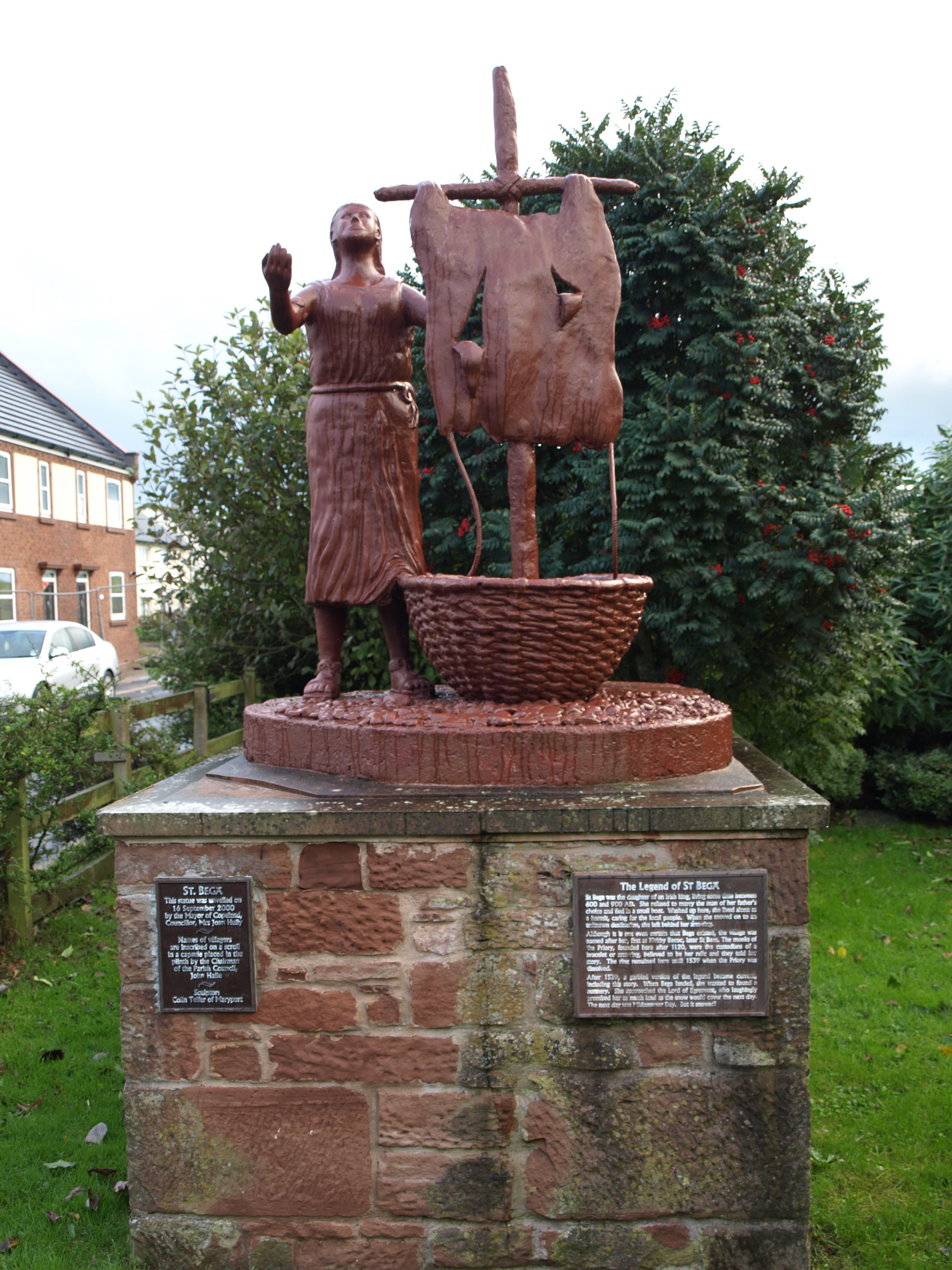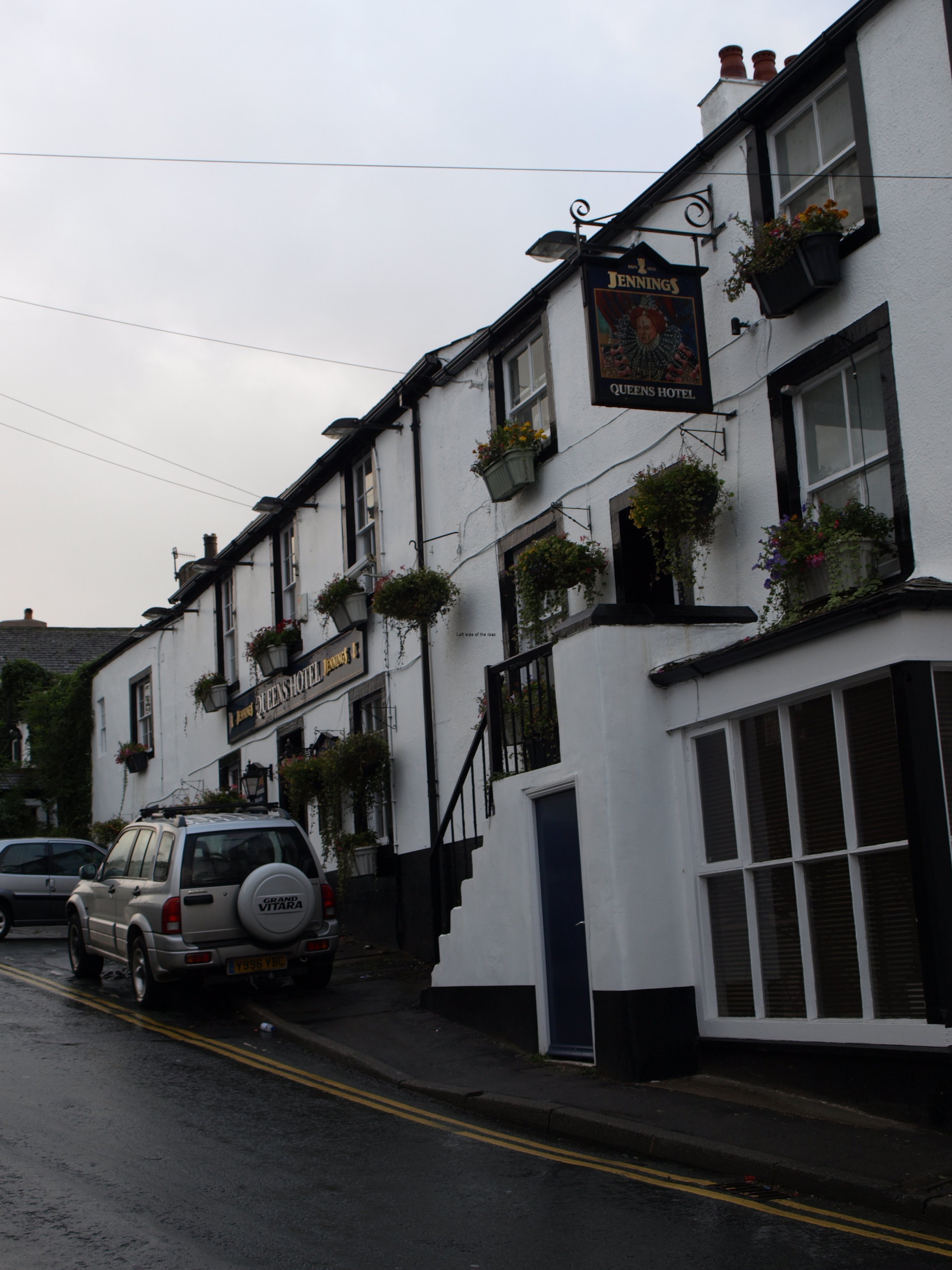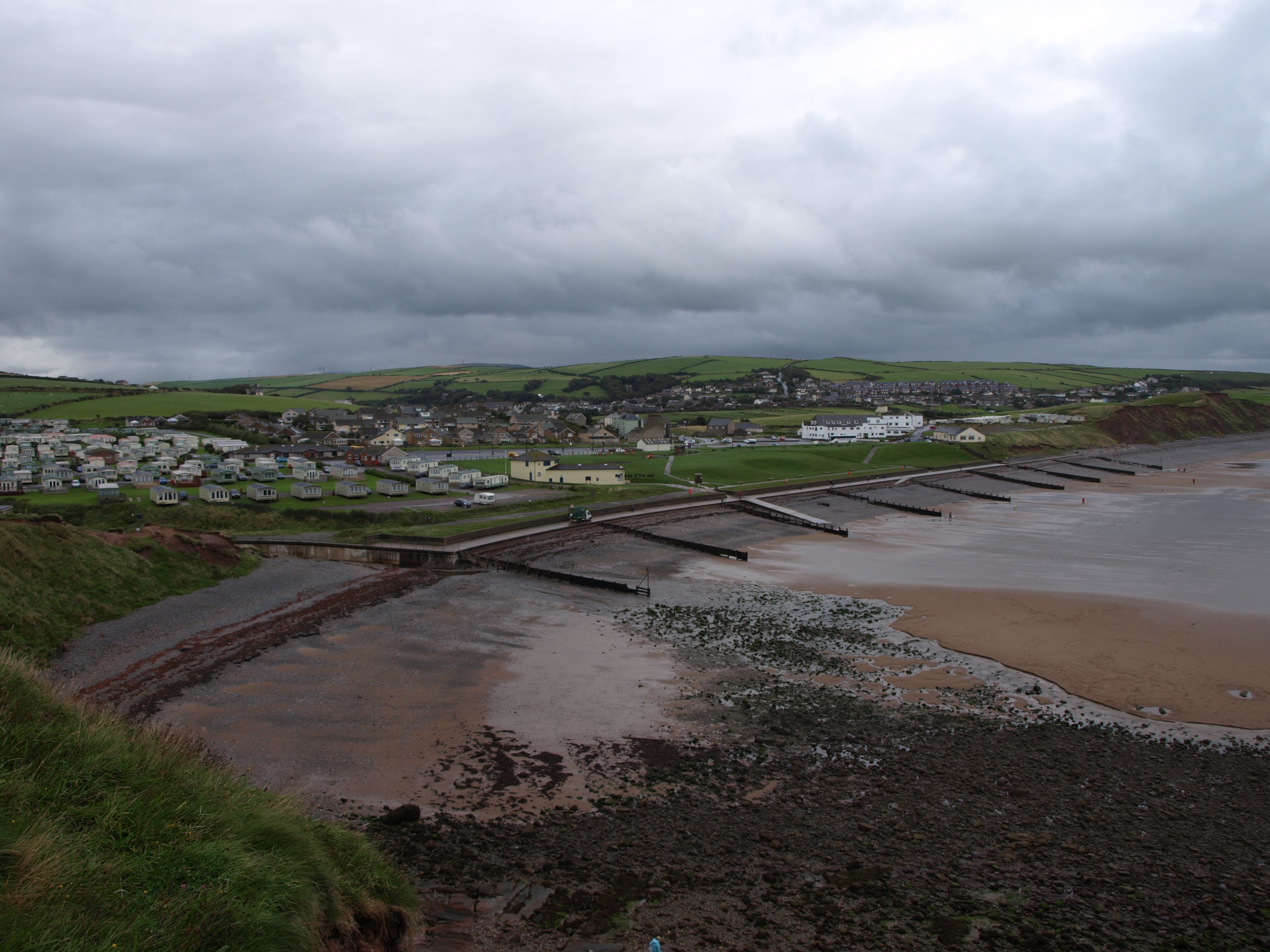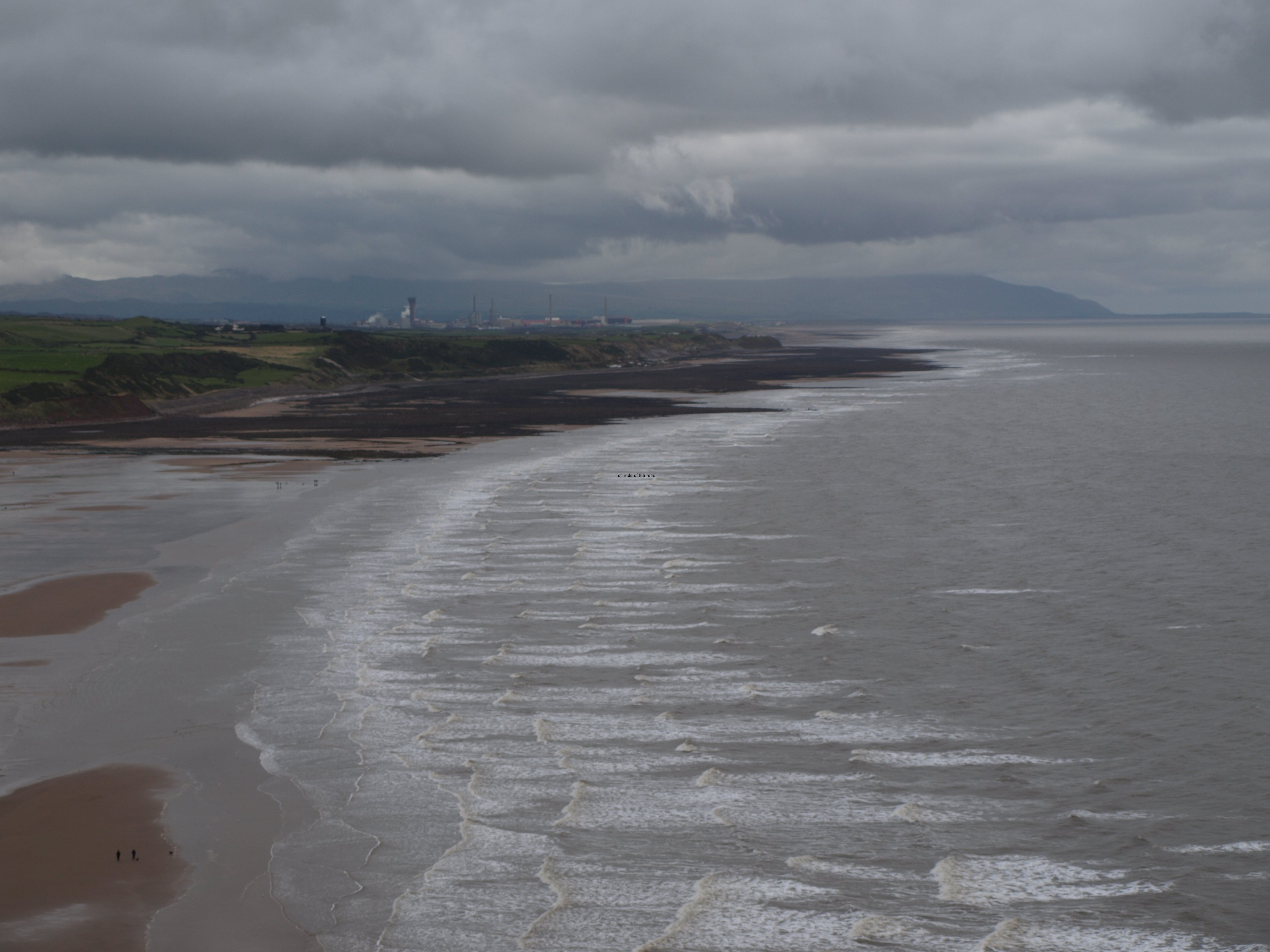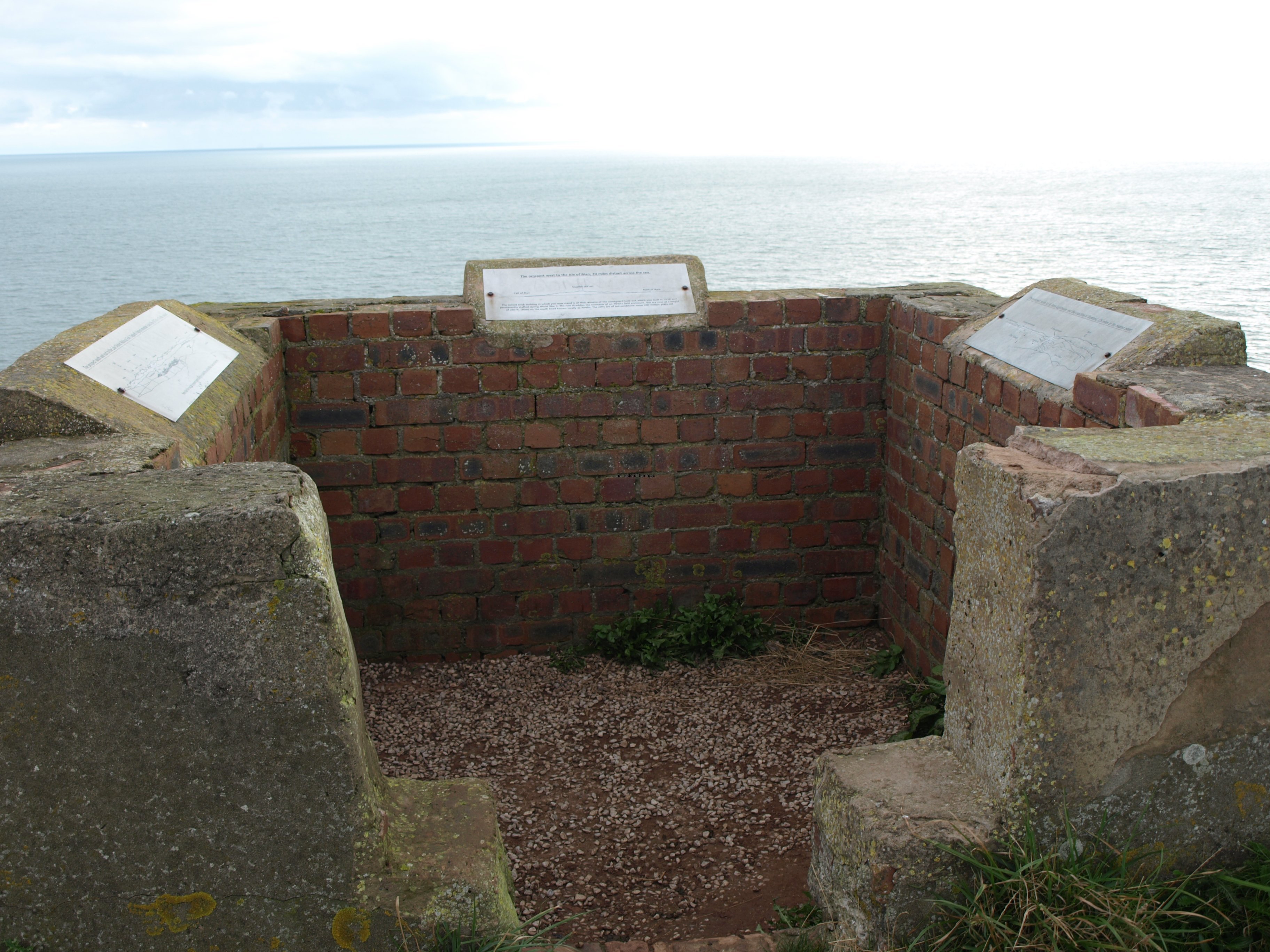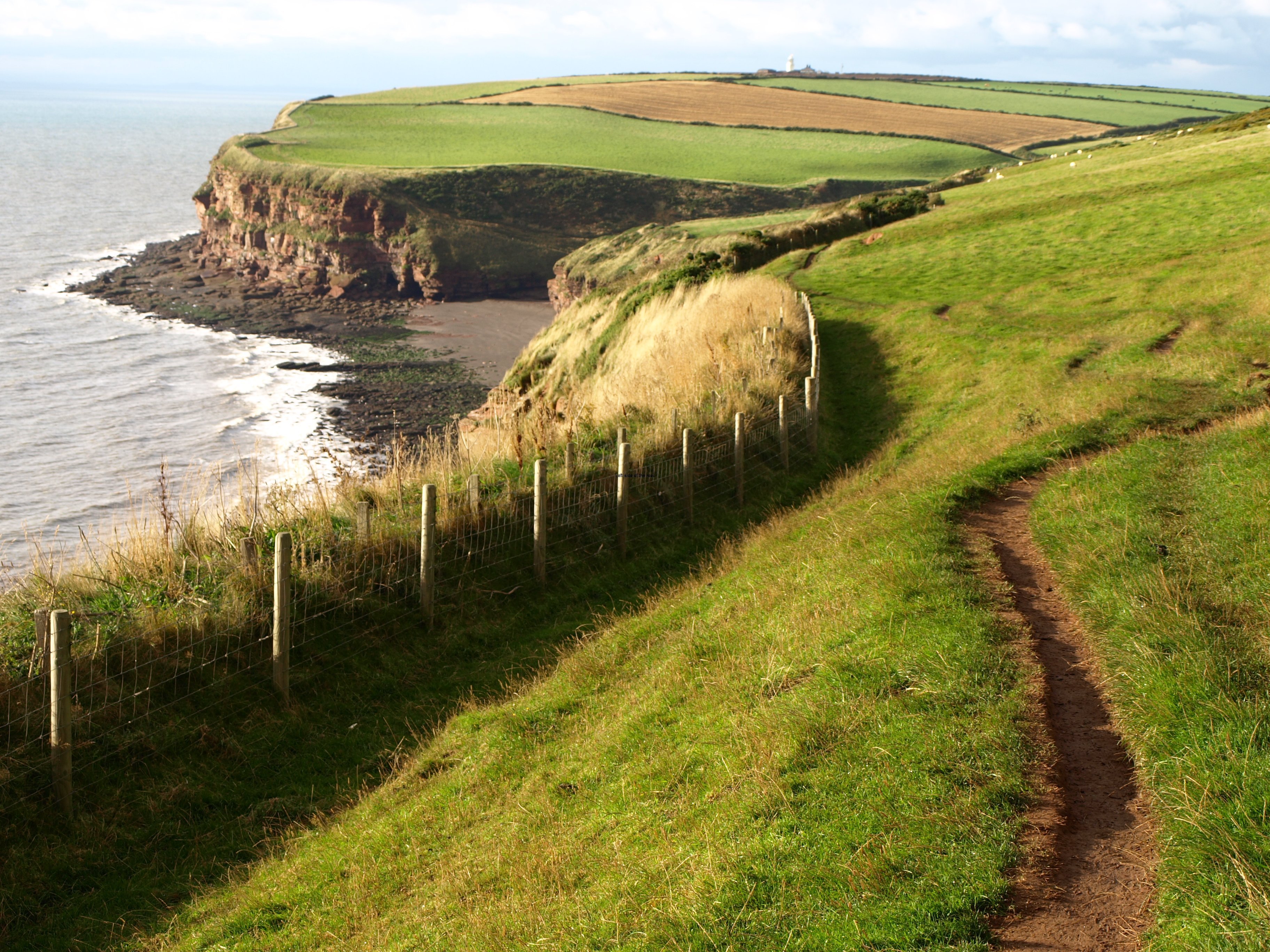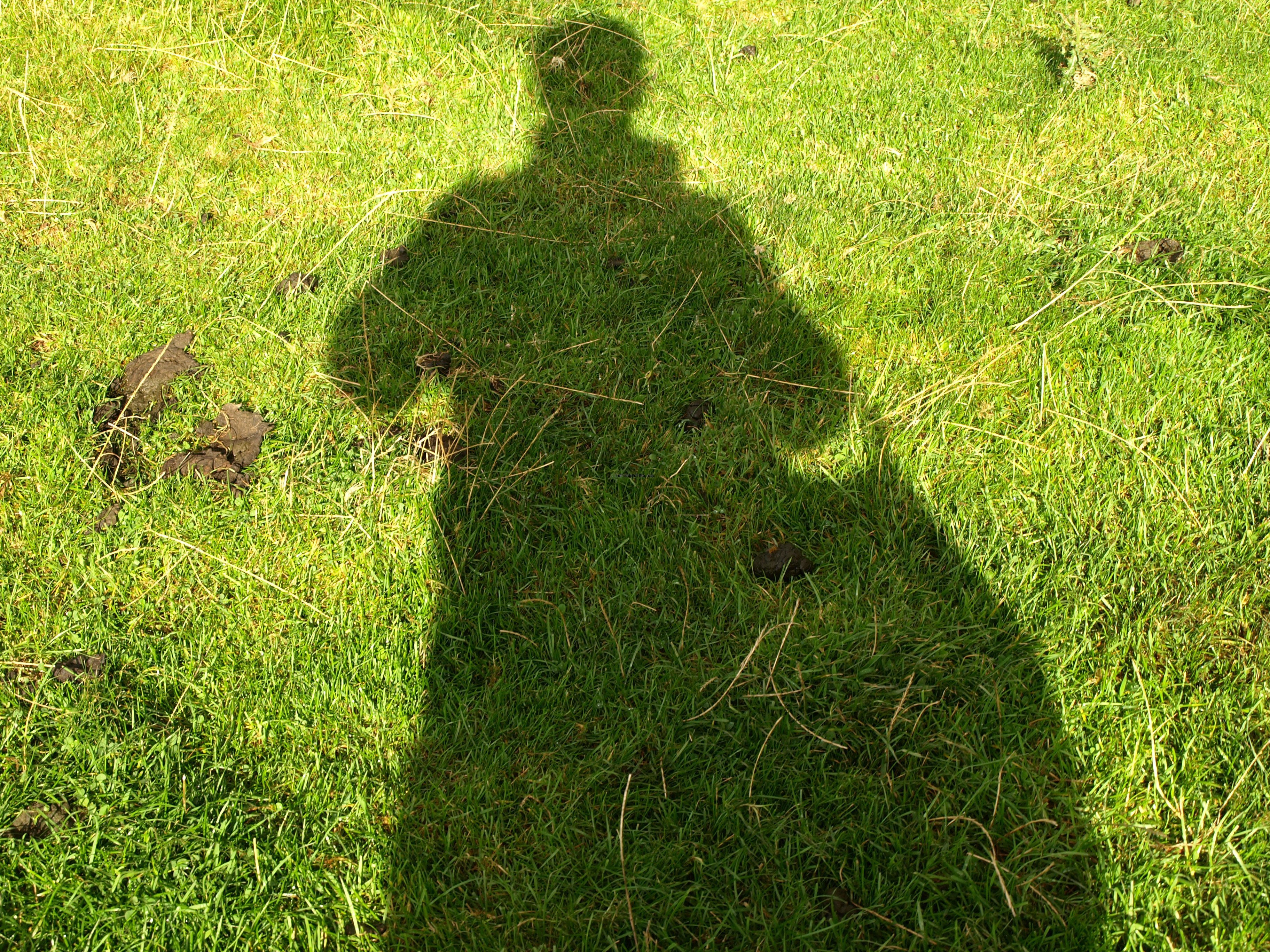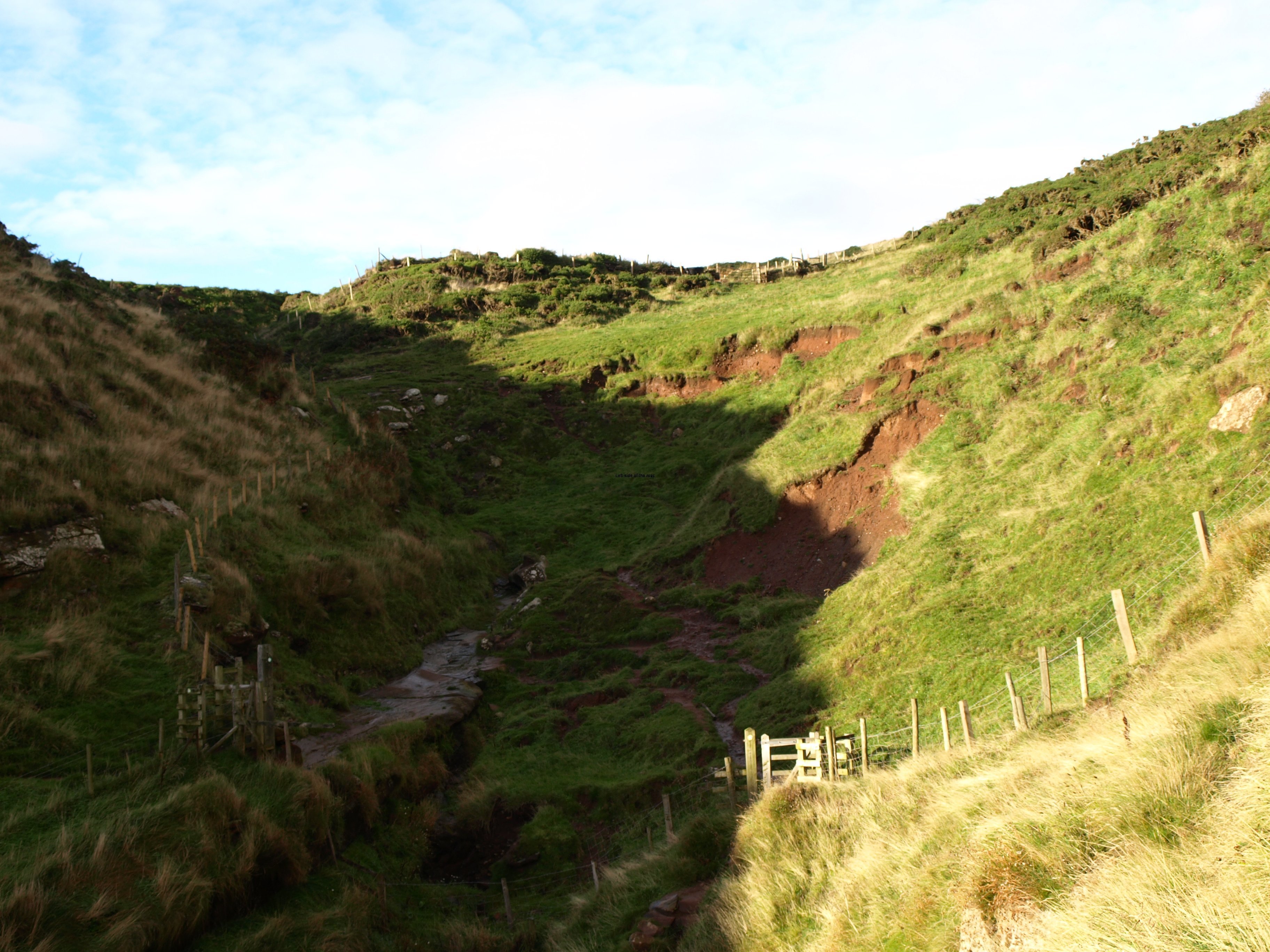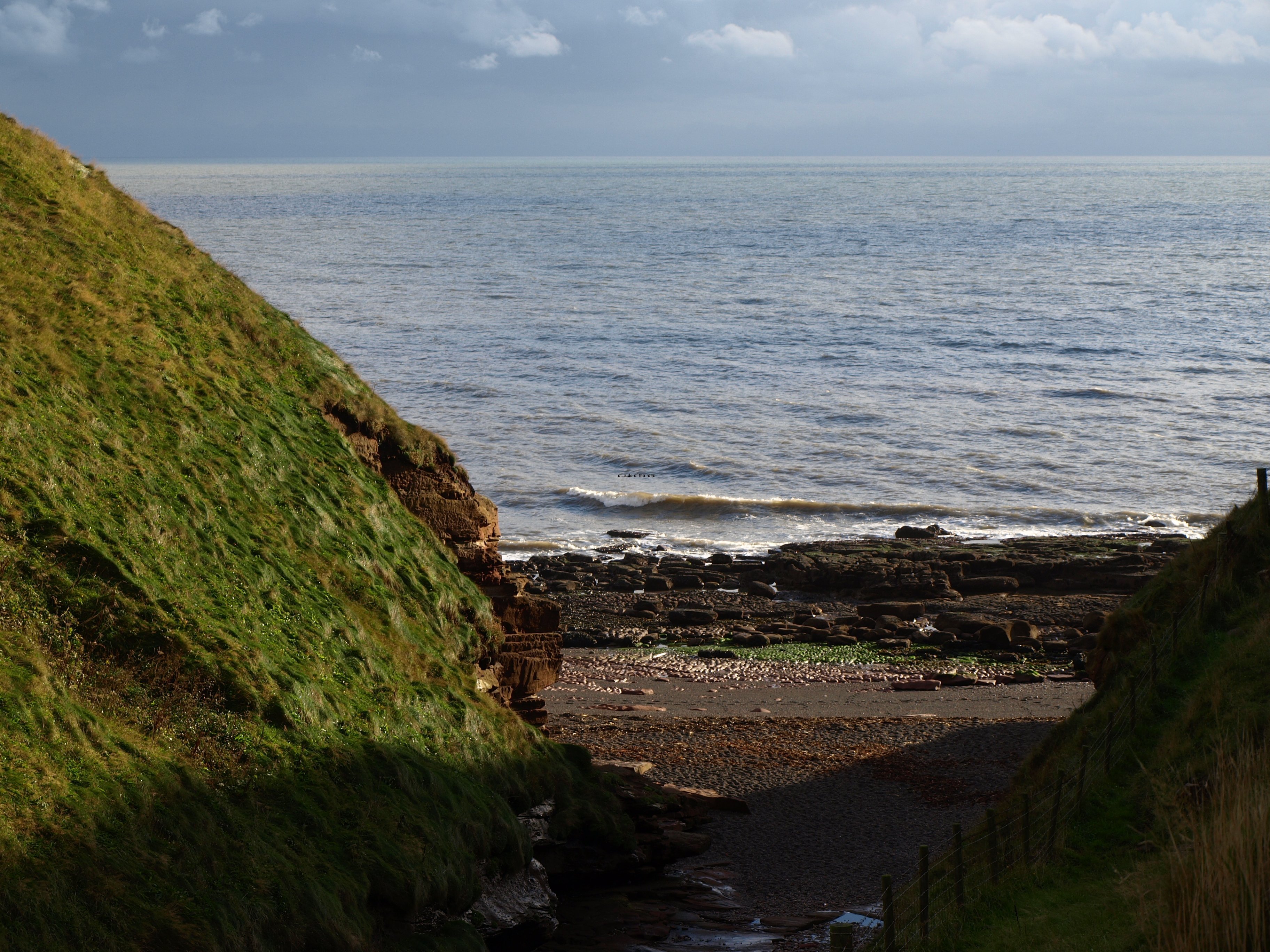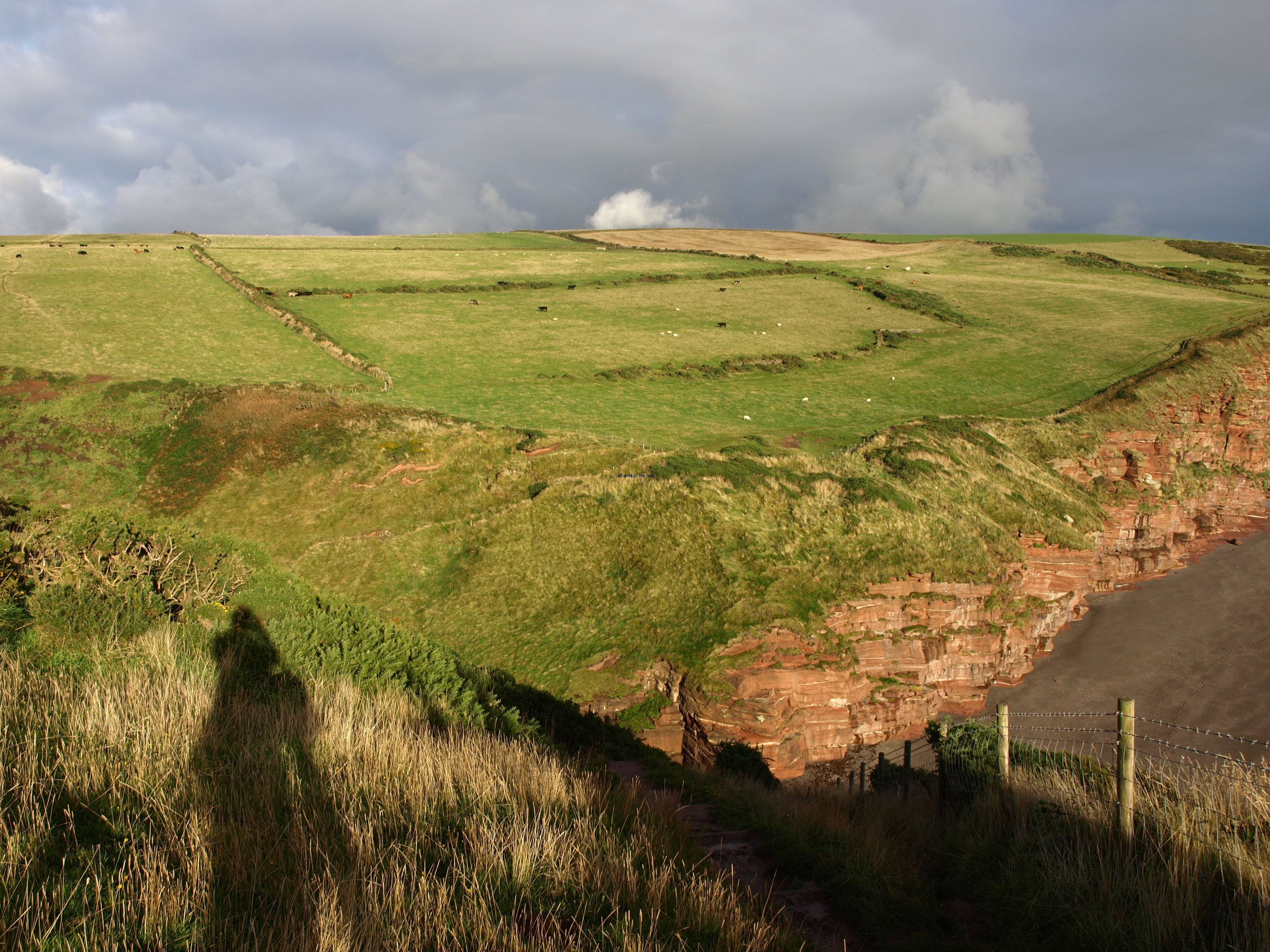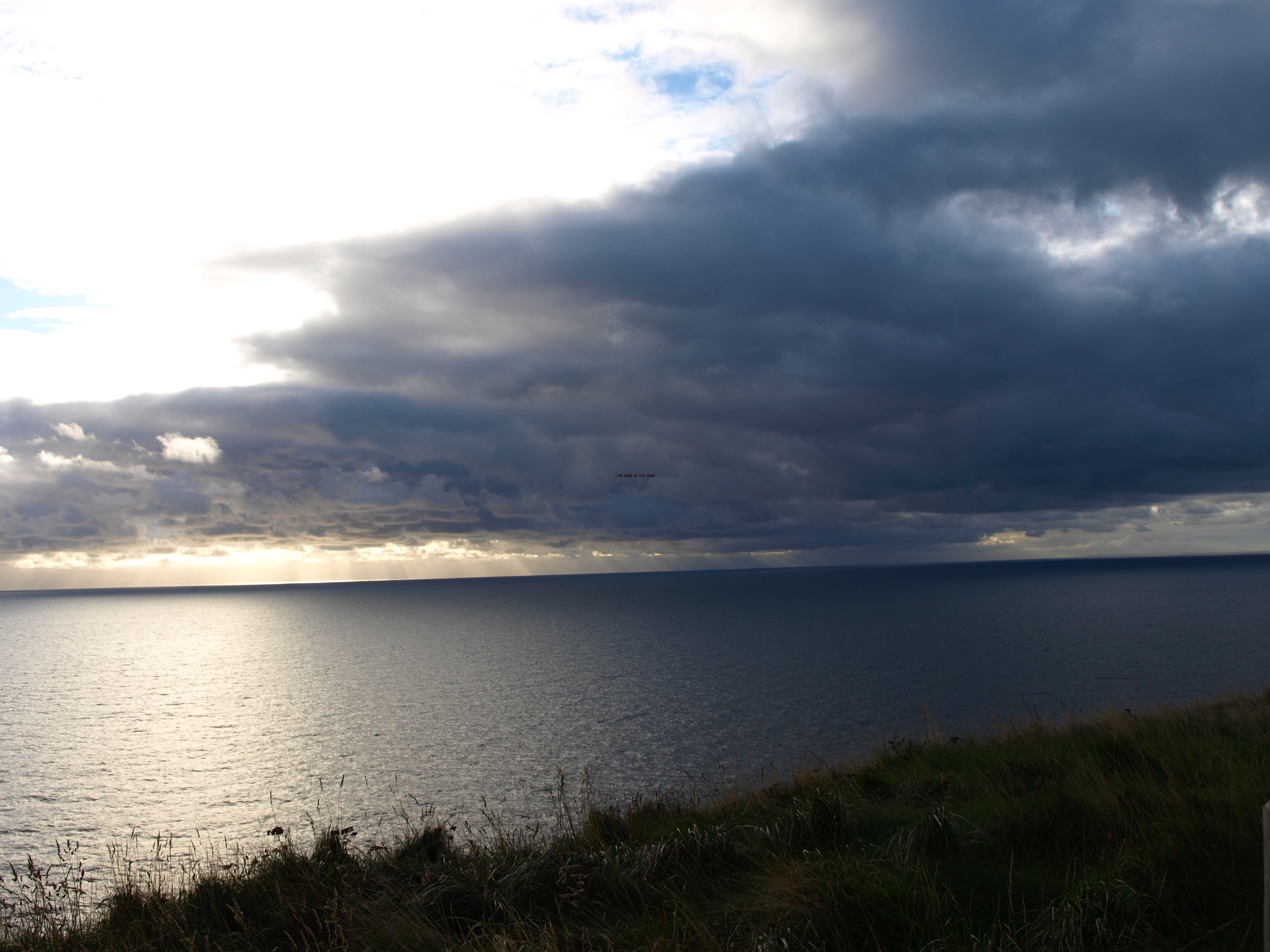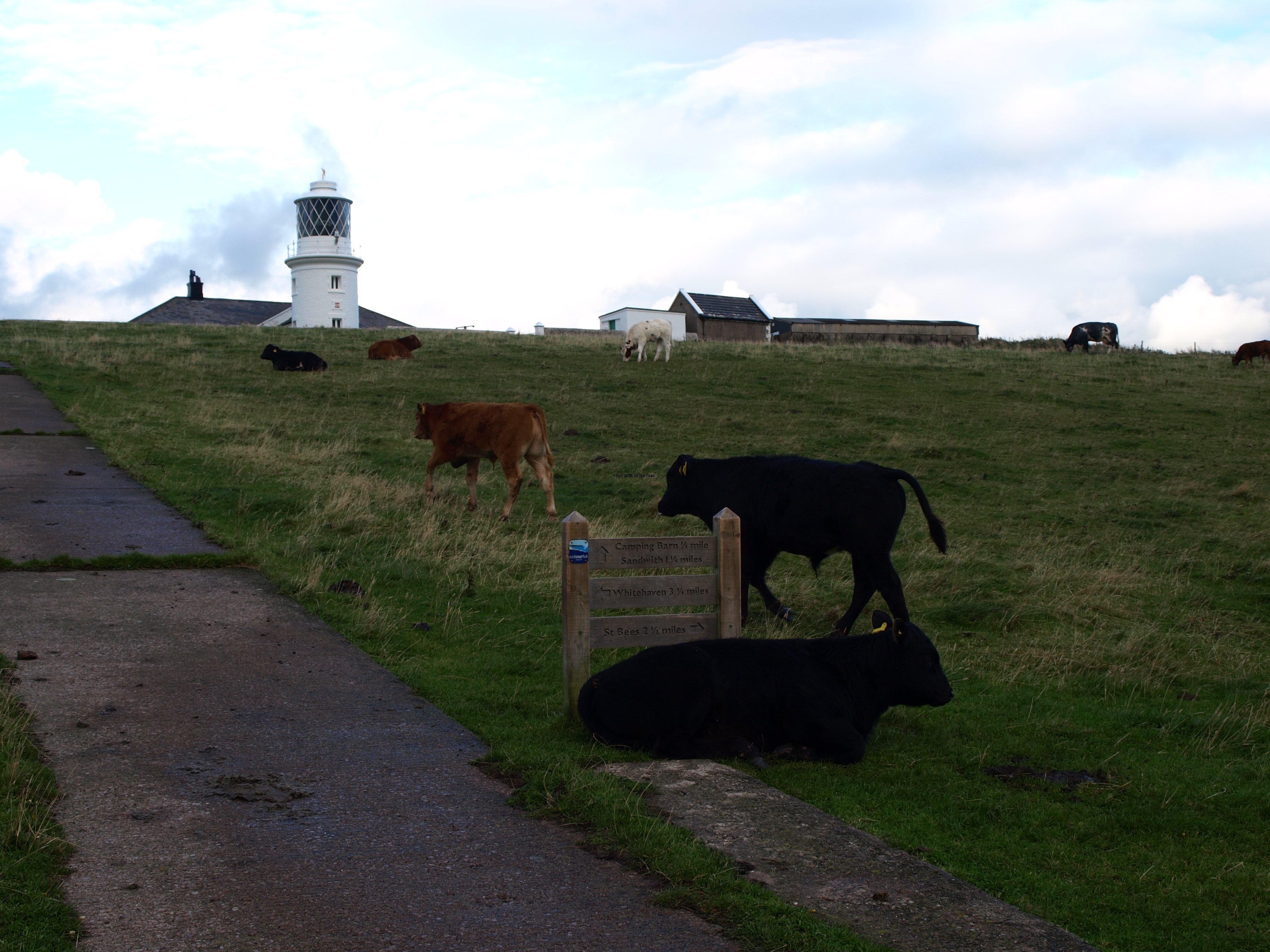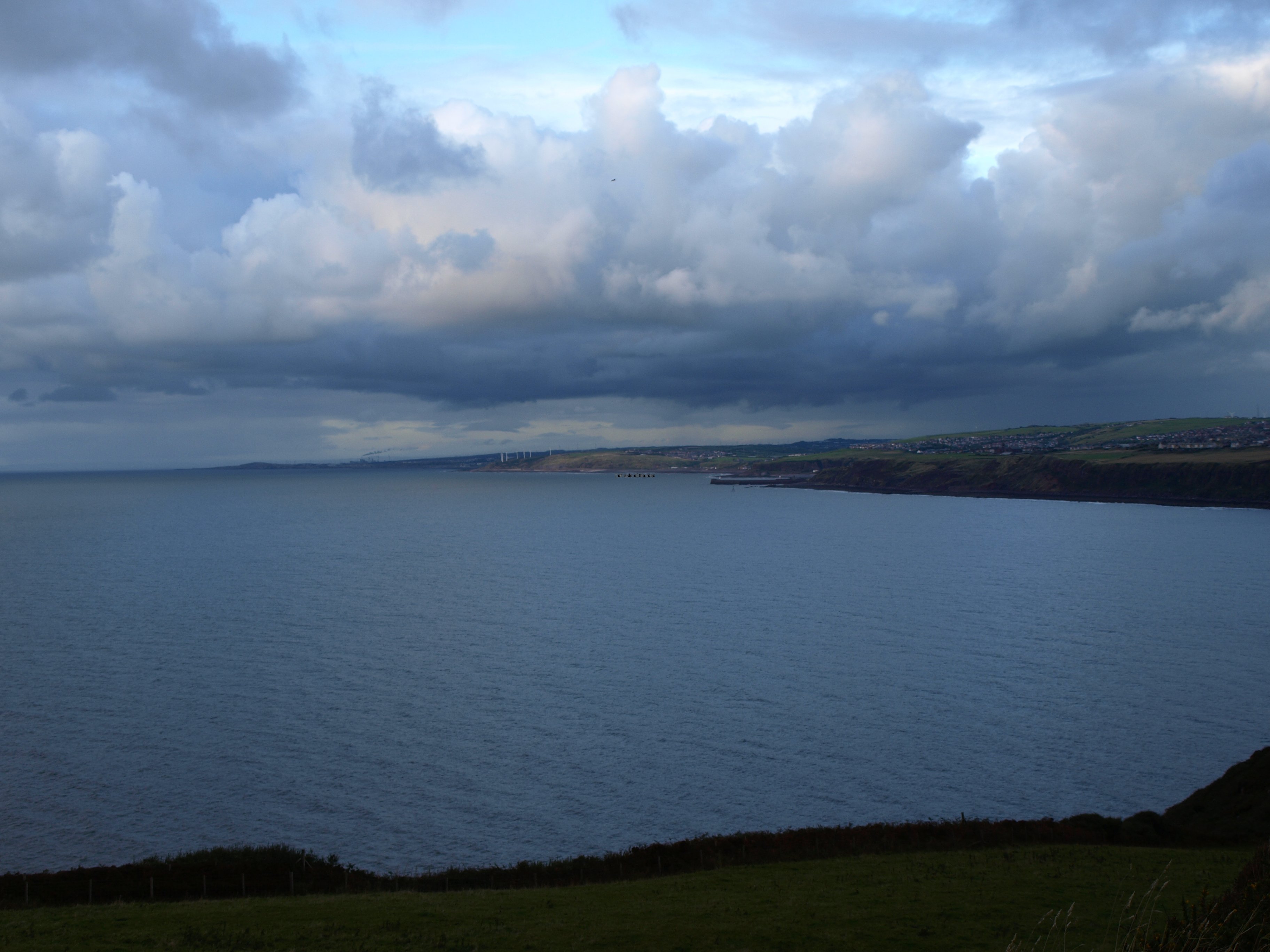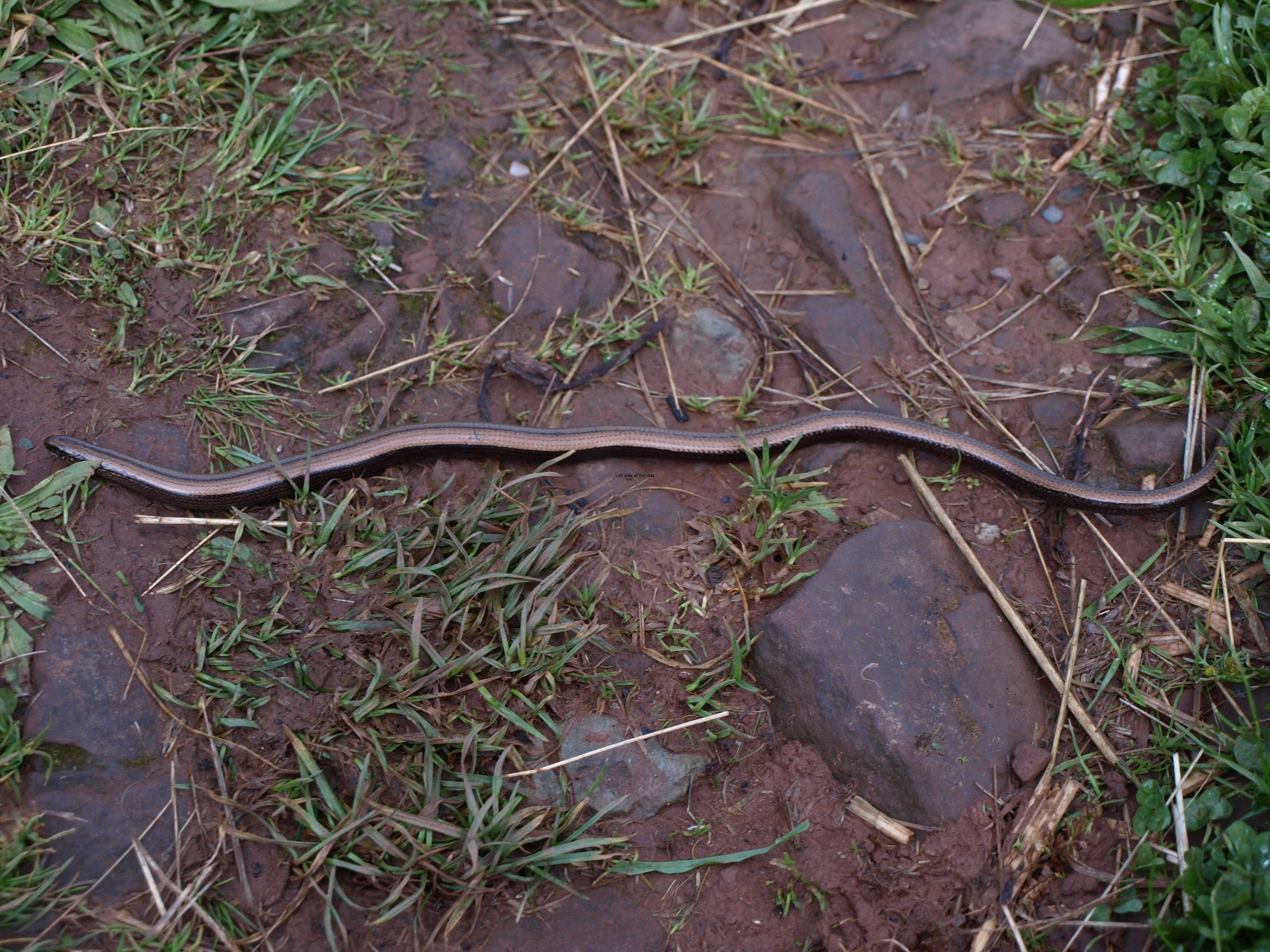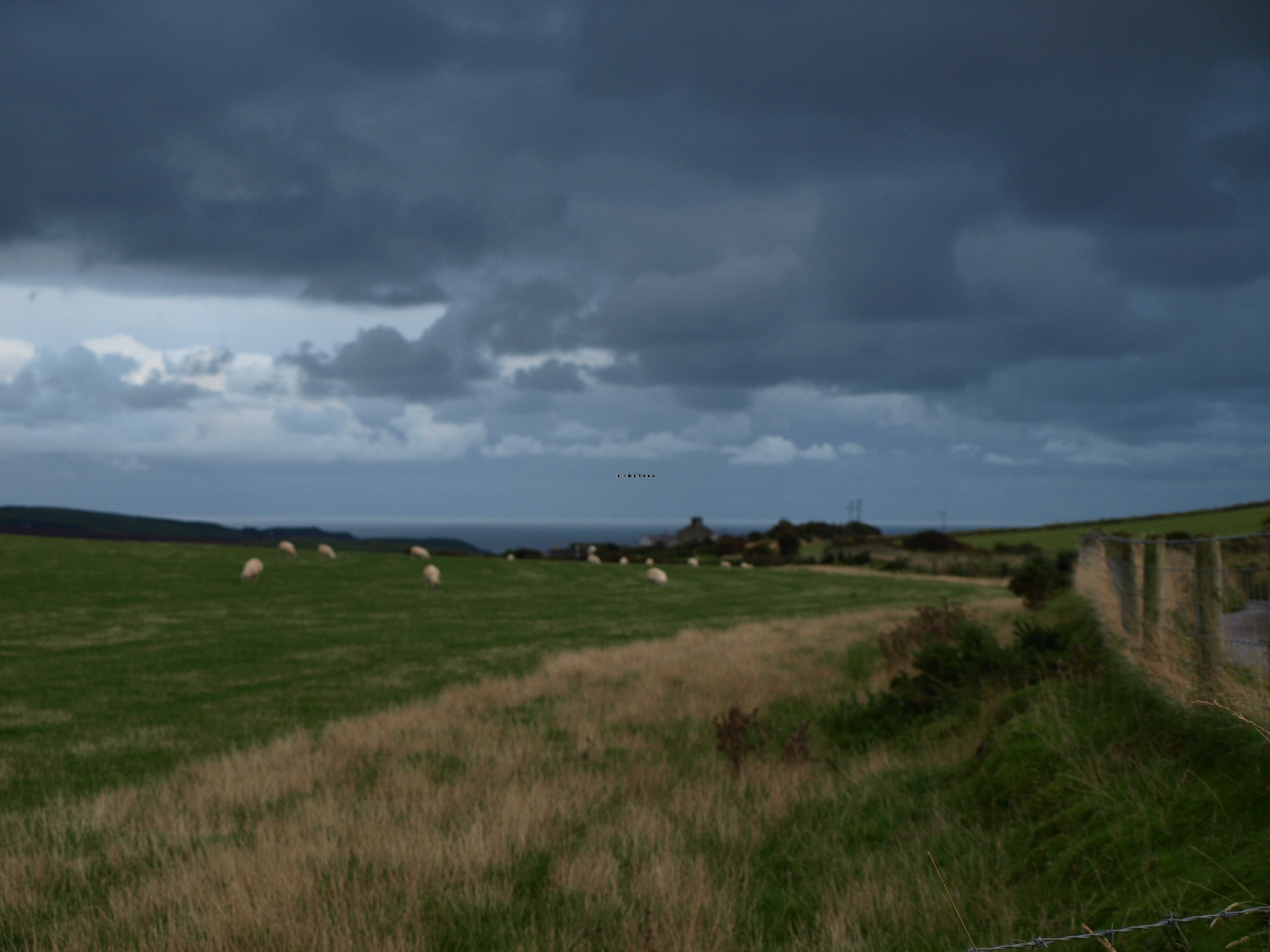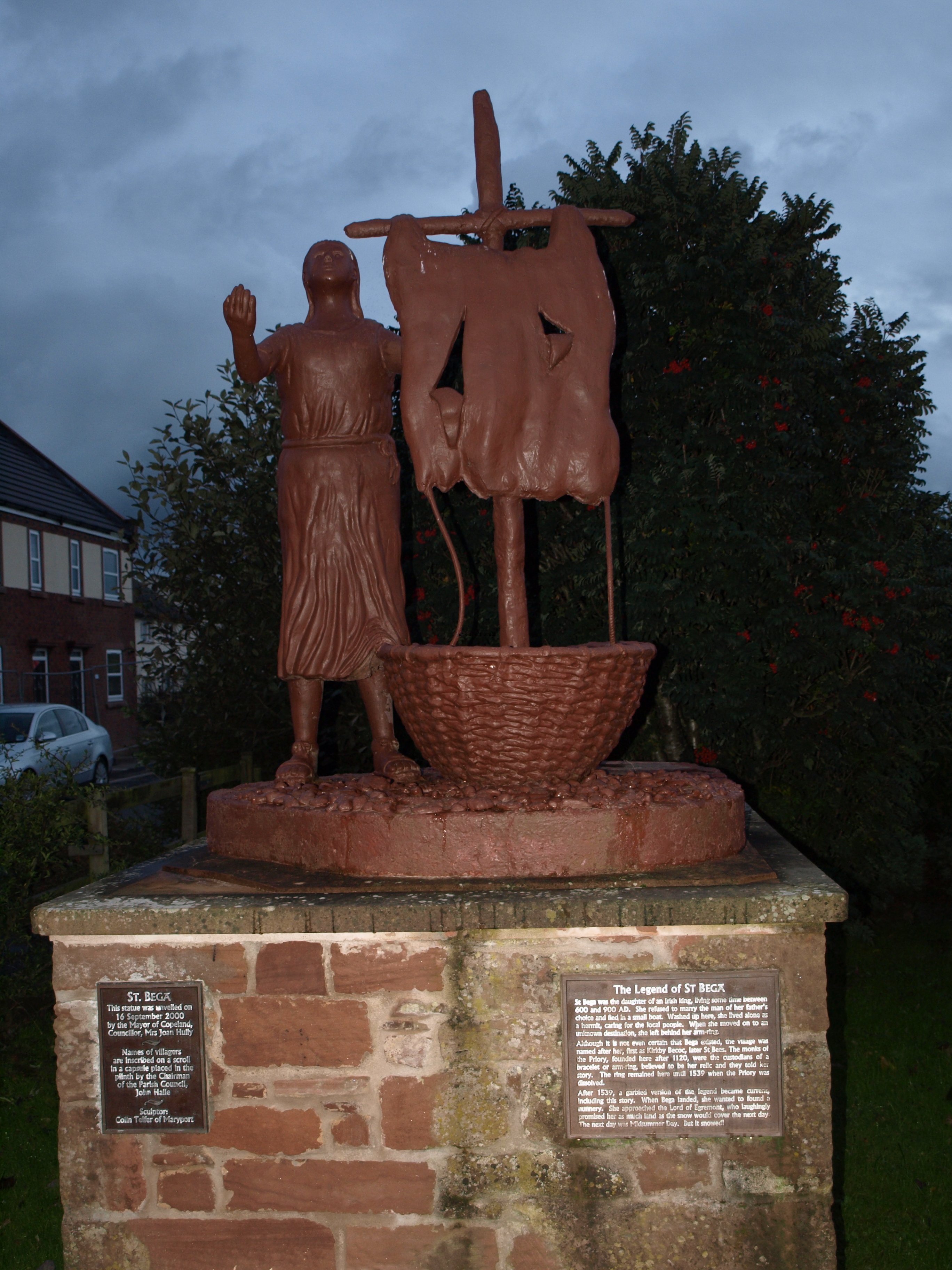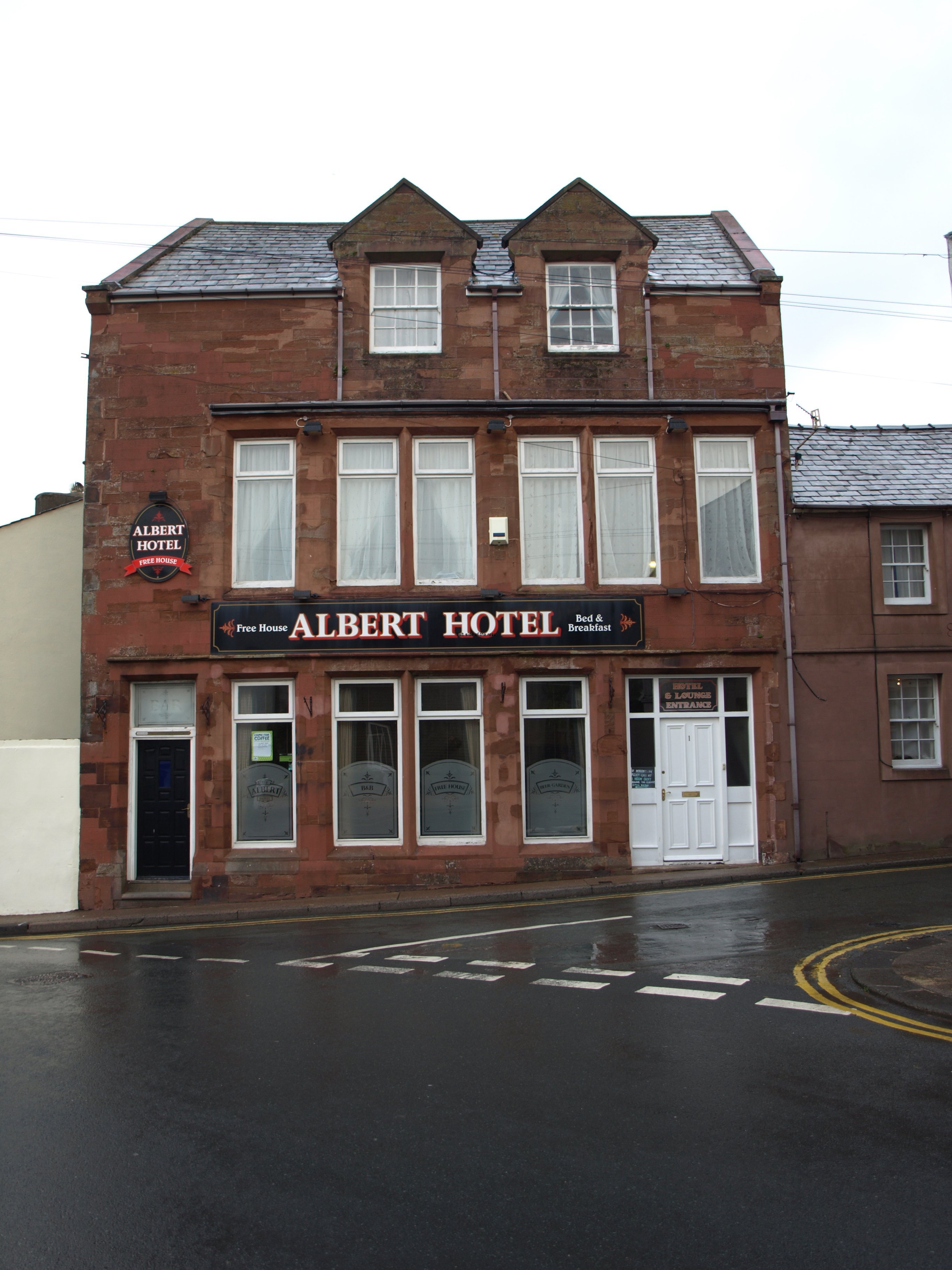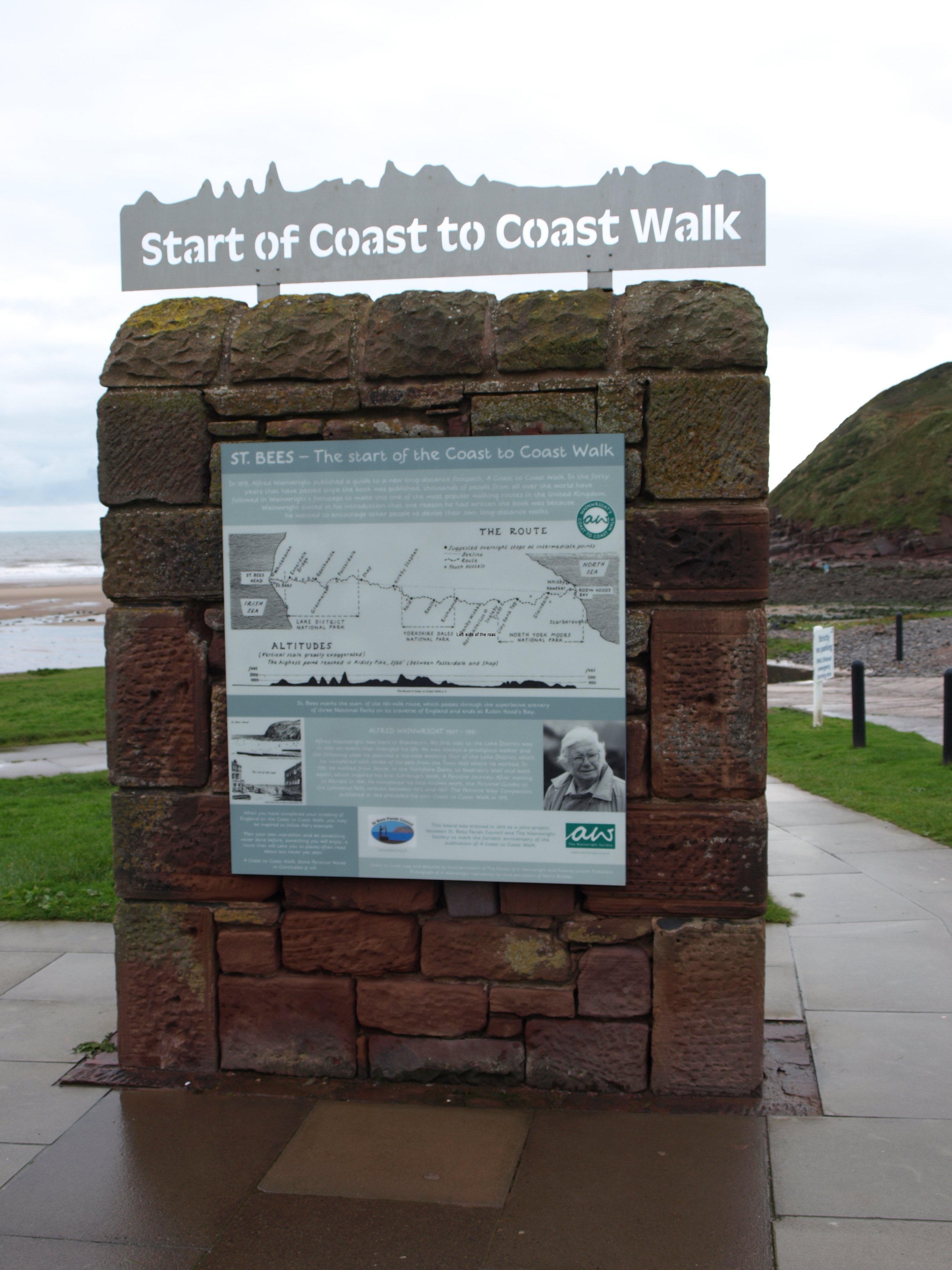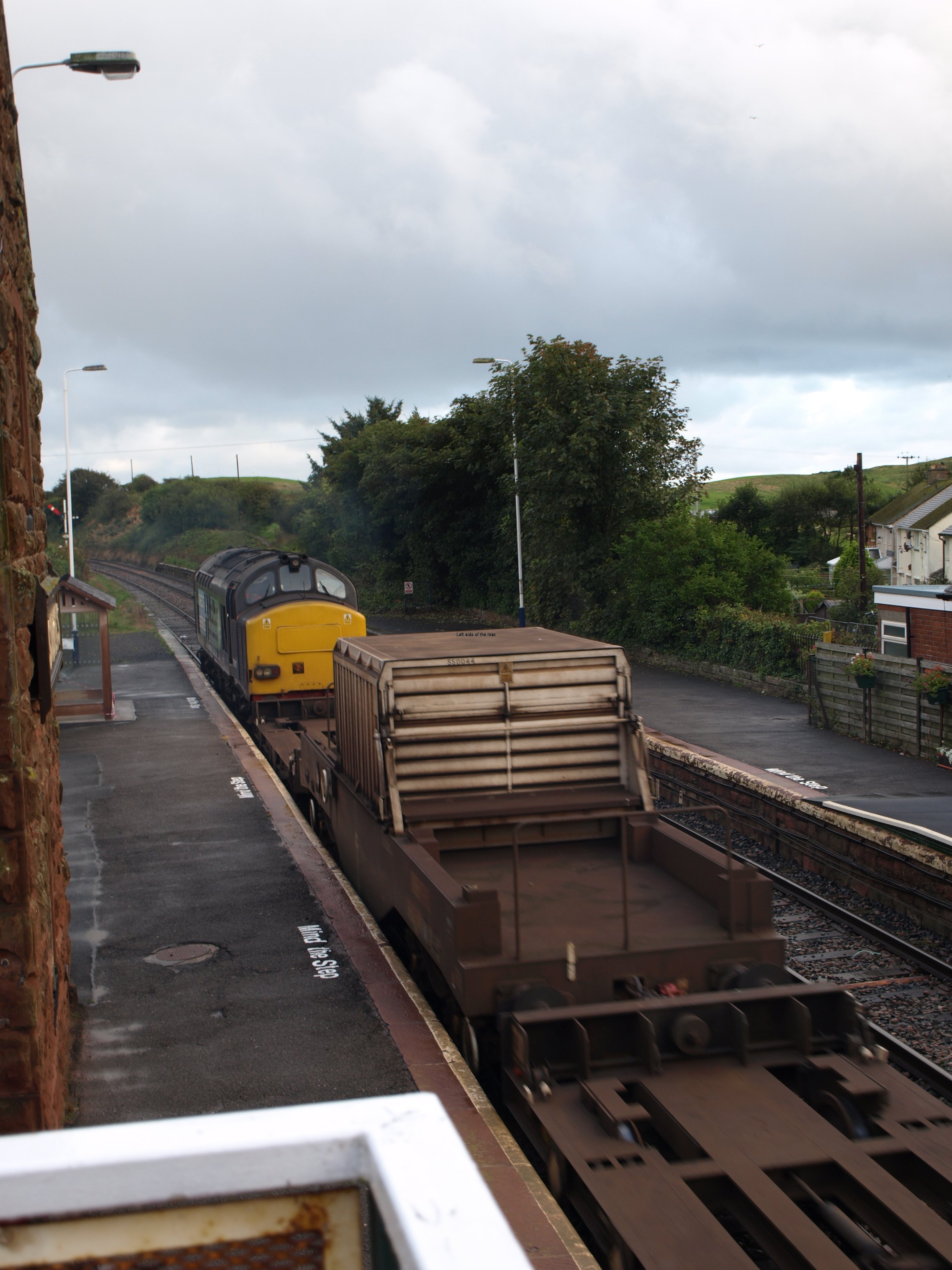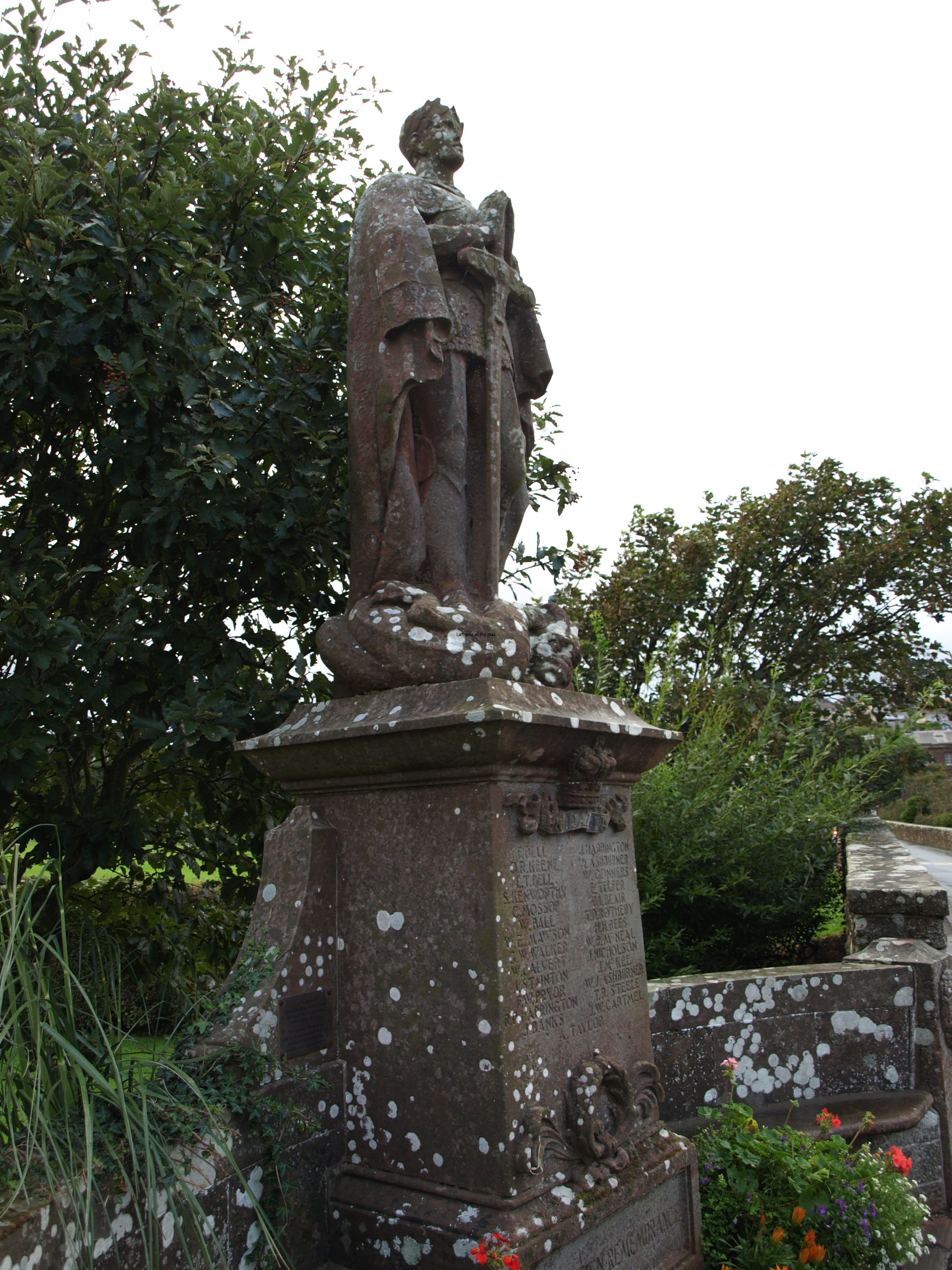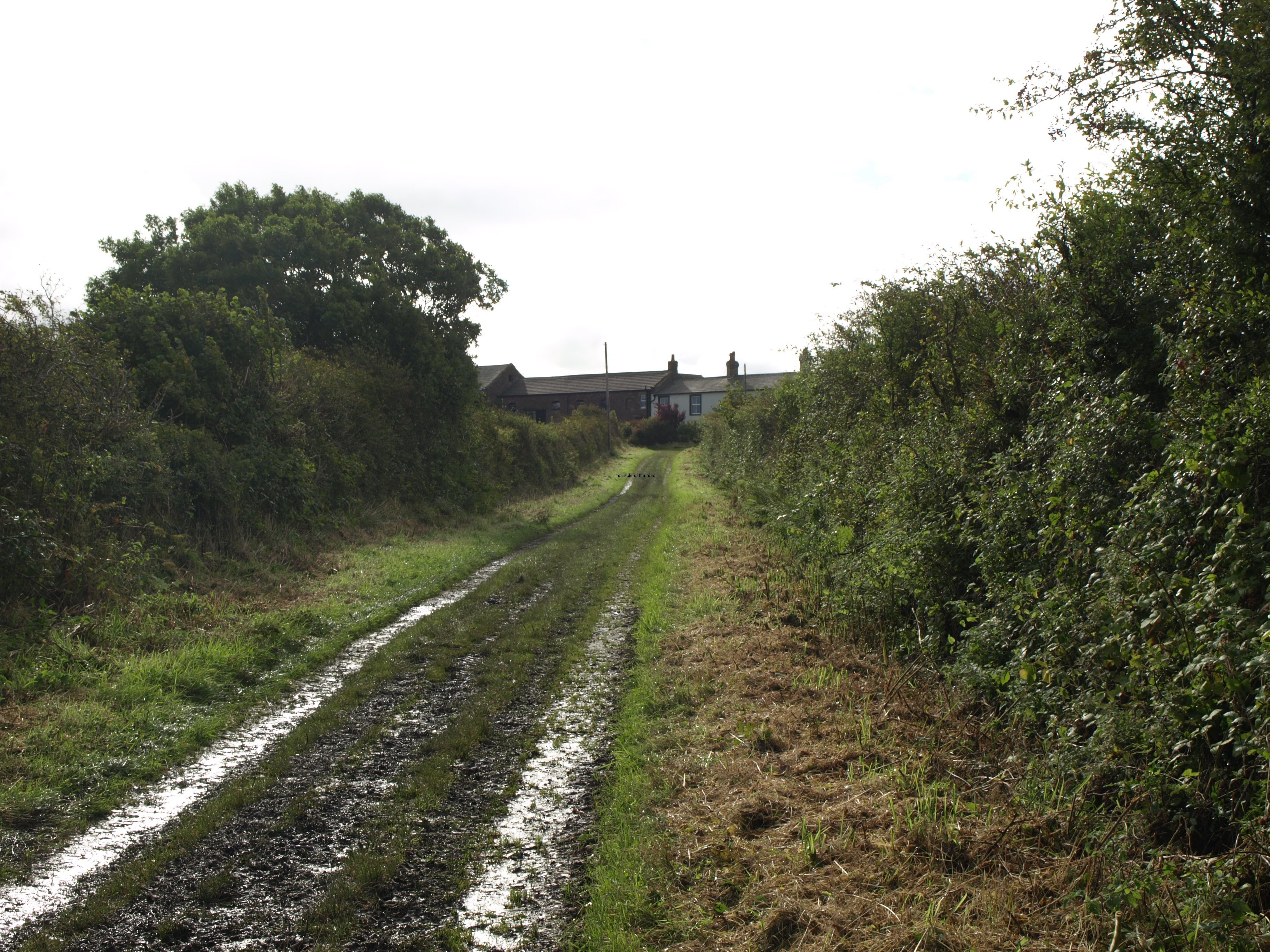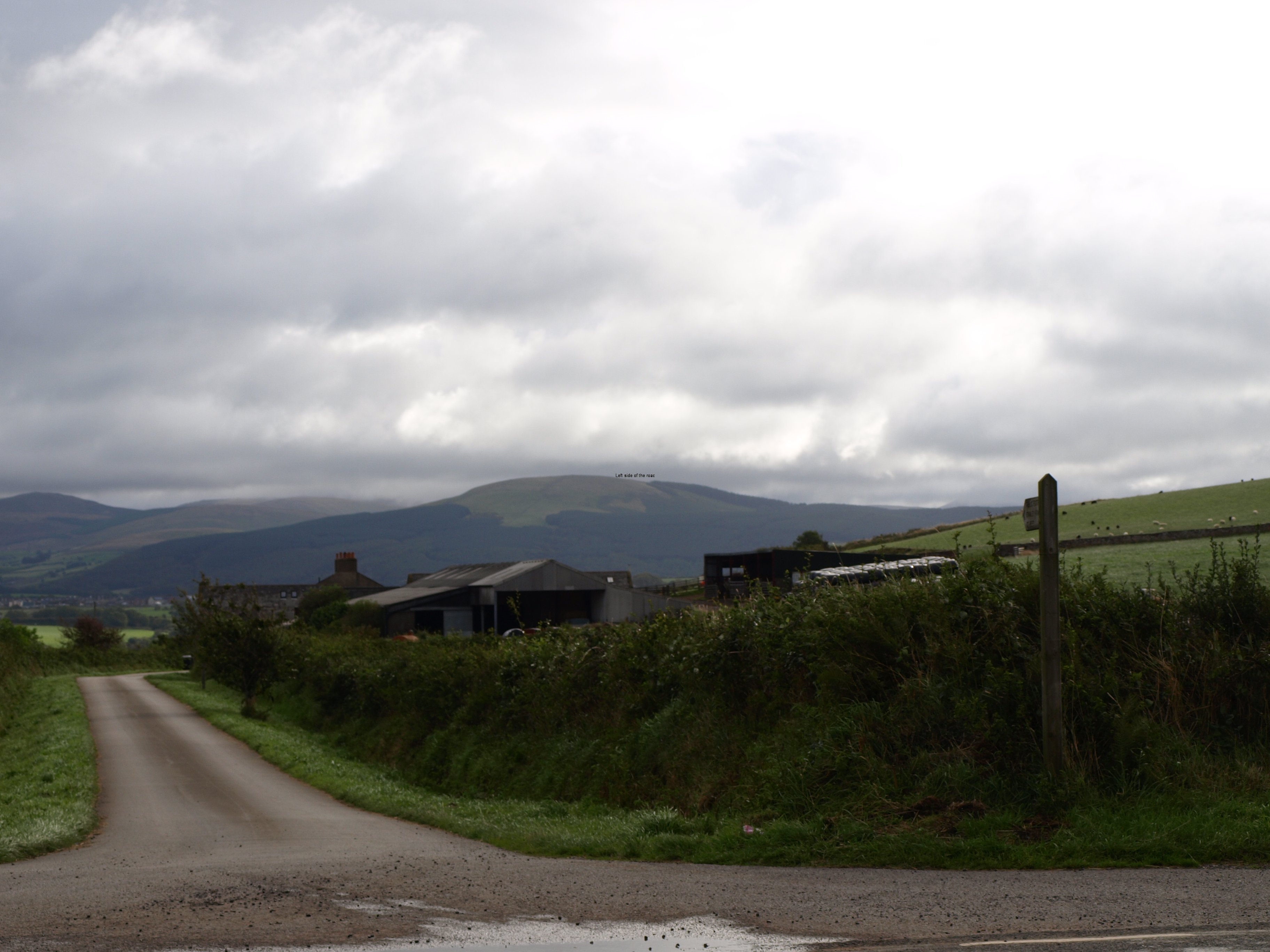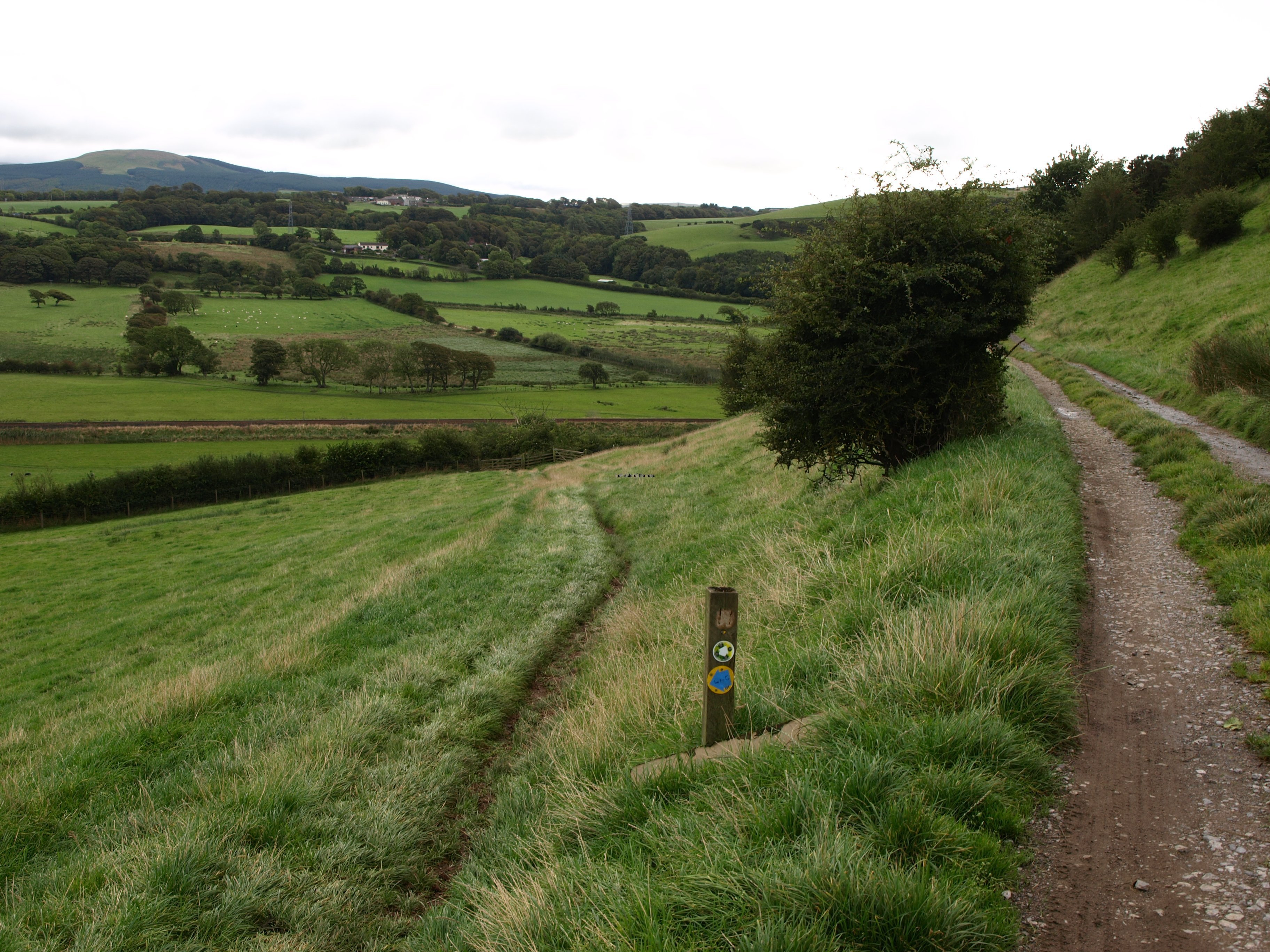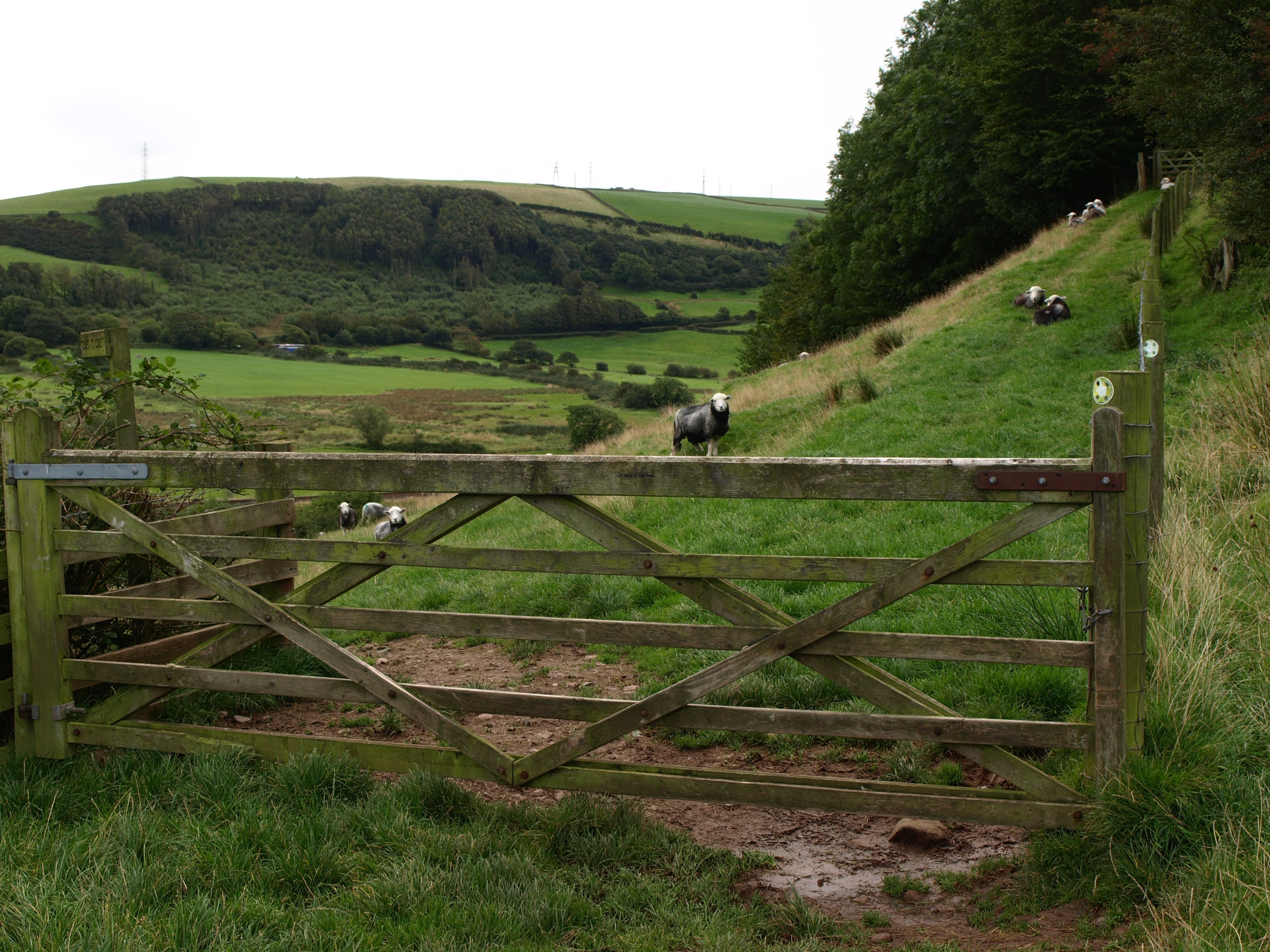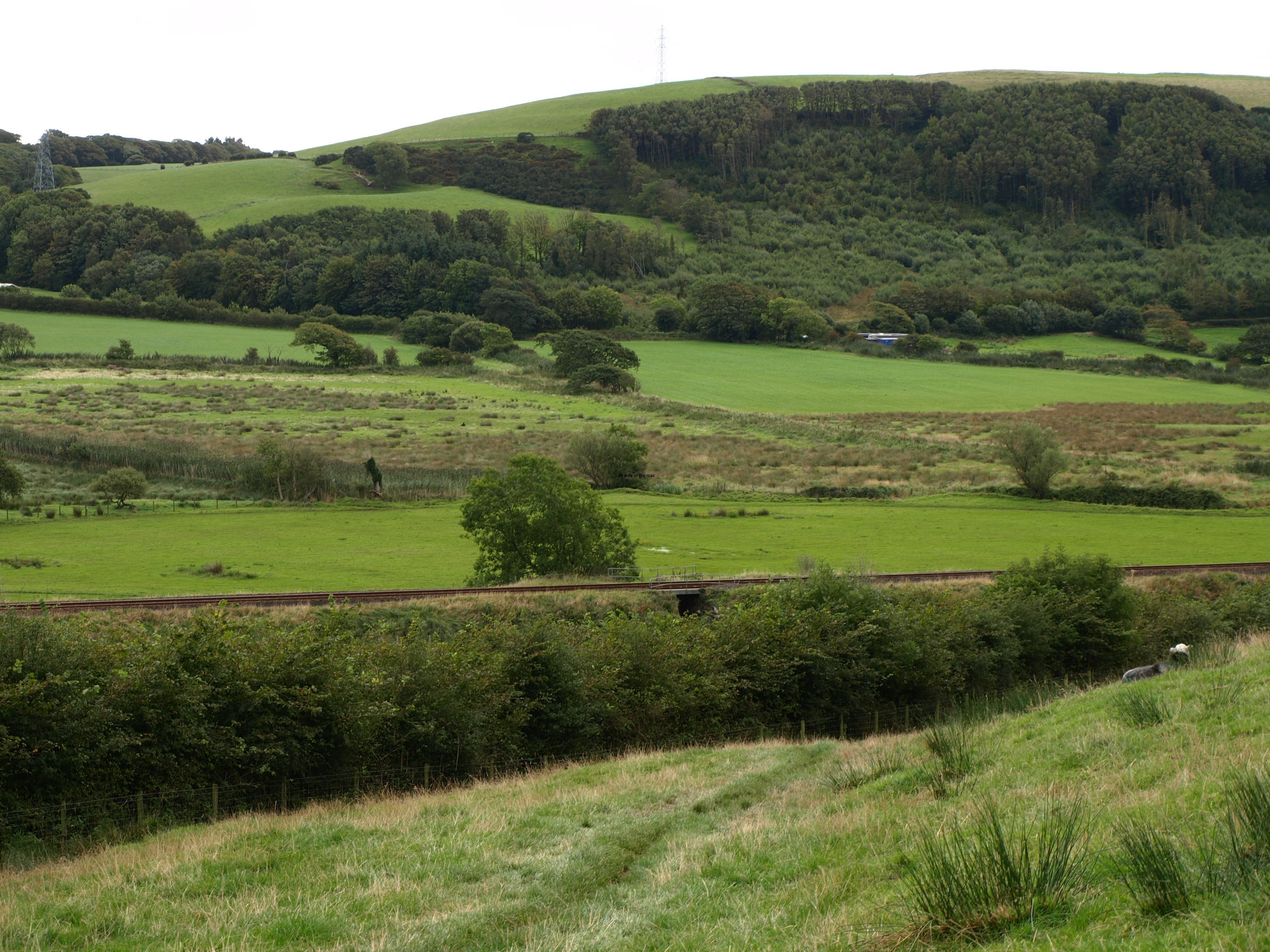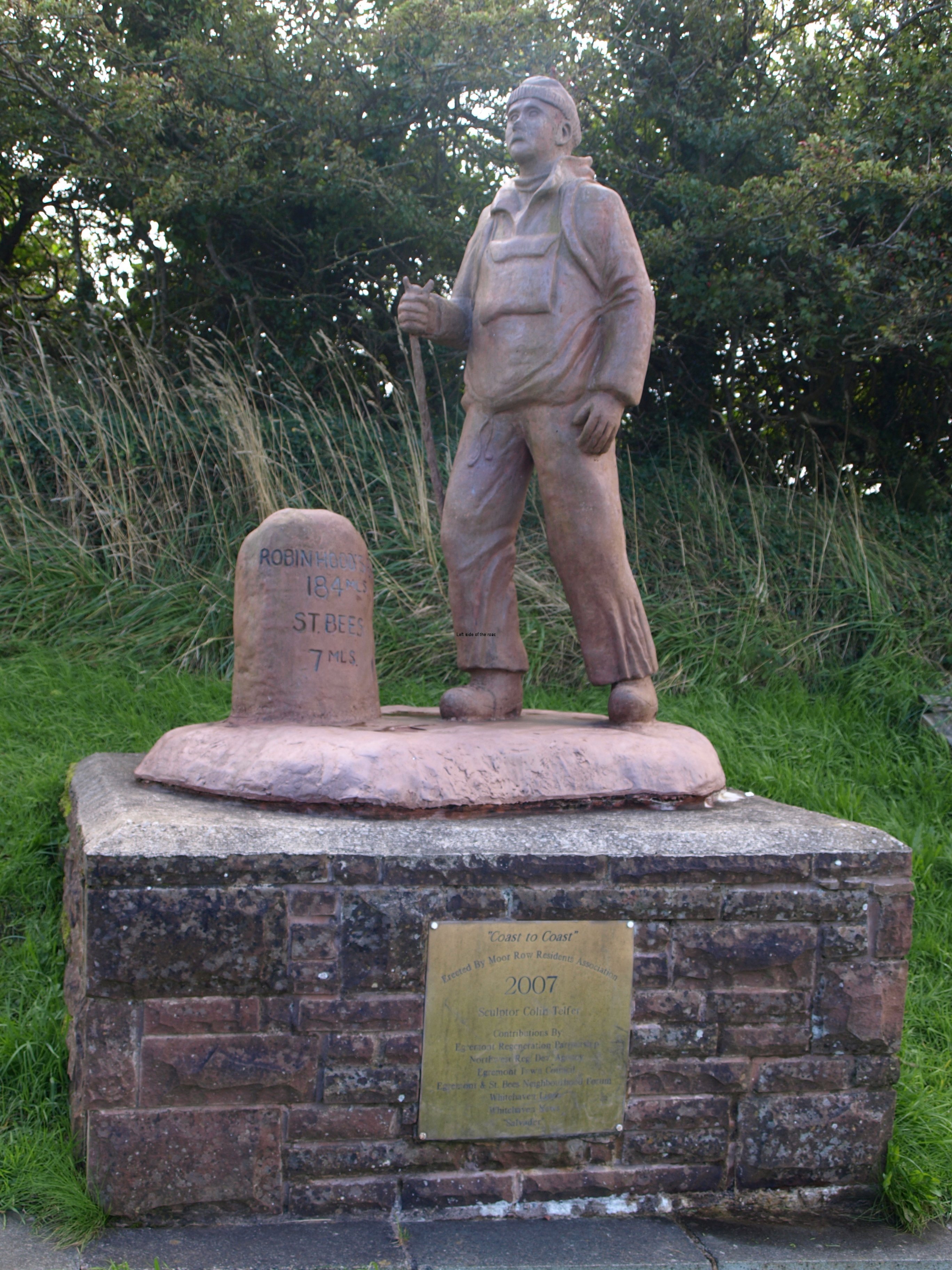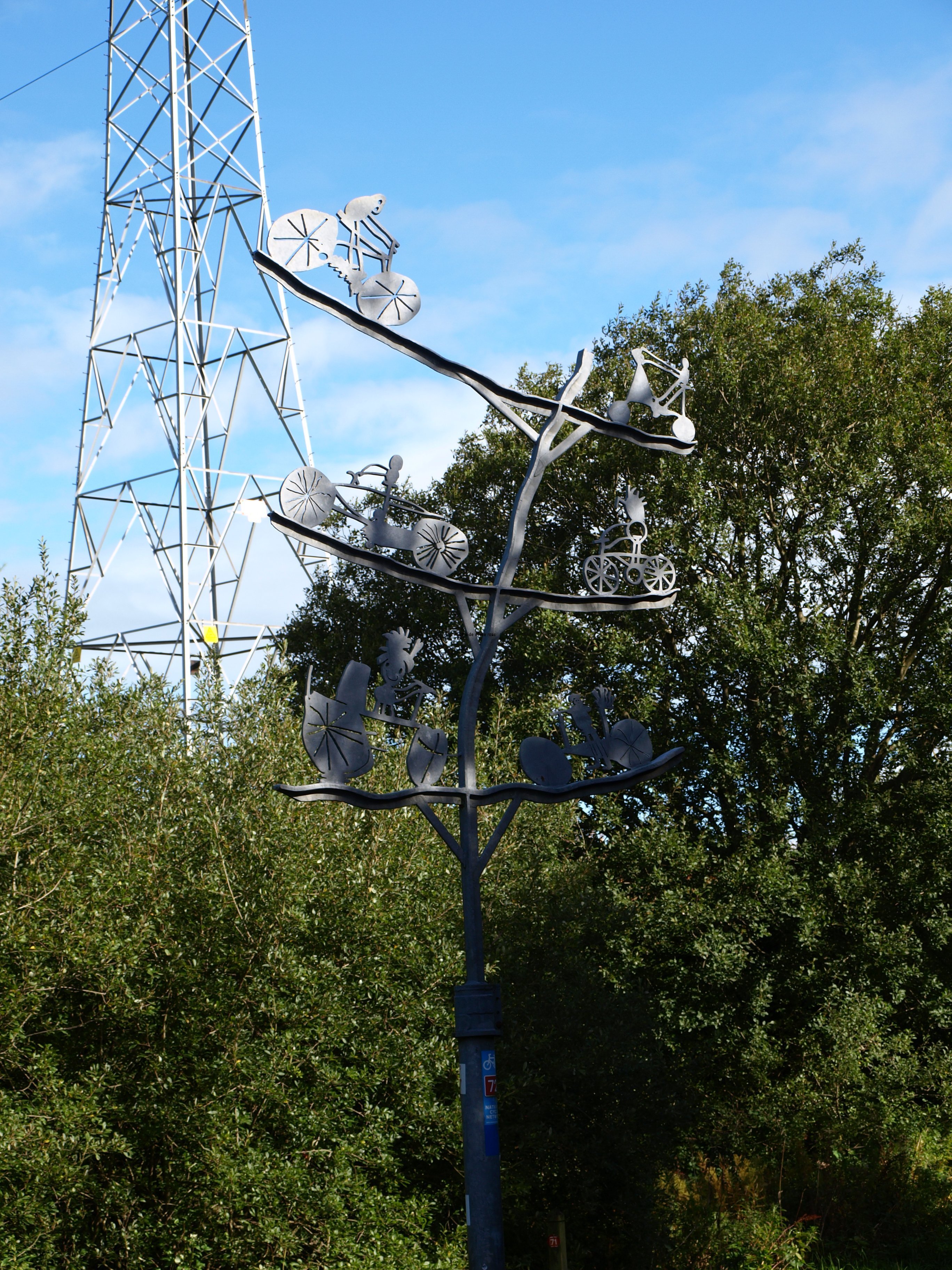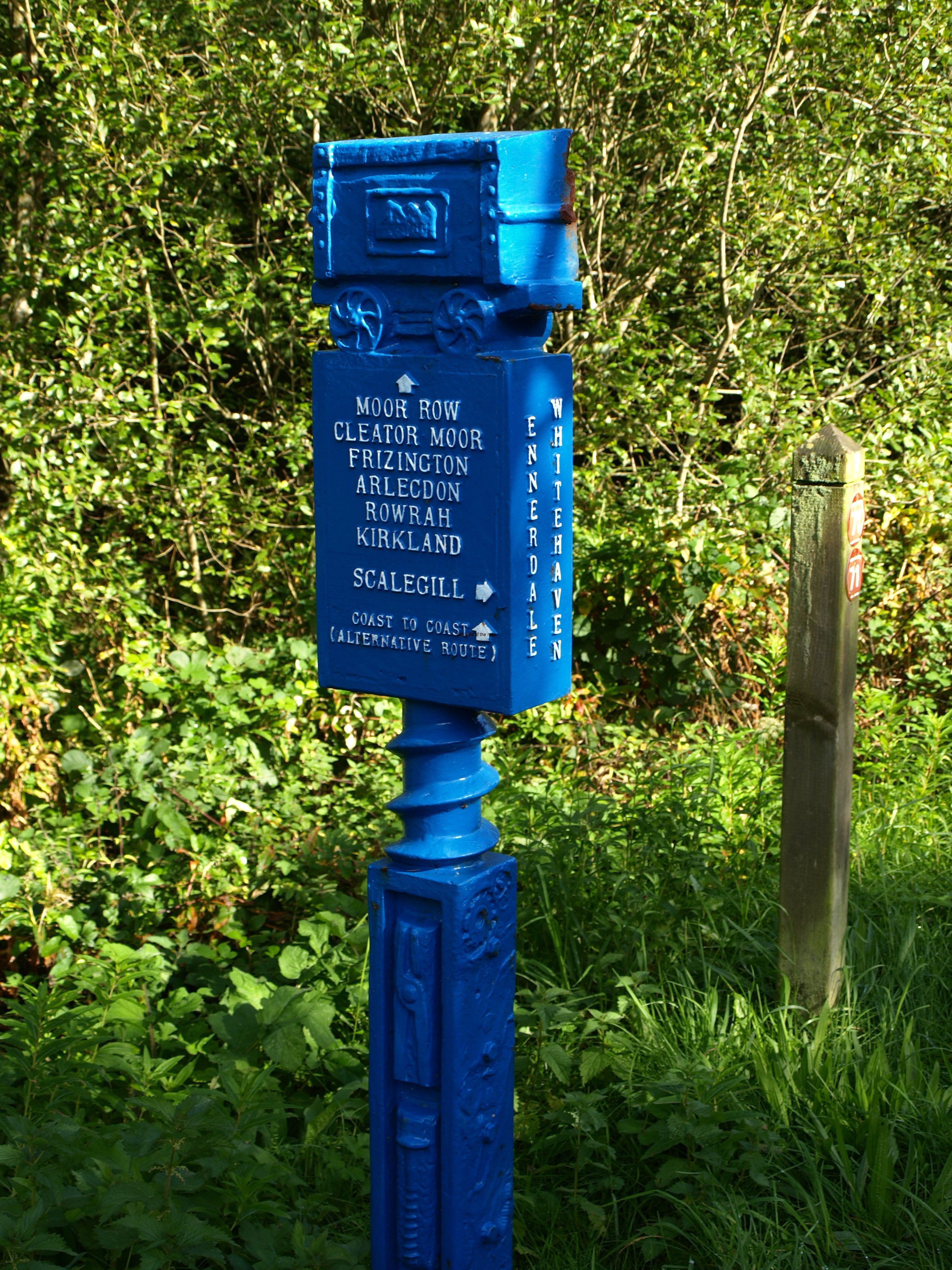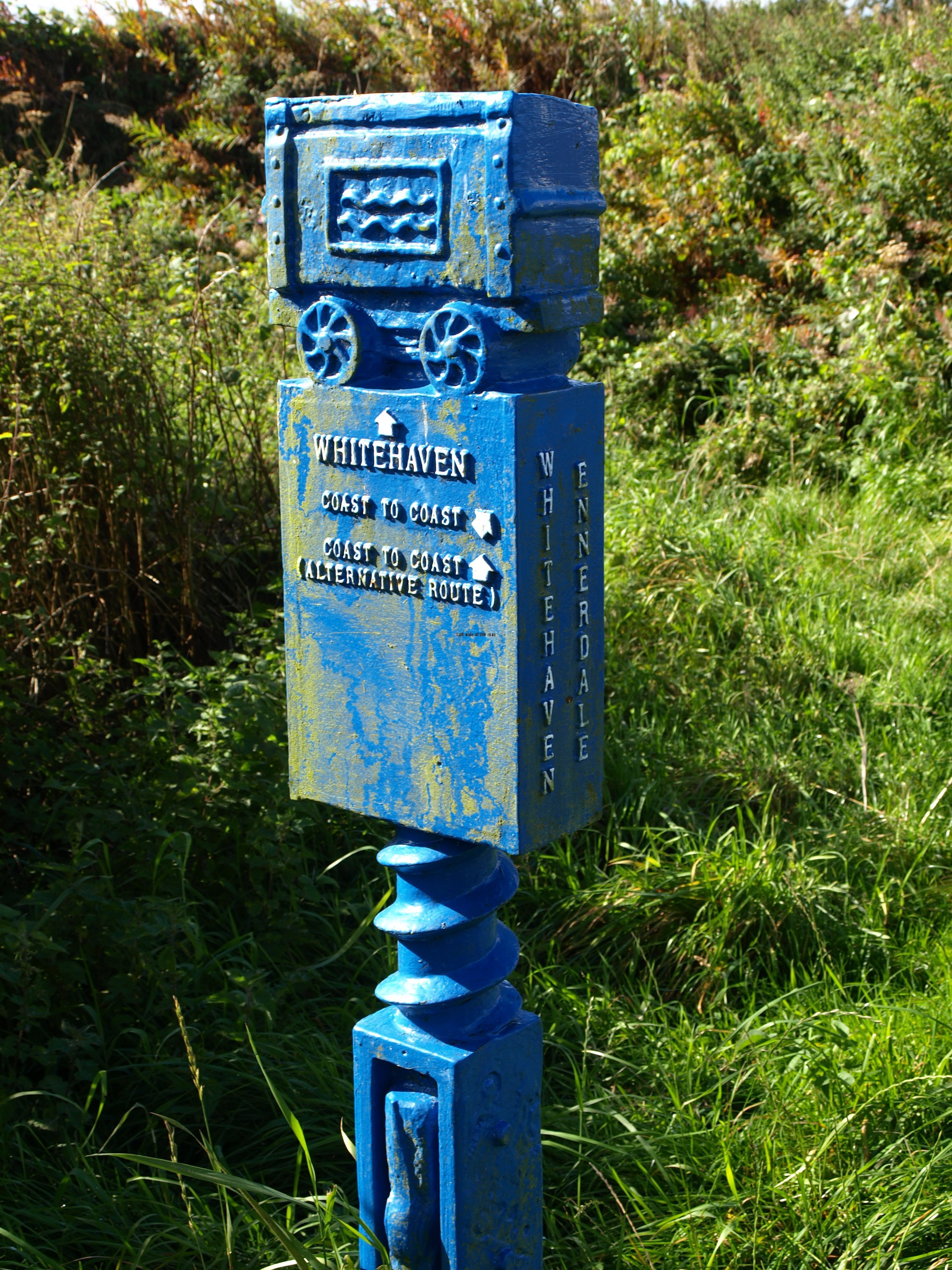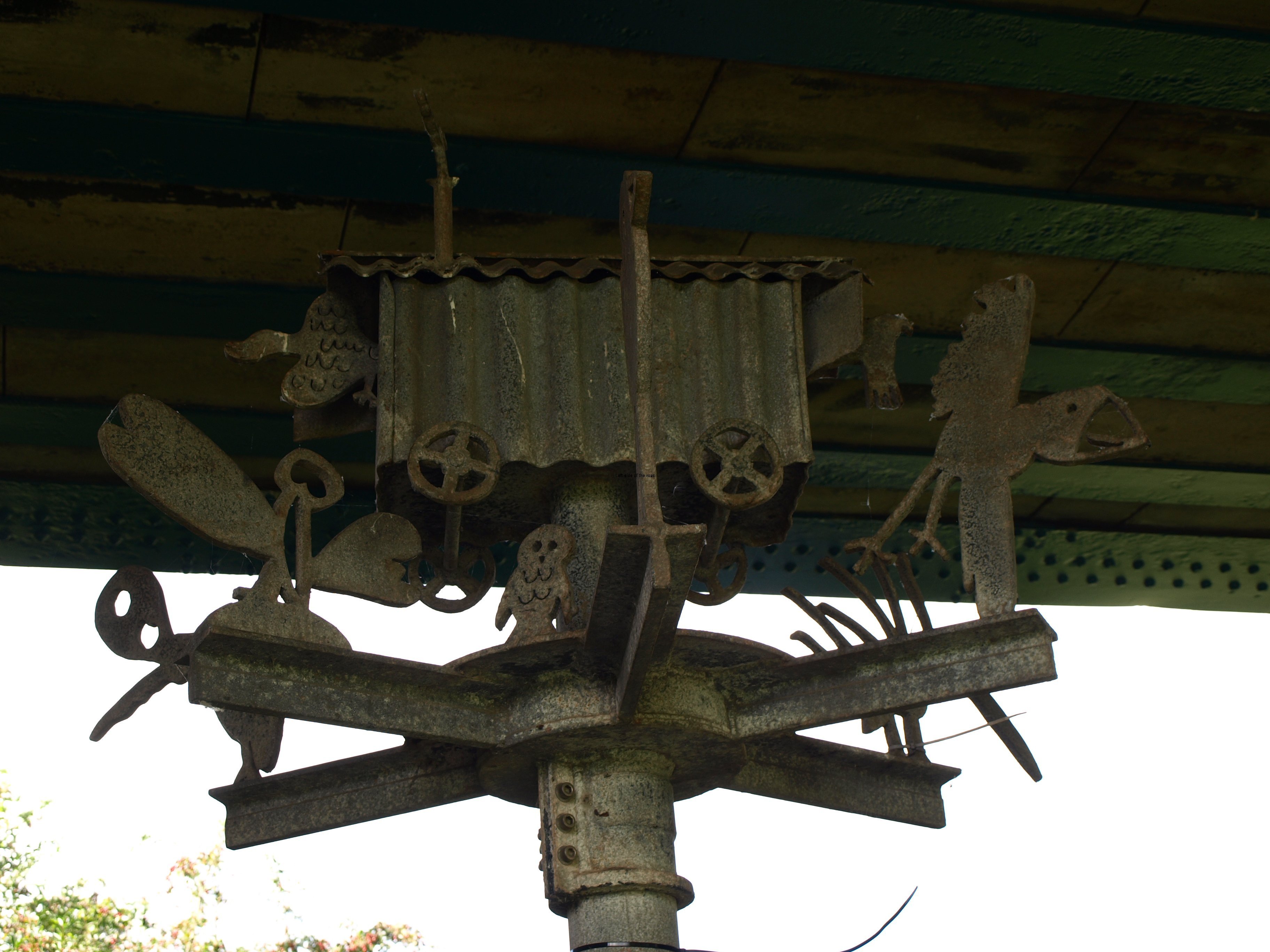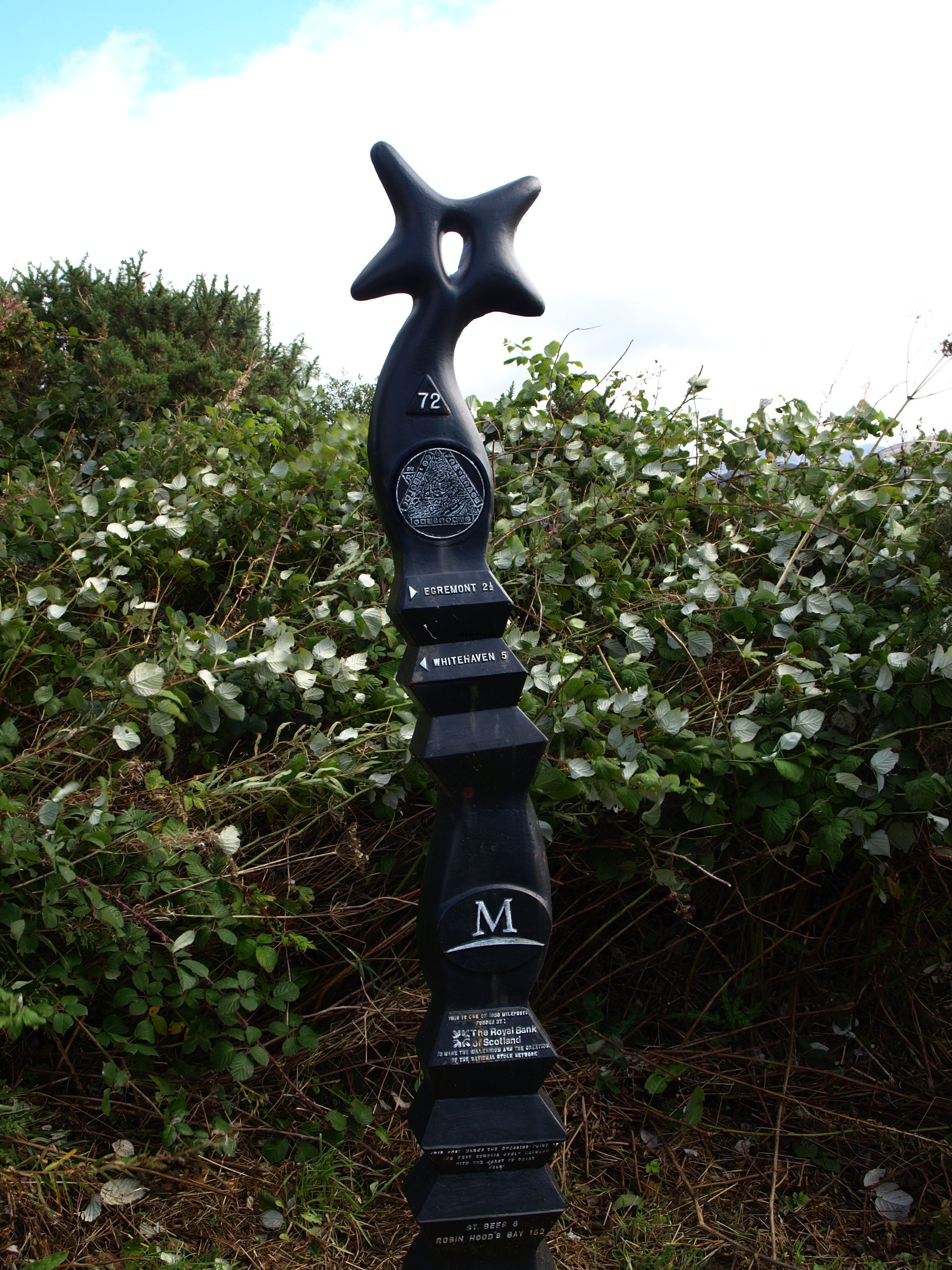Chapter 2 – Ennerdale YHA to Honister Hause
It won’t come as a surprise to the people I know that I was the optimist on the night of the 18th, predicting good, sunny weather. I was shown the value of such baseless optimism when I looked out the window on the 19th. Grey skies, low cloud, drizzle sweeping along the valley in the way that it does, a curtain of water waving its way along. I don’t know how it works but it seems as if there are places where there’s no water and places where there is. Little wind, which is always bad news as you have no idea if what you are seeing is there for the rest of the day or for a short time. Still in my optimist mode at one time when I looked out there was a bit (a very tiny bit admittedly) of blue sky. That was at 07.30 and no blue sky was seen for the rest of the day.
So even though I had a plan I put off departure. That wasn’t a problem. The route for the Thursday was not that long and I wasn’t in any real hurry.
Also I could spend time typing up my diary. I had made an attempt to do so the night before but I was too tired to concentrate (something I’ll have to bear in mind for the future). So that’s what I did, sitting at the computer, putting off the decision to leave for as long as possible. Fortunately there was no problem of being chased out of the place – which used to be one of the worst aspects of the Youth Hostels Association (and still is in some of the hostels).
The warden of Ennerdale YHA has a different approach. The whole of the place is left open all of the day, even when there’s no-one in attendance. There’s a notice on the path at the entrance to the hostel advertising that walkers are welcomed to come in for a tea/coffee plus a bun of some sort. All self-service and with an honesty box. She says it works. And one of her reasons for doing this is in order to make the YHA and its hostels more welcoming to people who wouldn’t normally visit the places.
One day, no doubt, they will discard the word ‘youth’ from the name of the organisation. Apart from school groups or other educational structured trips you don’t come across many ‘youth’ in Youth Hostels. That’s not least as there’s a segregation between the ages. If a school (or some such organisation) books a number of beds in a hostel they basically take it over. Completely. I’m sure there’s some sort of formulae but after a certain percentage of the available beds are booked by an organisation that deals with young people (even those in their late teens that might be on something like the Duke of Edinburgh’s Award Scheme) the rest of the hostel is closed to outsiders. Perhaps there’s no limit. Perhaps if 20 beds are taken in an 80 bed hostel the rest of the place is out of bounds to anything other than another, similar institution. All this in the name of ‘child protection’.
This is merely a reflection of the anal retentive, knee jerk reaction society that Britain has become. The overwhelming cases of child abuse are perpetrated by immediate family members or someone well-known by the child. High profile cases of paedophilia, of grooming (which is particularly in the public realm at the moment following a number of cases that have been given a lot of publicity) seem to brand anyone a paedophile unless they can prove otherwise. Even parents aren’t allowed to take pictures of their own children in a public place and video cameras are banned at school nativity plays in case some unknown and unspecified ‘pervert’ makes use of them. School playgrounds are resembling small fortresses in order that no-one ‘unauthorised’ can peer through the fence.
This is crazy! Where is Britain going? That’s a rhetorical question as it is obviously going down the pan. We possess less and less idea of a community as time goes on, despite the crassness of the Tory Prime Minister (who leaves his daughter in a pub) and his meaningless idea of a ‘Big Society’. It was the people from his class that used, promoted, enjoyed and benefited from the huge explosion of child prostitution in the 19th century, especially in London. Yet all they do in all their policies makes such abuse of the young and the vulnerable more likely, not less.
The policy of the YHA of getting people from all ages into the ‘movement’ hits a barrier as soon as there is a likelihood of the different generations actually sharing the same space. This assumption that someone is guilty until proved innocent leads to the obscene and illogical situation where adults won’t help a child in a vulnerable situation because of the fear that they will be considered the abuser and not the Good Samaritan and there are a number of documented cases where this has led to the death of a young child. The argument, often used in these cases, that all is valid if it ‘saves one child from harm’ is spurious if by fragmenting society in such a way adults don’t feel that it is their social obligation to help children if they find themselves in a potentially dangerous situation.
Their policy of opening out won’t gain full success until they make the hostels they manage available to all who want to use them in an atmosphere of trust and cooperation – an atmosphere that exists in most other European countries.
The YHA won’t survive unless it becomes a more open organisation. Denying people access to a bed in an isolated location in the countryside under the guise of child protection will mean many places will become financially unviable. That can be seen by the move of the institution to create hostels in major cities and urban areas where there is a demand for cheap, basic and secure accommodation. It is only if these places earn enough money and there is a structure of cross-subsidisation that the more traditional and rural hostels will have any chance whatsoever of lasting into the future.
That’s the end of that opinion.
So I spent a couple of hours at the computer typing but there came a time when I had to move. Though only a short 7 mile walk it had to be done, whatever the weather conditions. I took my first, and only, photo of the day – which was of the hostel in the rain, packed everything in as water-proof a manner as possible, said my farewells, and left the building dressed ready to face the worse rain storms that the Lake District could throw at me.
Then the rain stopped!
As soon as I got to the forest track – no more than 50m from the hostel – the rain stopped.
I couldn’t believe it!
I spent the next hour walking along a more or less drivable track virtually poaching in my own heat. This was England, this was the Lake District, if it stopped raining and if the skies didn’t turn blue the chances were odds on that it would start to rain again, but it didn’t! So without a drop of water getting through my clothing I was soaked – or so I realised once I had reached the hostel at the end of the days walk.
The rain this day, that I thought was a curse, was actually beneficial in more ways than one. Firstly it had allowed me to catch up on the diary and secondly the late start had precluded any attempt at the high level walk – for reasons of time and also because even though it became clearer at the lower levels the tops were still in the mist.
But as I was walking, now sweating like a pig as the attempt to keep water out was keeping most of the moisture in, at a damascean moment I realised that going up to the high levels with what I was carrying and with the timetable I had decided was bordering on the imbecile.
On the route there are enough hills you MUST climb without looking for others. The distance itself is a challenge without trying to achieve as many as possible summits along the way. Perhaps such idiocy is reserved for the very young and the very old. Perhaps the rain of the morning of Thursday the 19th of September saved me from making a foolish decision – but I’m sure I’ll be making a few more mistakes before reaching the North Sea. I have to remember that I still have 191 miles to go!
Met up with another walker at the Black Sail YHA (undergoing a major renovation at the moment) and although he said during our conversations that he would have carried on if I had not turned up he was (self-admittedly) totally unprepared for the route. His daughter had turned back very early in the day due to a knee problem and had taken with her all the information they had about the walk. That might not have been much (again as he admitted) but without it he would have put himself in a potentially dangerous situation.
I’m not going to be over critical here as I’ve done such foolish things in the past – and lived to tell the tale – but this is not terrain you can treat with contempt, especially with the weather conditions prevailing on this September day. Yes, the rain had stopped but there was still low cloud and it could have come lower at any moment. Added to that once arriving at the plateau of Grey Knotts there was a viciously cold, bitter westerly wind. If you knew where you were going and could get out of it as soon as possible it wasn’t a real problem. But if you found yourself floundering in a wilderness it could easily have become a killer. We did pass a group of walkers on our way down but if he had been on his own and had taken a path away from them he might still be up there now, and in these conditions forever.
I’m carrying a GPS and have vowed not to depend upon it for route finding (if at all possible) but it is invaluable as a tool to confirm that you are where you think you are. That confidence boost is probably one of the most positive aspects of this recent satellite technology.
So today worked out OK, and very much better than I expected at 11.45. It was always going to be a relatively short day, with an interesting, though quite steep climb along a very well constructed ancient mule track. The weather was ‘kind’ in that I didn’t get rained on – although my shorts were soaking wet when I arrived at the hostel, even though not a drop of rain water had got close, it was all condensation. I’m thinking of inventing a water-proof skirt that can be worn over shorts to keep them dry whilst at the same time allowing a free flow of air.
And I only fell down once, less than a minute after meeting up with the other walker. It’s almost a rite of passage that when I meet up with someone I fall over.
Due to the policy of YHA to keep adults out of hostels when they had school groups (as is part of my diatribe above) I couldn’t stay at my preferred place overnight, which was the Borrowdale YHA (just over an hour further downhill from where I writing this now). The time I ‘wasted’ waiting for the Honister Hause YHA to open could have been usefully spent walking down into the valley, allowing for a shorter walk tomorrow. But that was not to be.
The forecast for tomorrow is supposed to be good and this time it’s not me who’s the optimist. After recent experience I’ll go against my nature and just take it as it comes.
The weather was so uncertain that the only picture I took during the whole day was the one at the top of the Ennerdale YHA – taken to record where I stayed. That was a pity as if the weather had been decent there are good views over Wast Water and Scafell which looms above it.
So at 15.25 on the afternoon of Thursday 19th September it was 26 miles down, 174 to go.
Practical Information:
Accommodation
Honister Hause YHA
Closed from 11.00 in the morning until 17.00. This is a bit of a bind as although the porch is open it’s merely shelter from the elements and not particularly warm or comfortable. One of the problems since the Youth Hostels started to provide alcohol and a small shop is that not all of them can secure these areas when no one is in attendance – this is the case at Honister Hause. The ‘honesty box’ might work in Ennerdale but I don’t know if the alcohol supplies would survive the visit of a group of Cockneys.
Does evening meals – see prices from previous posts. Bottles of Cumberland Ale a bit cheaper than the night before at £3.05.






